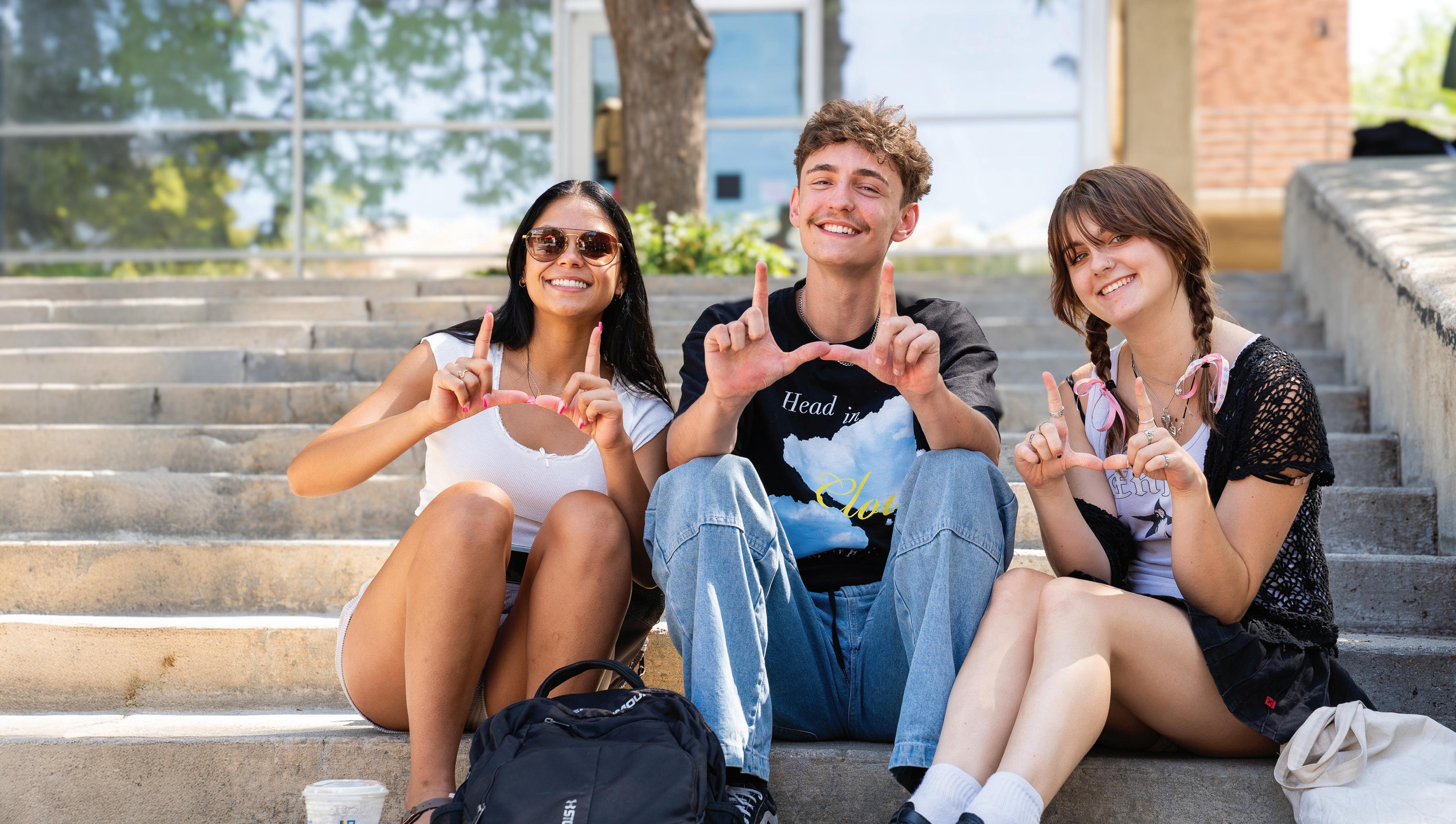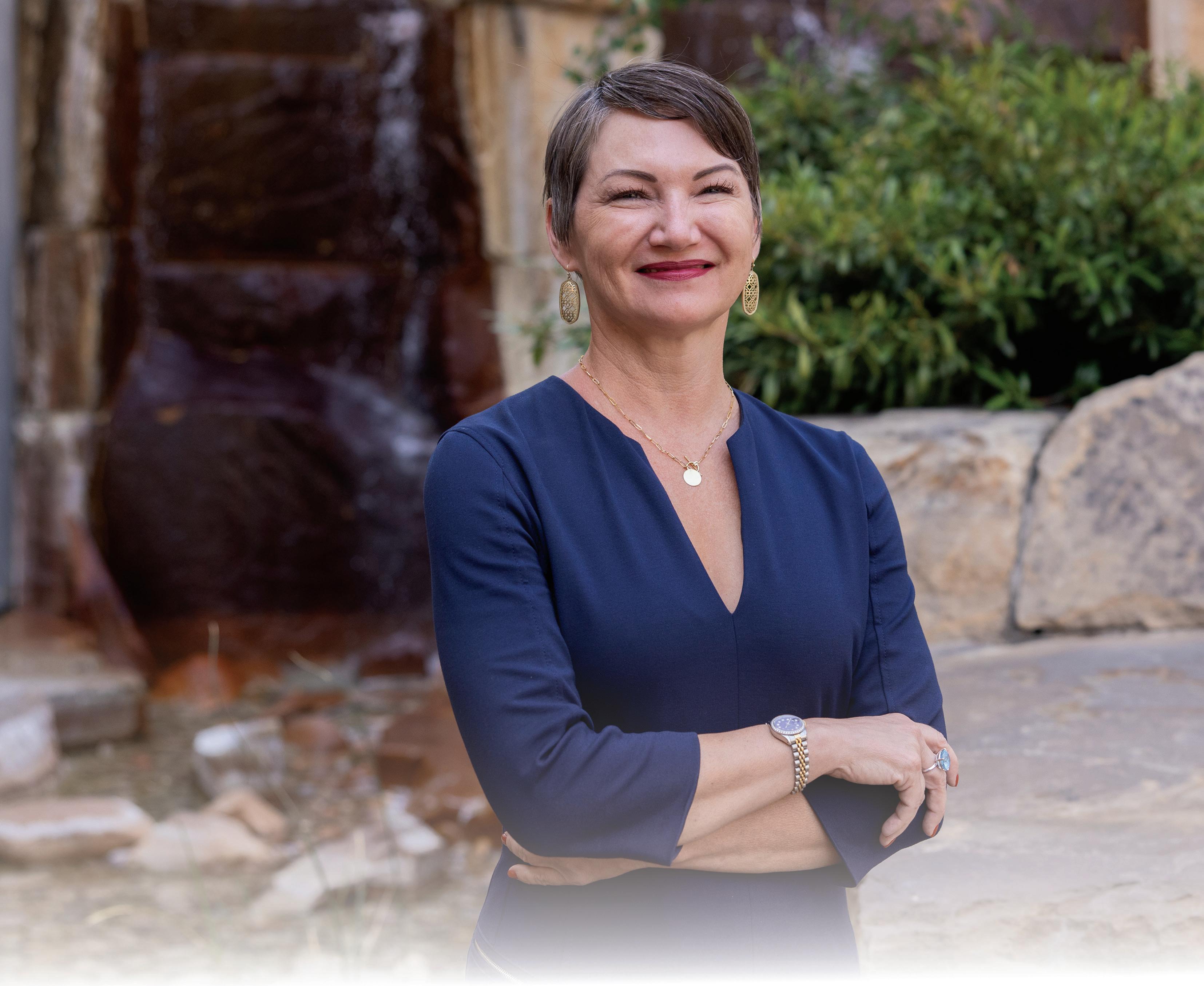
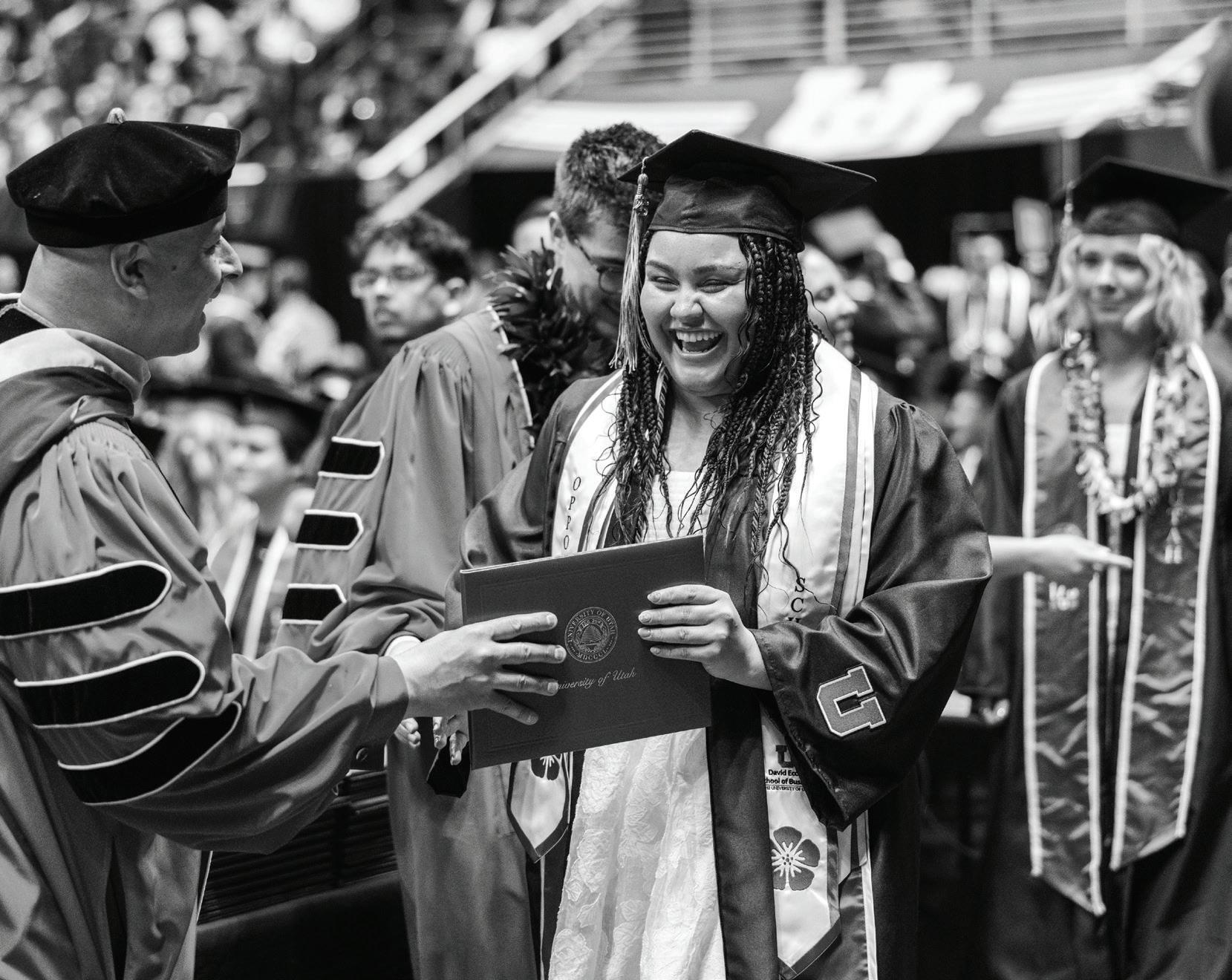
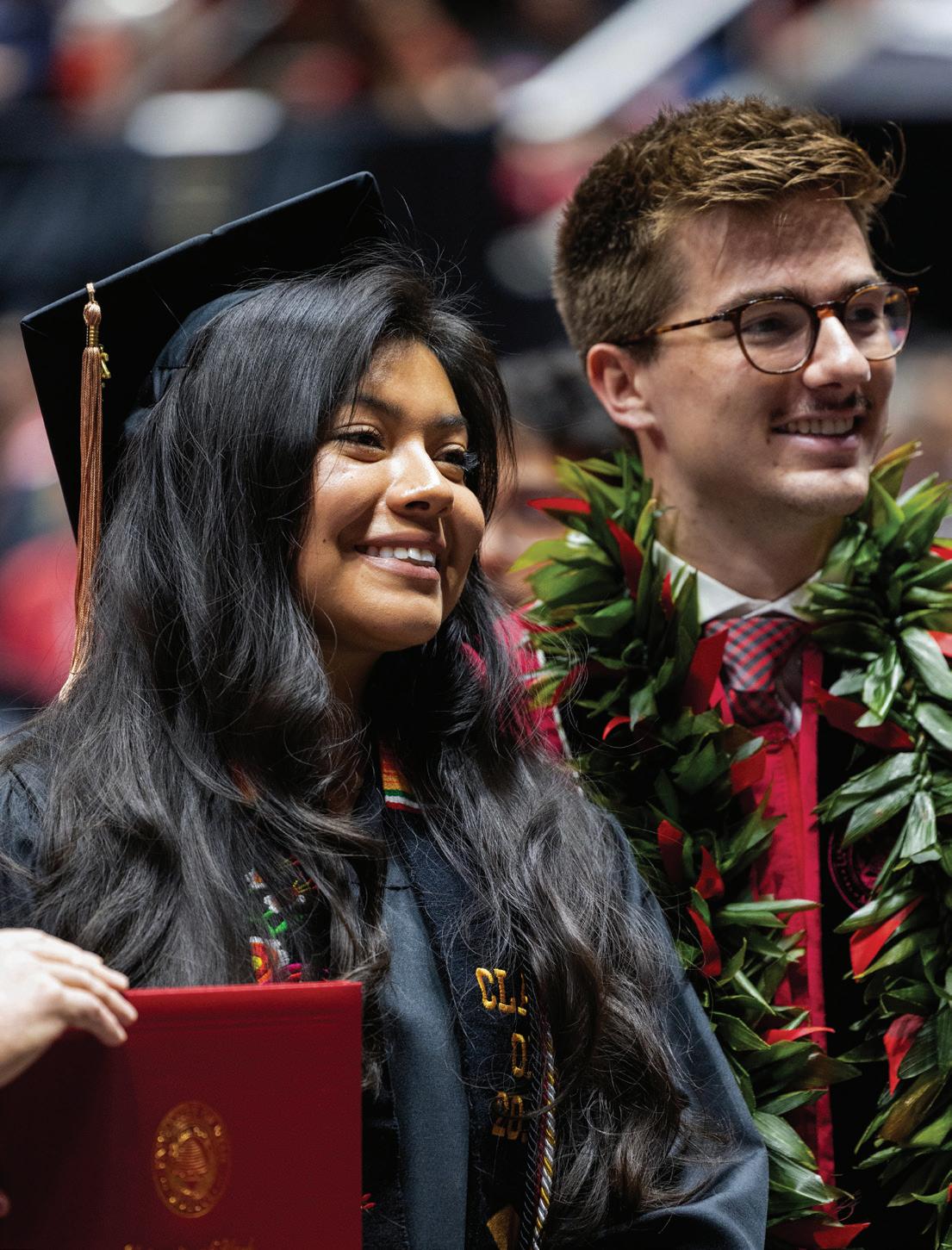
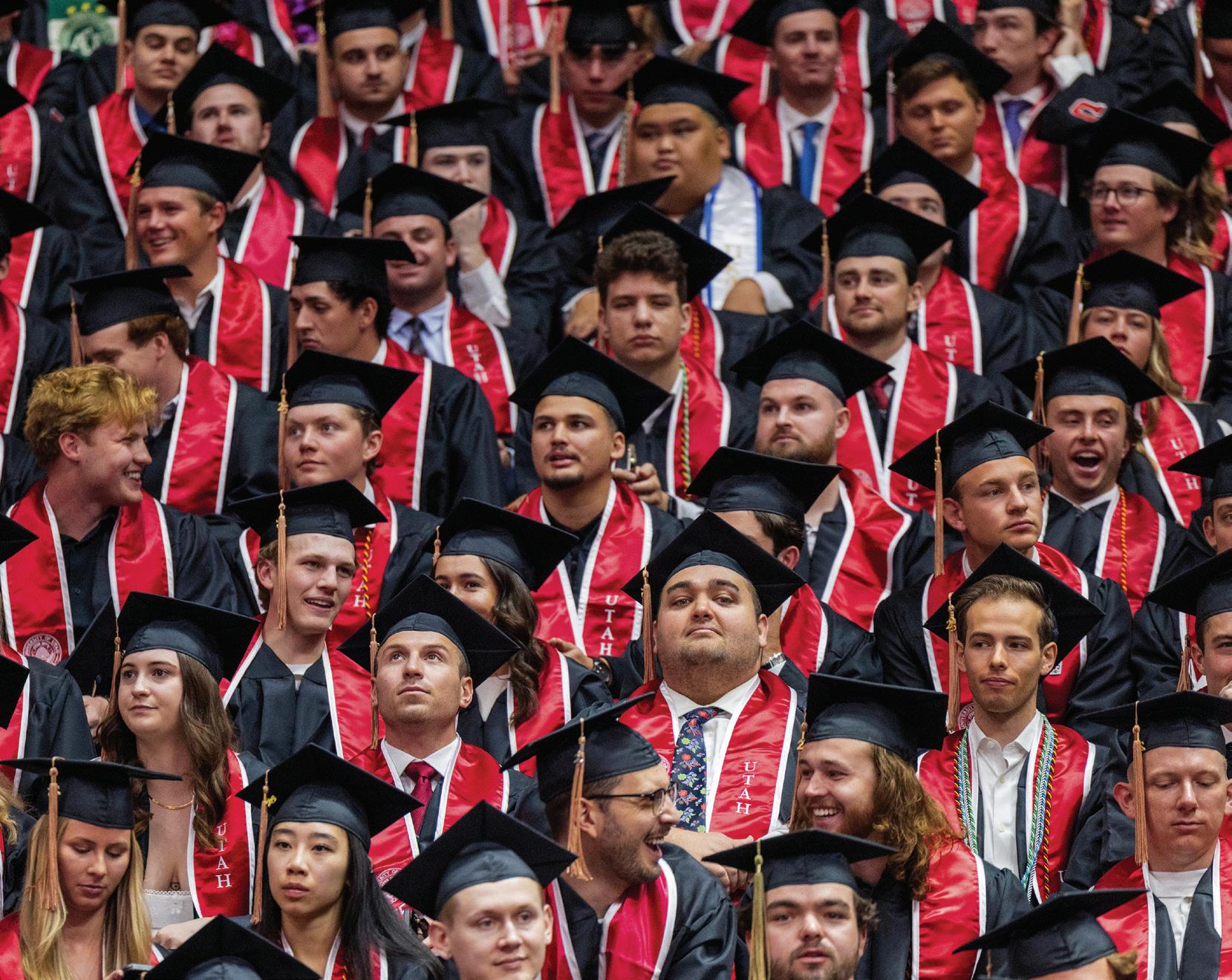





Student speaker Kaylee Hodges (above), receives her diploma during the David Eccles School of Business graduation ceremony in May. Approximately 1,800 students graduated from the Eccles School this year, including around 1,000 undergraduate students and around 800 graduate students. Graduation ceremonies were held at the Jon M. Huntsman Center at the University of Utah, with the procession led by a band of bagpipers to honor the Scottish heritage of the Eccles School’s namesake, David Eccles.

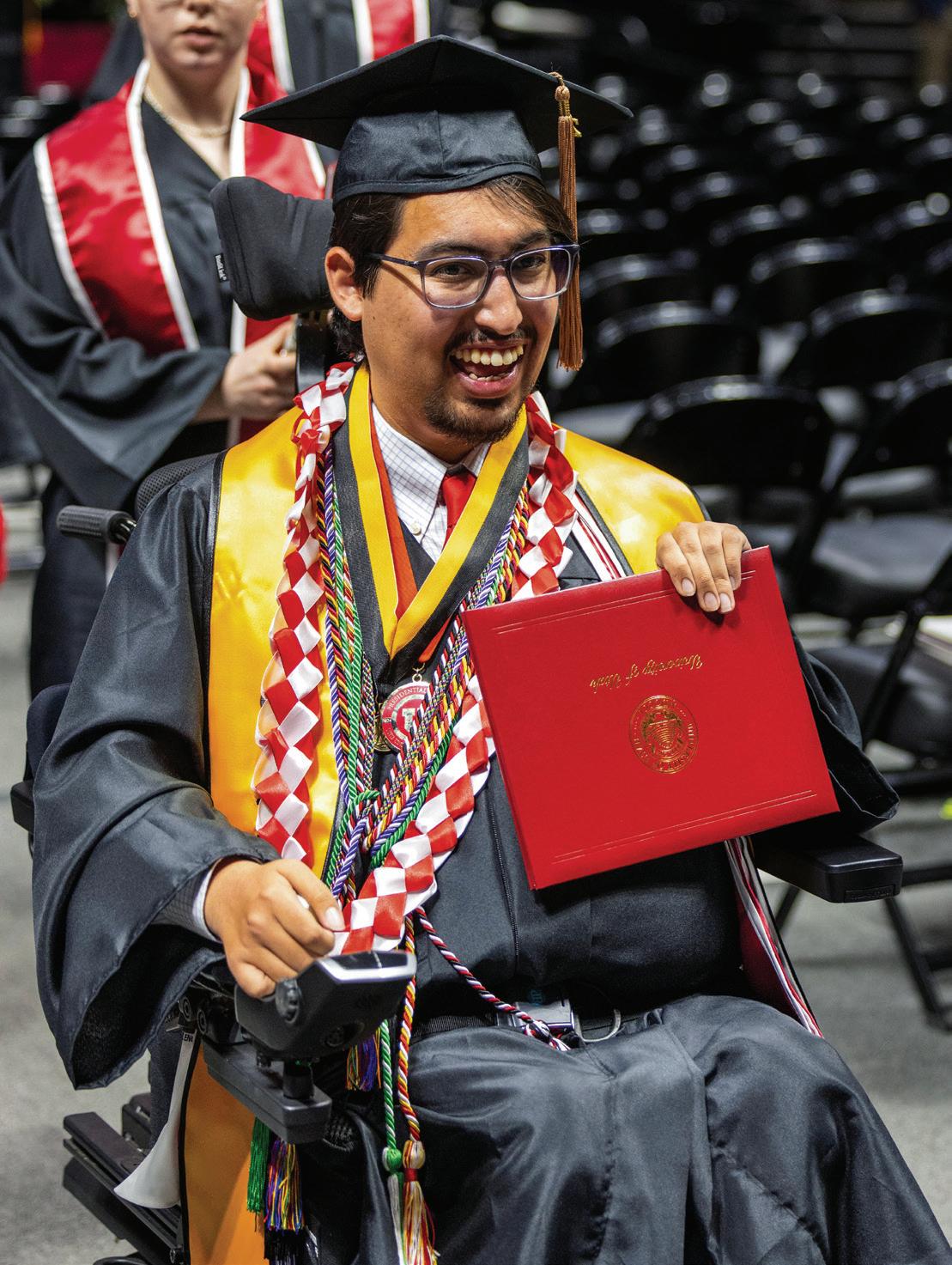
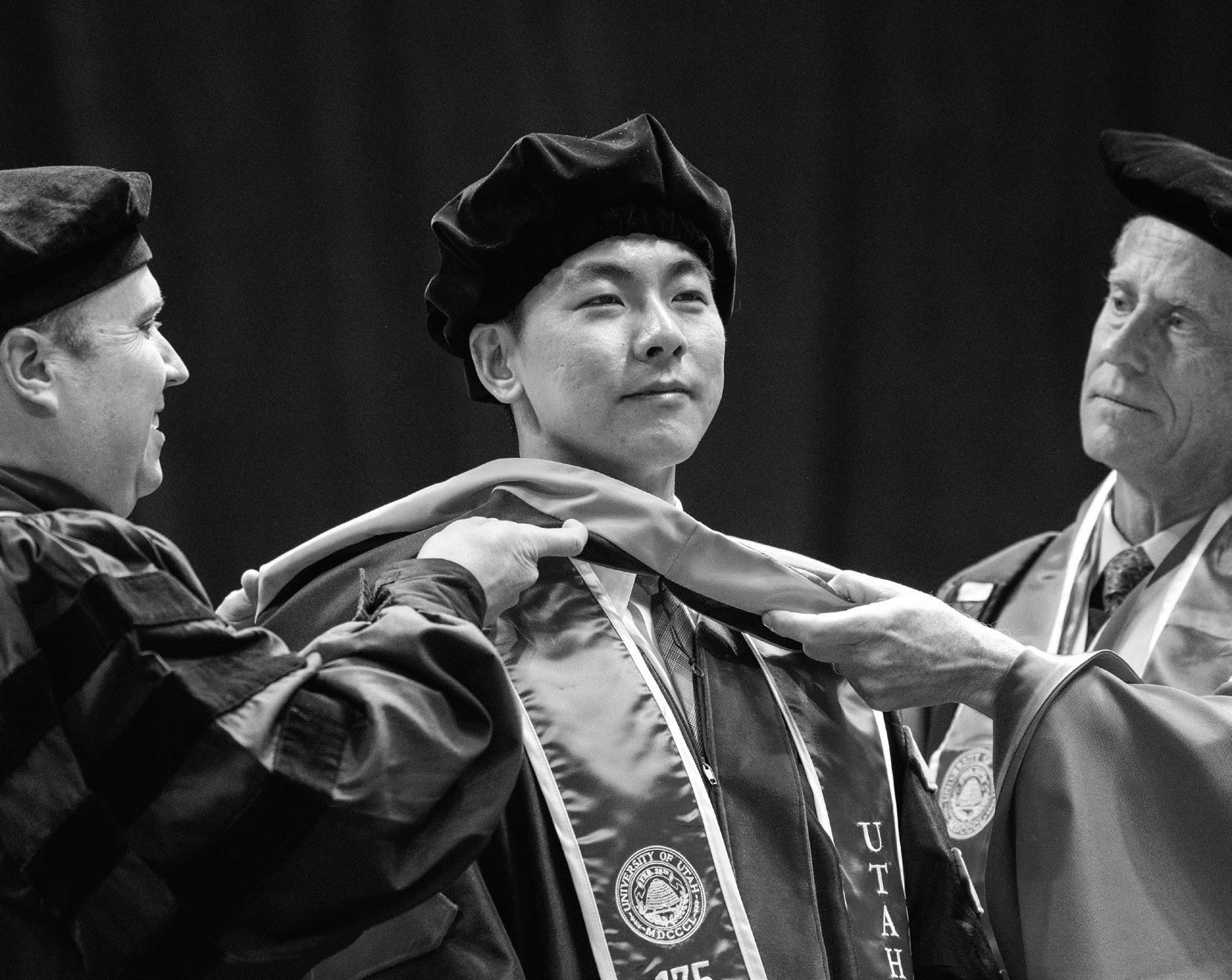
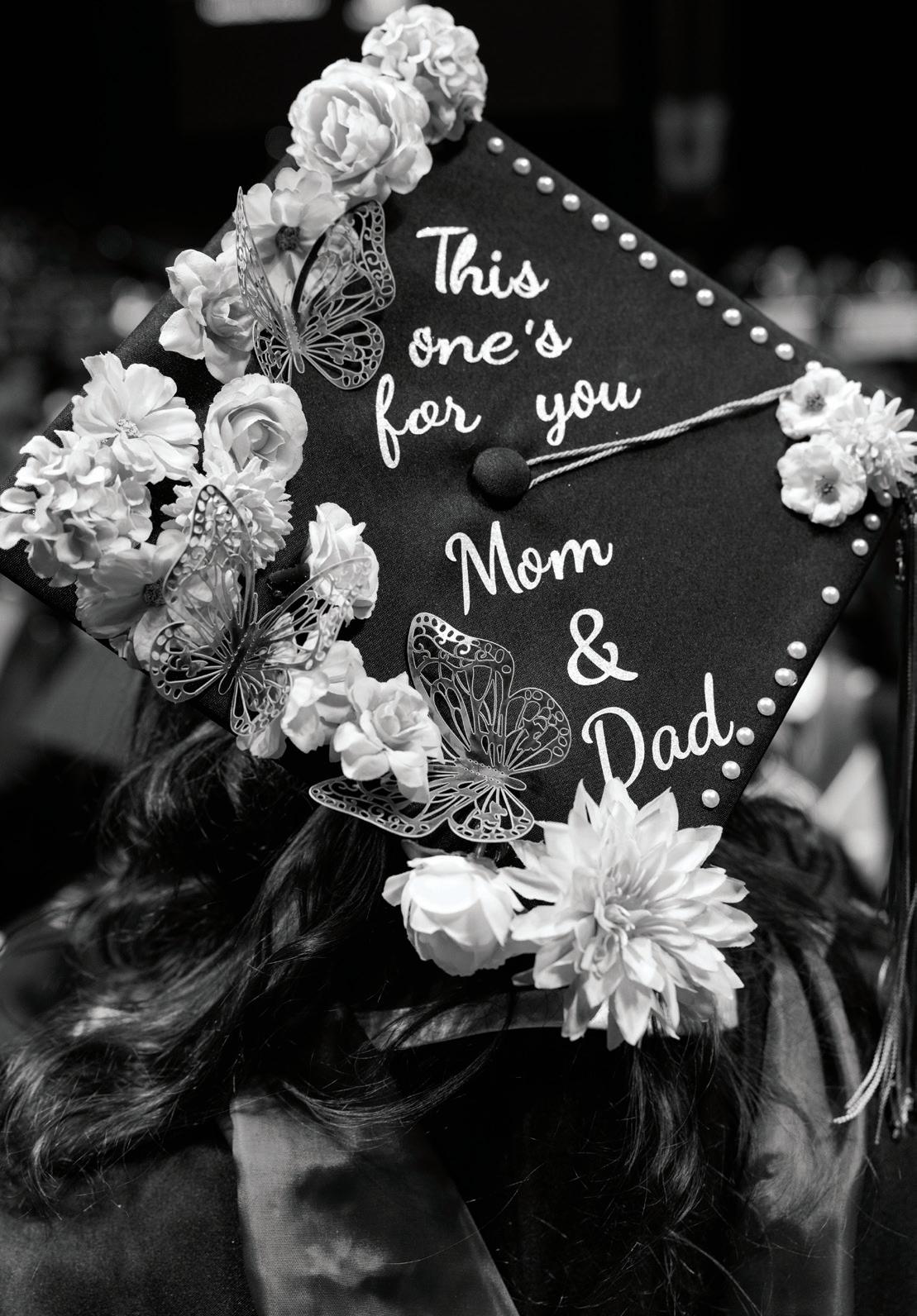
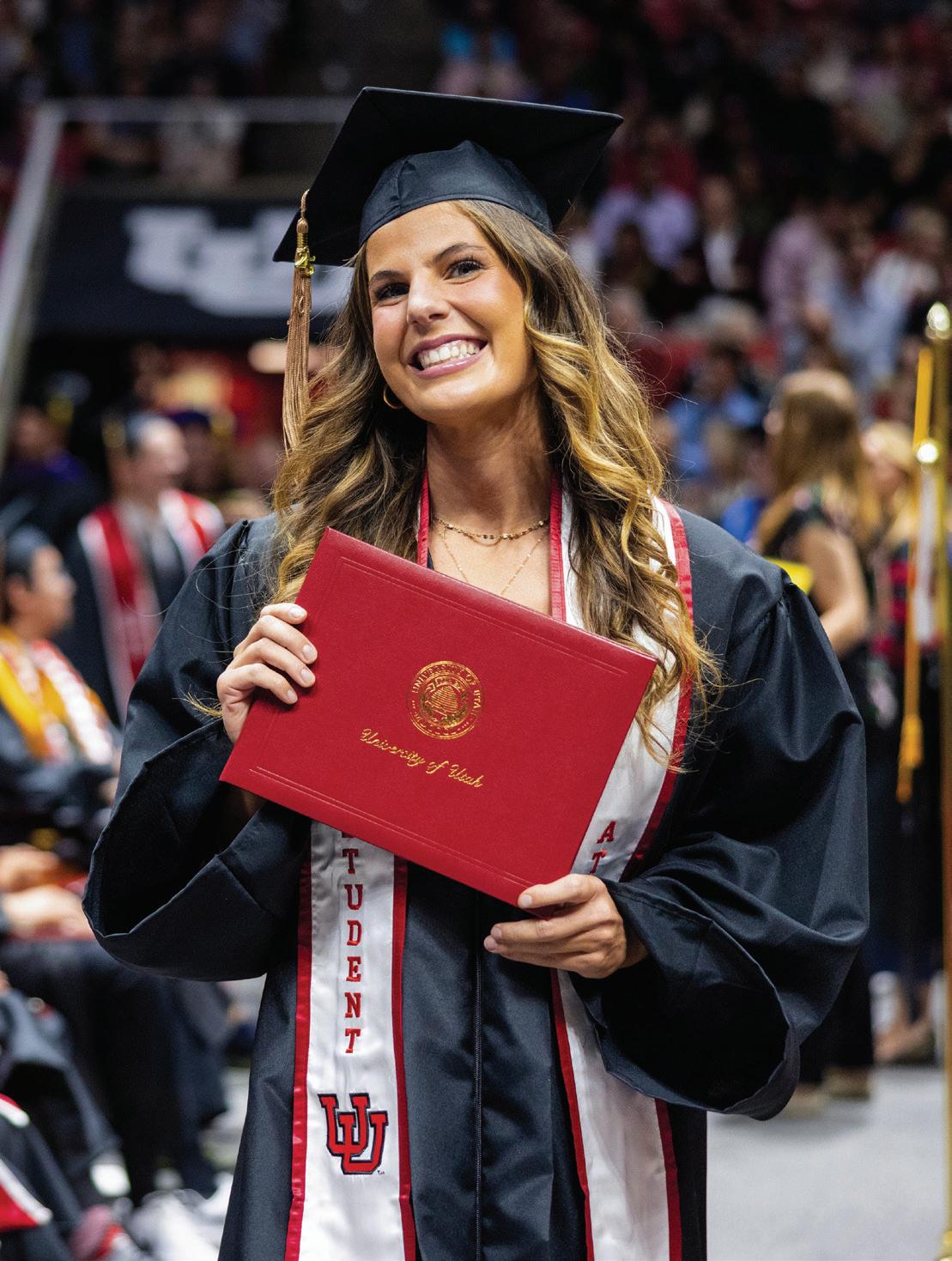
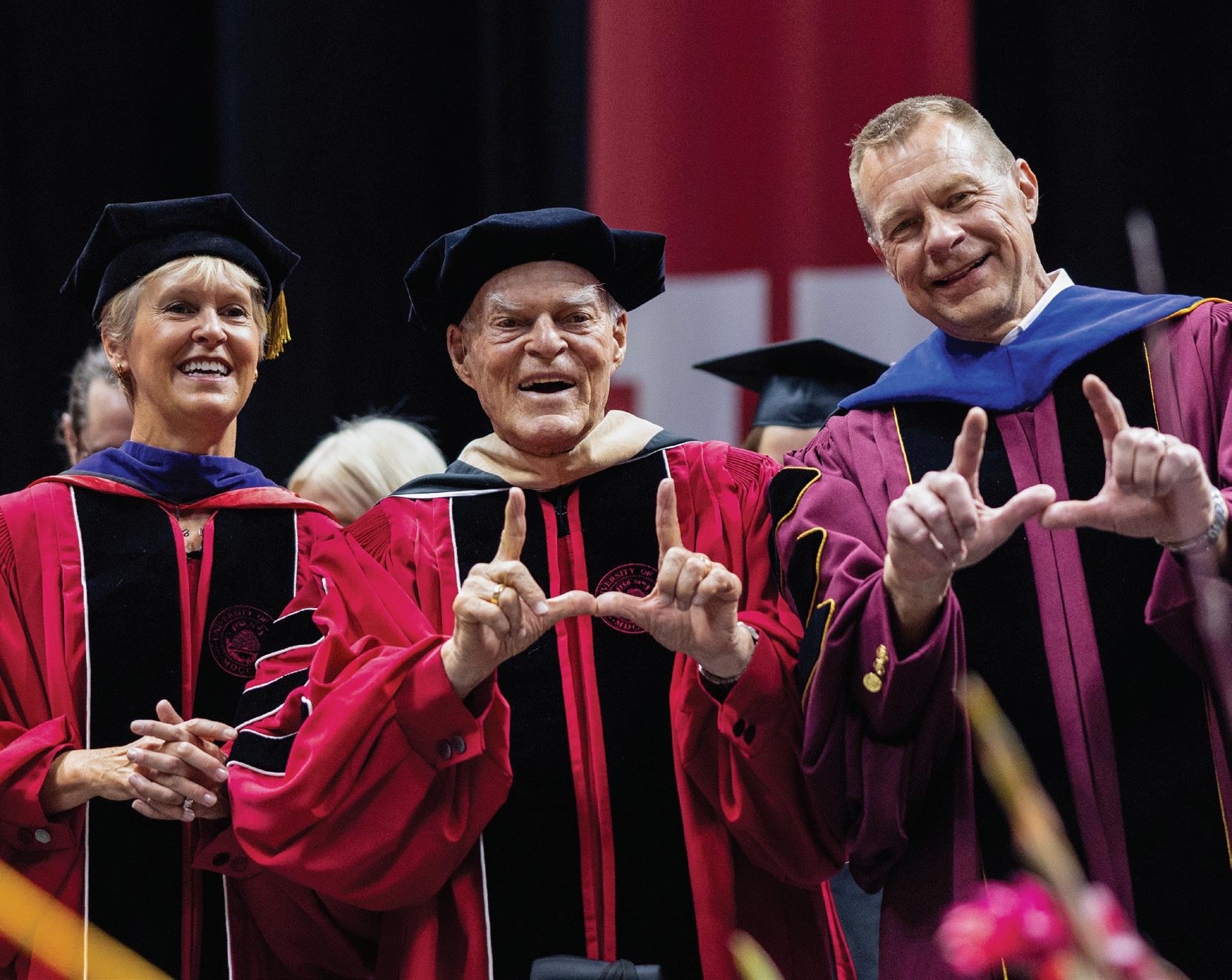
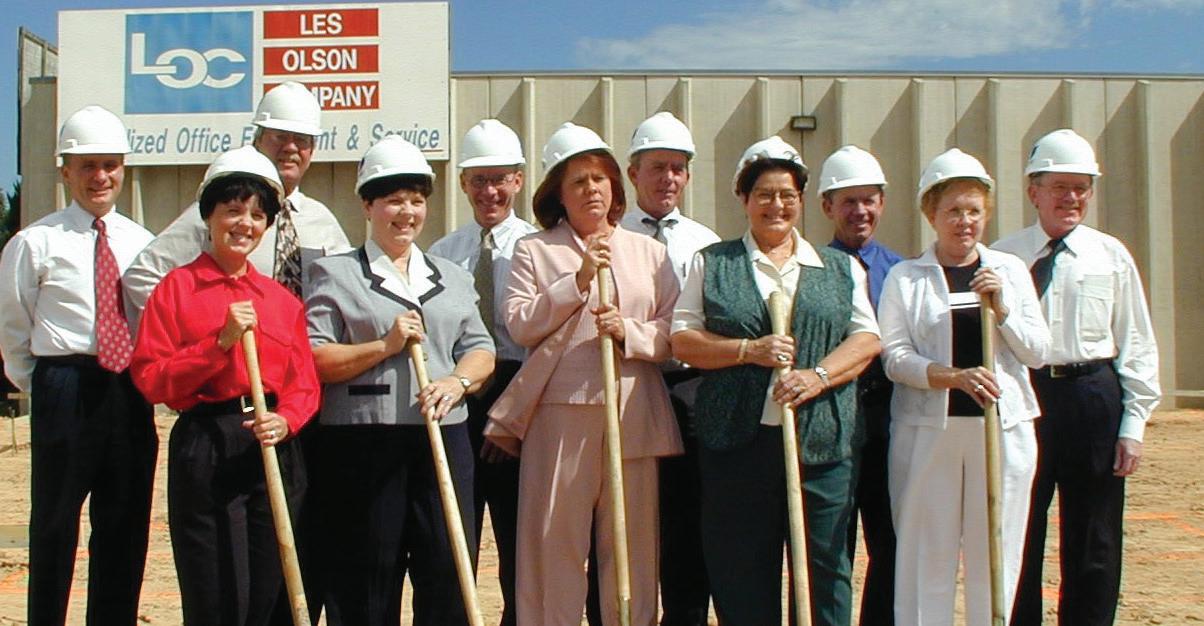
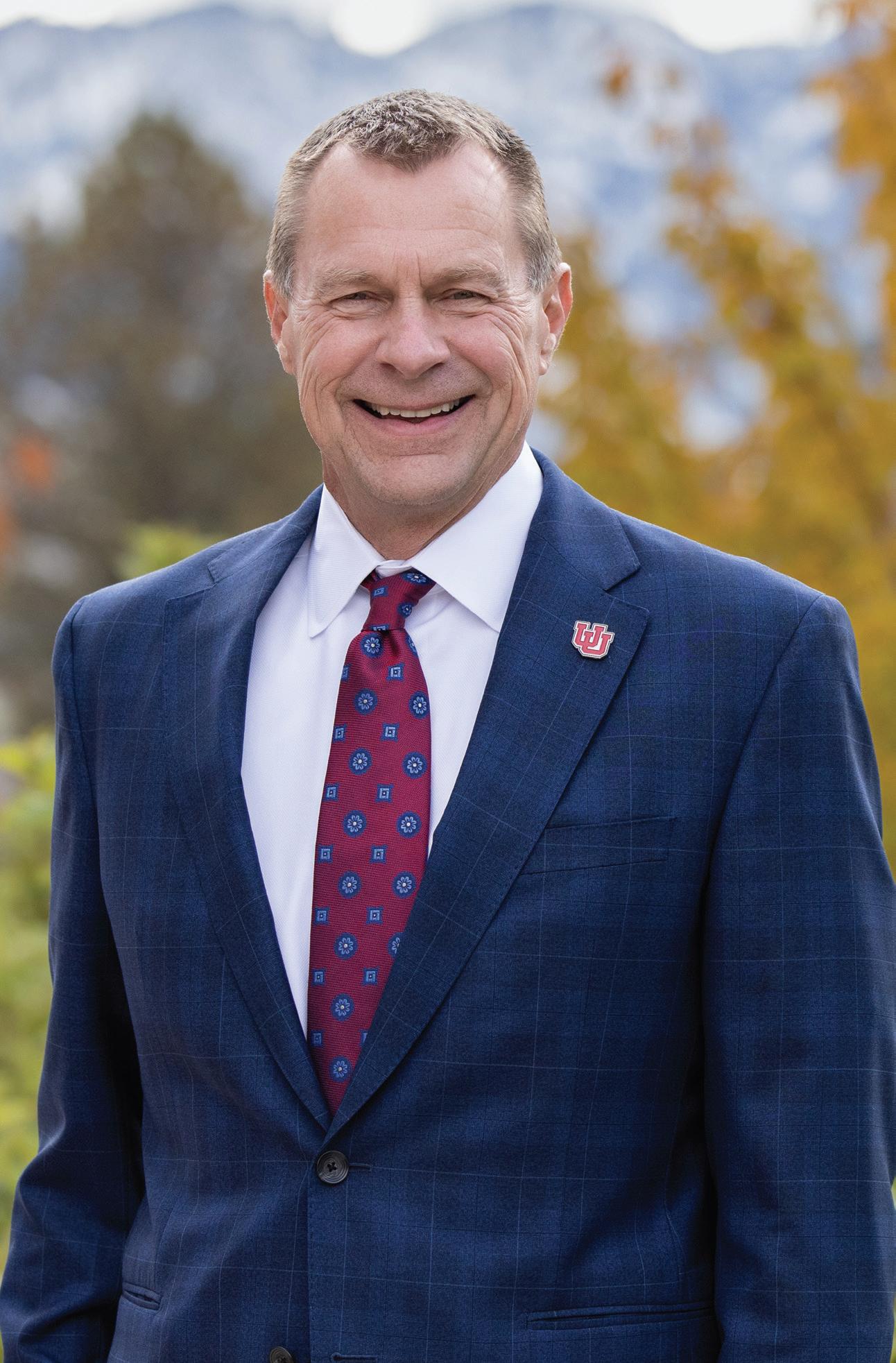
It is an exciting time to be part of the David Eccles School of Business! This fall, we welcomed the largest freshman class in our history, a clear sign of the energy and momentum building at the Eccles School. At the same time, we are implementing key elements of our strategic plan to help every student seek and reach their personal peak—by not only learning about business, but by truly experiencing it.
The University of Utah is also entering a dynamic new phase of growth, with progress and construction designed to make our campus a premier destination for students nationwide who are seeking that special “college town magic.” This vision builds on the success of spaces like Lassonde Studios and the Impact & Prosperity Epicenter, where students learn, live, and build relationships.
Beyond campus, our alumni base is expanding every year, and Eccles School graduates are achieving remarkable success in their careers and communities. Supporting and celebrating our alumni is a top priority for the school— continuing the legacy of the Eccles School through the pride that begins with the student experience and lasts a lifetime.
In this issue of Eccles Experience magazine, we are proud to profile alumni who have transformed their Eccles education into rewarding careers and meaningful lives. Their journeys, like many of ours, have included challenges. Yet, the entrepreneurial spirit and perseverance that define the Eccles community have carried them through. I hope you see some of yourself reflected in their stories— and that they serve as inspiration for what is possible with an Eccles education.
You will also find stories of the Eccles alumni network in action, highlights of impactful faculty research, tributes to distinguished donors, and a look back at memorable student and alumni events.
It's a thrilling new era at the David Eccles School of Business. We are on the ascent. Thank you for being on this journey with us.

Kurt Dirks Dean, David Eccles School of Business

By Amelie Morgan as told to Annesley Womble
“Walking into day two of the NCAA National Gymnastics Championship, the pressure feels different than anything I experienced all season. This is the meet everyone dreams of all season long – there is nothing after this. As a senior, that is especially true for me. I know this is my last chance to compete on this stage.
I feel emotional knowing this is my last season with the Red Rocks, and nervous as we are now one of four teams competing for one of three winners spots. But I know my team has my back. All season long we have been on the same page, and we believe we can win.
Even with all the pressure and expectation of the moment, my mindset is: enjoy every moment. We have earned our spot here and I am ready to go out, give it my all, and have fun doing it.
As we finish in fourth place, part of me wonders what more I could have done, and I feel a rush of emotions: relief, excitement and gratitude. But mostly I feel incredibly proud. Our appearance marks the 49th time the Red Rocks have qualified for Nationals and being part of that legacy is indescribable. No other program has a record like that; the Red Rocks family is truly special, and I feel honored to be a part of it.”
Amelie Morgan (Finance BS ’25) competed on the Red Rocks gymnastics team for four years. Originally from Bristol, England, she also competed for Great Britain in the 2020 Olympics and took home a bronze medal. She is staying in Utah to start her career as a Private Equity Analyst Intern with Inoca Capital Partners in Park City.
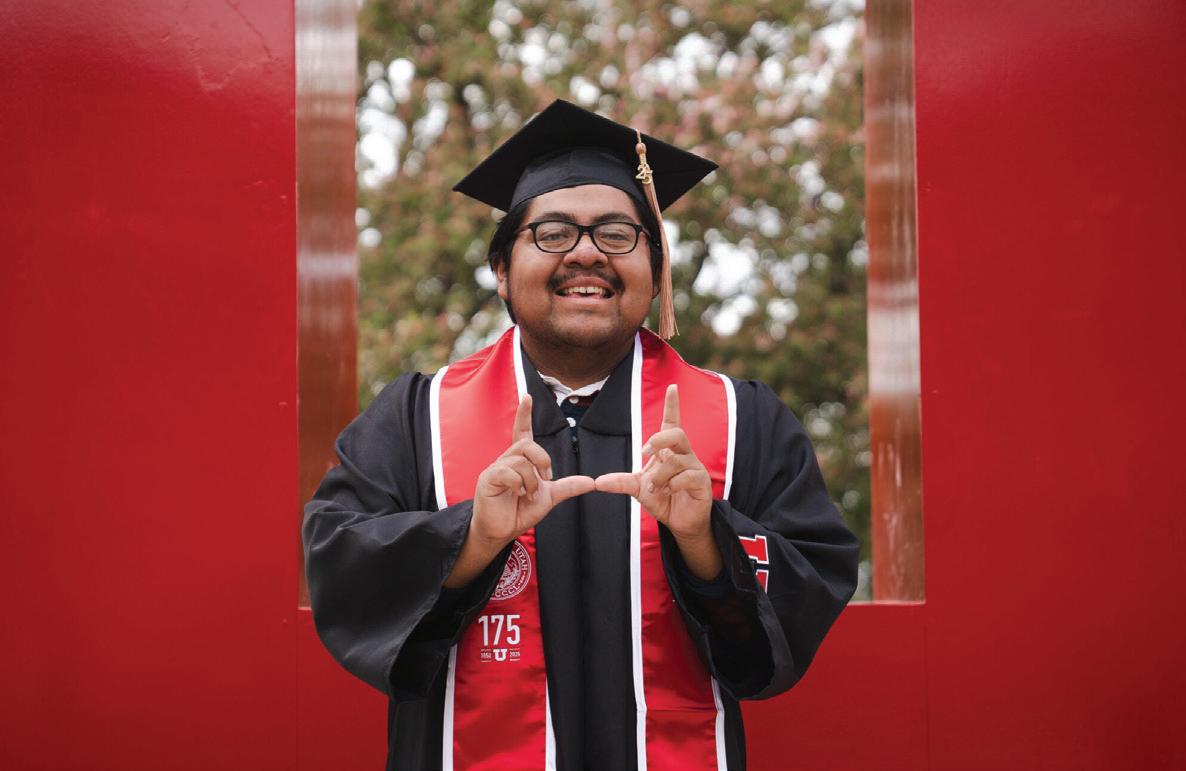
Eccles grad Jacobo Miranda (Finance BS ’25) received a Fulbright U.S. Student program award for the coming academic year. Sponsored by the U.S. Department of State’s Bureau of Educational and Cultural Affairs, this nationally competitive program supports academic exchanges between the United States and over 140 countries around the world. Selected program participants pursue graduate study, conduct research, or serve as English teaching assistants abroad.
Miranda, who will pursue graduate study, will participate in the Binational Business Program in Mexico. For his internship, he will partner with local organizations and financial institutions to address poverty in Mexico City. He will focus on providing comprehensive personal finance education to underserved communities and improving their access to banking services.
“Receiving the Fulbright is an incredible honor,” Miranda said. “I’m looking forward to gaining hands-on experience in international business while living and working in Mexico. This opportunity will allow me to deepen my understanding of Mexico’s economy and build meaningful cross-cultural connections.”
CAMPUS NEWS

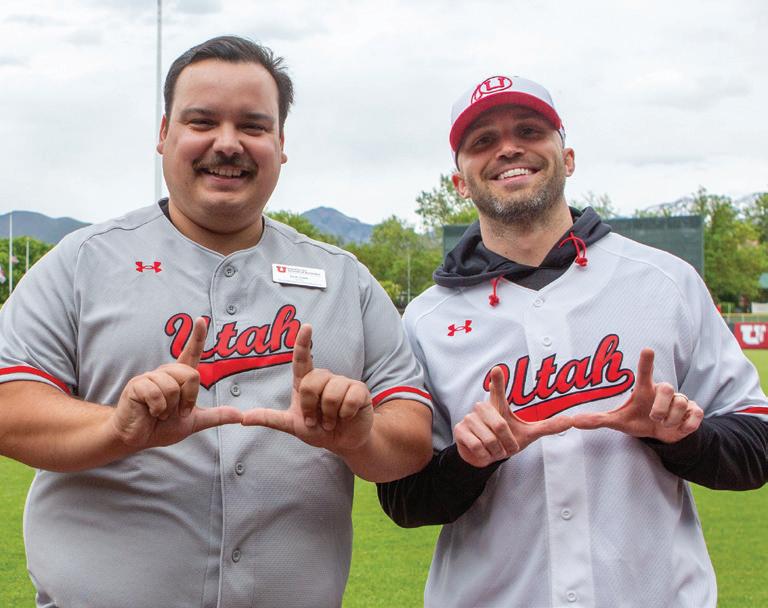
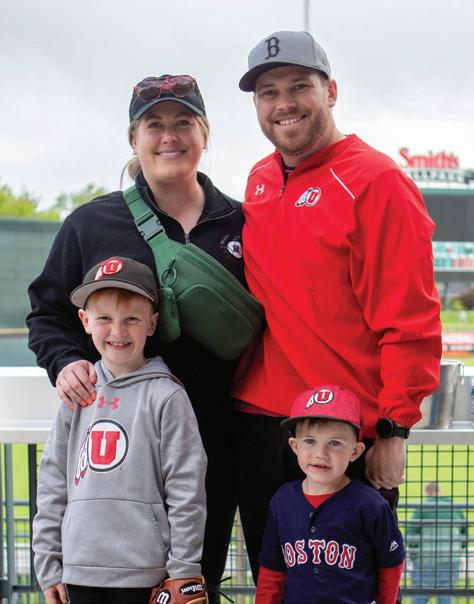
The Young Alumni Council hosted their annual Alumni Baseball Night this spring, as the Utes took on the TCU Horned Frogs. It was an evening of family, friends, and fun, and a first introduction to the Eccles Alumni Network for our recent grads. We were excited to show off the power of alumni connections to our newest members – and to celebrate the last Utah Utes baseball game at Smith’s Ballpark. We are excited to cheer on the Utes from their new baseball stadium in 2026.
Want to stay up-to-date on upcoming alumni events? Make sure to update your contact information.
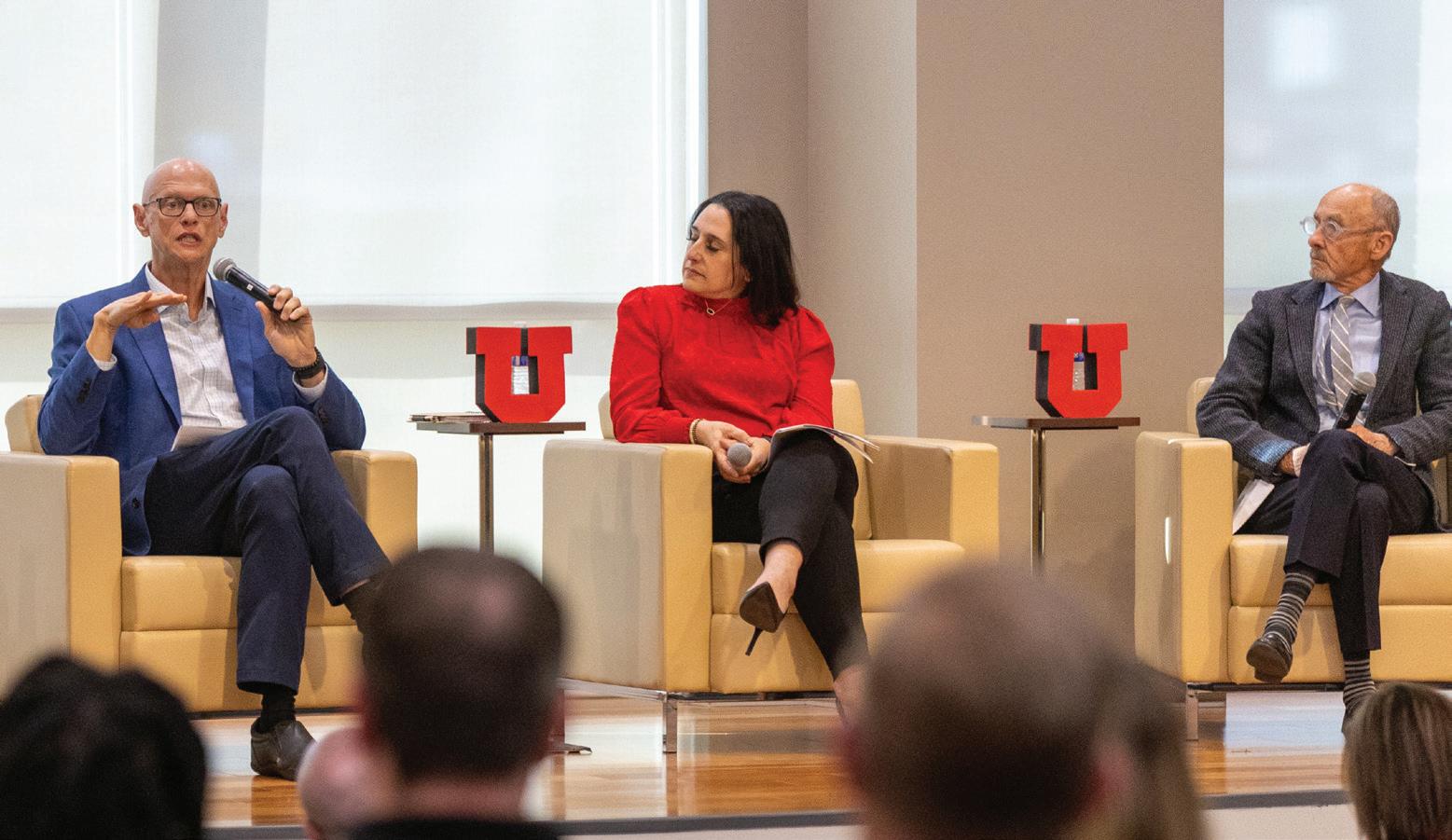
Business Buzz Podcast Panel Focuses on the Economic
The Eccles Business Buzz podcast hosted a panel discussion with mental health experts to explore the economic impact of mental health including the importance of evidence-based mental healthcare for young people, how mindfulness at work can boost your bottom line, and why access to mental healthcare is key to a thriving economy. Alumni and community partners came together for this critical discussion, which also explored ways individuals and companies can be part of creating positive solutions and impact around mental health.
Eccles Business Buzz host Frances Johnson was joined by: Ross Van Vranken, former executive director of Huntsman Mental Health Institute; Joni Clark, director of development at The Children’s Center Utah; and Glen Kreiner, L.S. Skaggs Presidential Chair in Business Ethics at the David Eccles School of Business.
Want to hear more conversations about the latest trends and issues across the business landscape? Tune in to the Eccles Business Buzz podcast at eccles.link/businessbuzz or wherever you get your podcasts.
University of Utah Opens J.W. Marriott Jr. Institute Focused on Hospitality
Thanks to a landmark $25 million gift from the J. Willard and Alice S. Marriott Foundation, the University of Utah recently opened the J.W. Marriott Jr. Institute, a groundbreaking initiative that will transform how students across disciplines develop leadership skills rooted in hospitality principles. The institute represents a novel, student-centric approach to hospitality education beyond traditional classroom learning. Inspired by Marriott’s enduring legacy of service, ingenuity, and excellence, the institute will serve as a multidisciplinary hub providing immersive, co-curricular programs that integrate hospitality principles into diverse academic fields, including business, healthcare, design, technology, engineering, and more. Unlike traditional hospitality degree programs, the institute emphasizes and elevates the customer experience by integrating it into nearly all industries and career pathways.
CAMPUS NEWS
The Eccles School has released a new strategic plan: Our Next Ascent. The plan, developed over the past year, includes the Eccles School’s vision to be the business school of the Mountain West and a national leader, while empowering every student to reach their peak and reaching beyond campus to help businesses, people, and the economy thrive.
The plan also outlines the school’s new strategic priorities: Driving Student Success, Creating Societal Impact, and Building Legacy.
Learn more and read the whole plan at eccles.utah.edu/strategic-plan.
ALUMNI EVENTS CAMPUS NEWS
Jeffrey Gelder Lewis, CEO and founder of Gelder Generational Wealth, has interviewed dozens of potential interns over the years, and there has always been a lot of training and time to get them up to speed. So, for his most recent intern search, Lewis turned to his Eccles Alumni Network to help him find a more seamless fit.
Lewis was connected with Alexandra Floor through the Explorers program at the Eccles School’s Goff Strategic Leadership Institute.
I have gained so many skills and values from Jeff’s mentorship, but my favorite thing that I have learned is the value of gratitude.
Alexandra Floor
“I typically do multiple interviews with candidates, let them meet the team, and take some time to get feedback from the rest of my team and evaluate for a few days,” Lewis said. “When I met Alex, she was so comfortable answering our unique and challenging questions. She had a very professional natural demeanor. She checked all the boxes and she was unfazed by the opportunity to work with our team in a very advanced role on an expert-level project. Seeing that she was excited and confident about trying something new, I offered the internship on the spot.”
For her part, Floor was pretty nervous going into an interview with someone so well-respected in his industry and in the Eccles Alumni Network, but it became clear pretty quickly that the opportunity was a perfect match for both of them and she accepted Lewis’ offer on the spot, too. In fact, things went so well that her internship was extended beyond the typical three months, and she stayed with Gelder Generational Wealth for more than a year.
“I have gained so many skills and values from Jeff’s mentorship, but my favorite thing that I have learned is the value of gratitude,” Floor said. “Each day that I walked into the office, Jeff always had such a positive outlook on the business that we were doing regardless of how long the week may have felt. He reminded us to be grateful for the little things, because not everybody gets to do some of the things that we are able to do. With this lesson, I’m able to implement it in
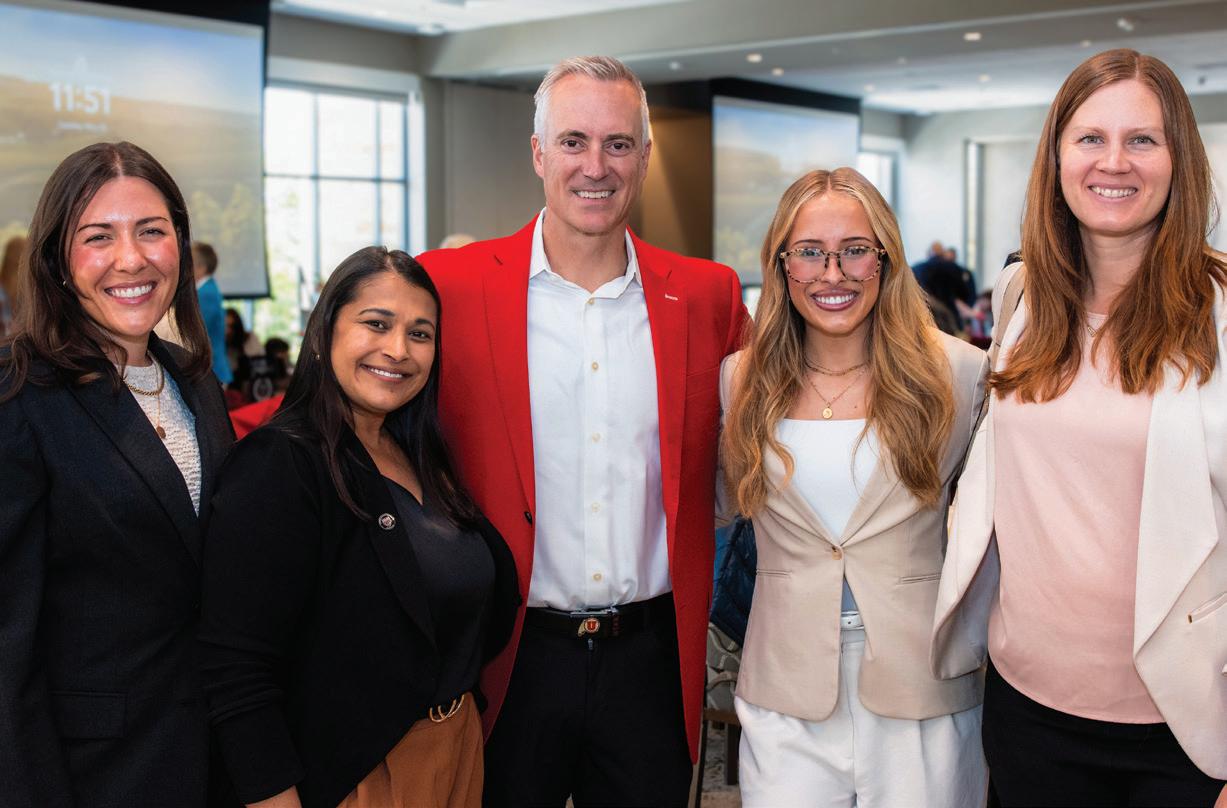
other areas of my life and find gratitude in the small things. This has helped me professionally, because it has allowed me to have a better attitude about all the different programs I join, hard classes, and challenging opportunities. Which has ultimately allowed me to make stronger connections in my network.”
Floor’s internship also served as a formal introduction to the Eccles Alumni Network. In a word, she describes the network as impactful – a sentiment that Lewis also shares.
“I love the Eccles Alumni Network,” he said. “I have so many friends and clients who are helping students through scholarships and job opportunities. It is really exciting to be involved with this remarkable network.”
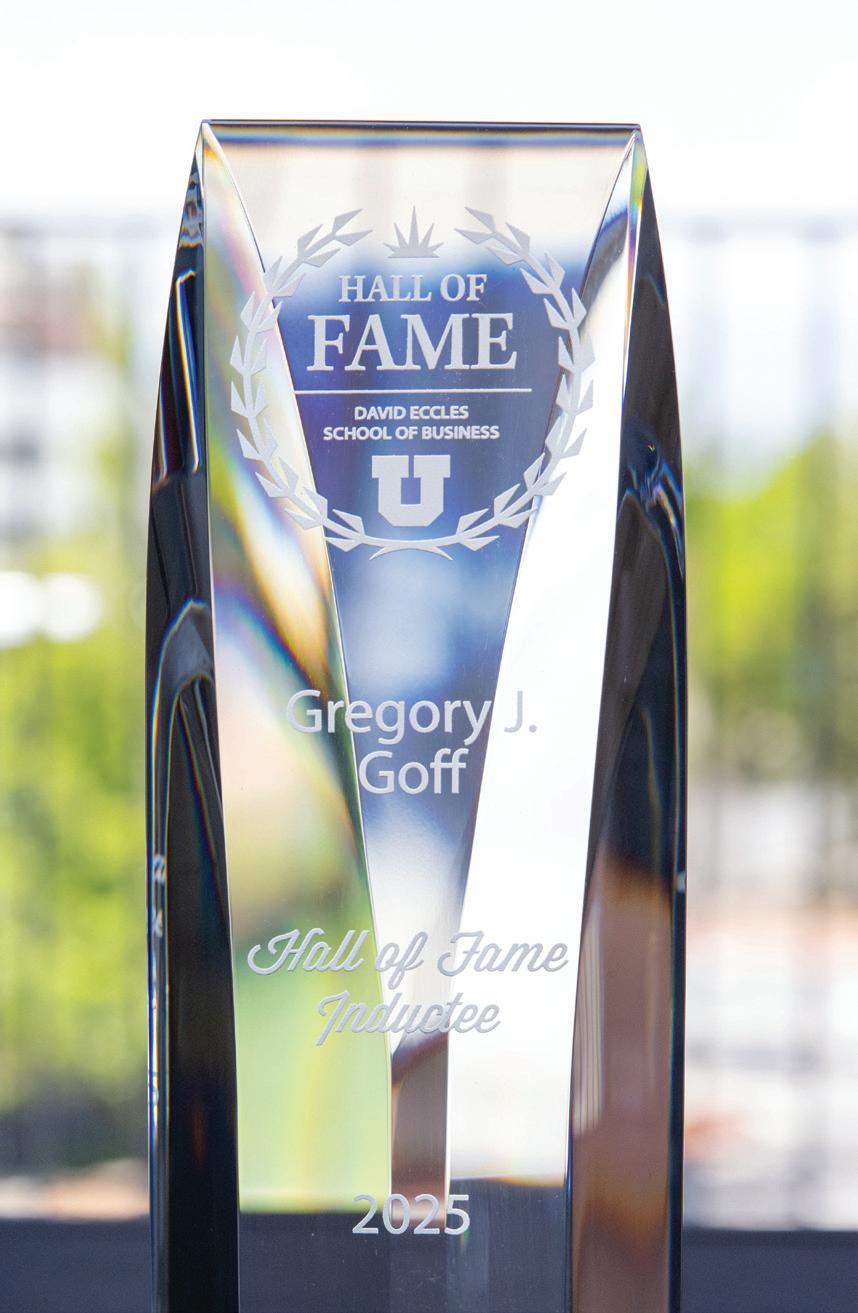
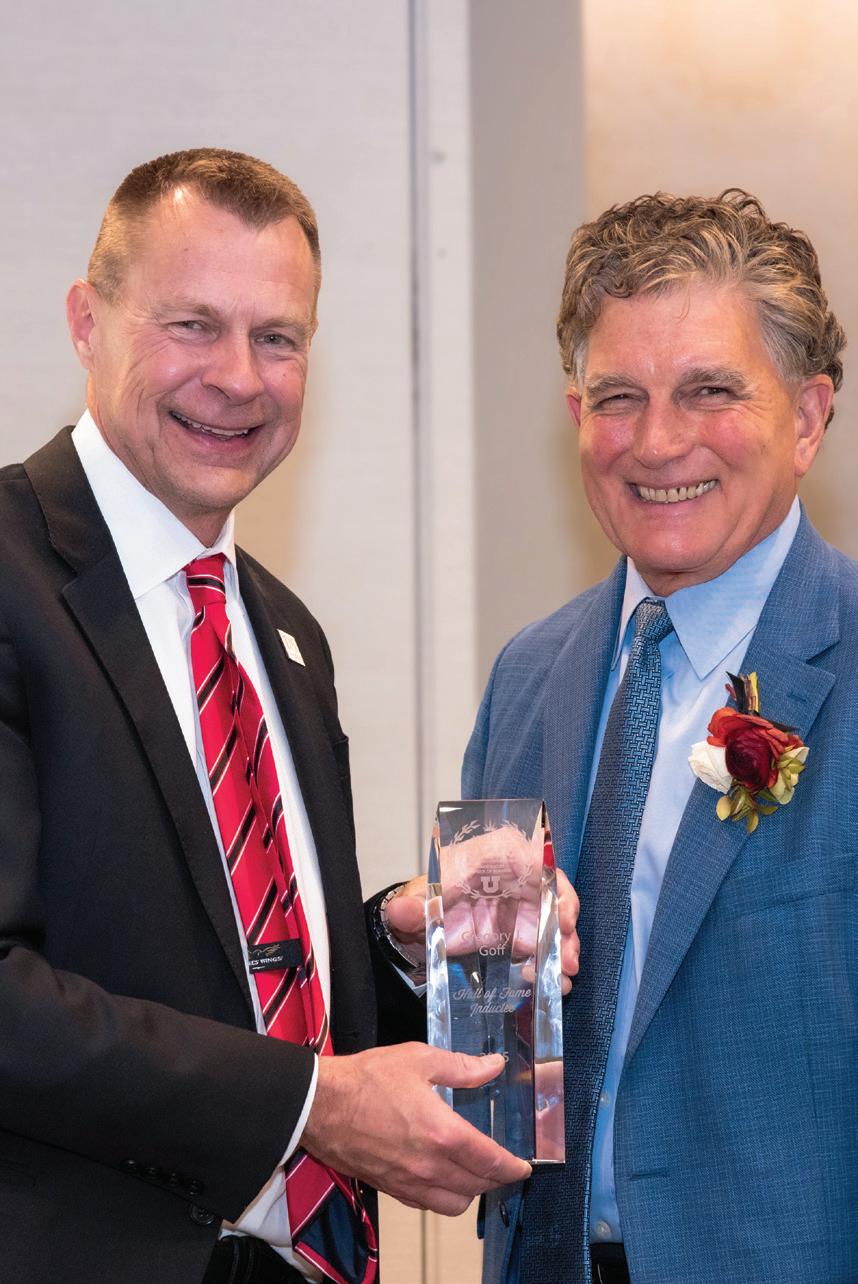
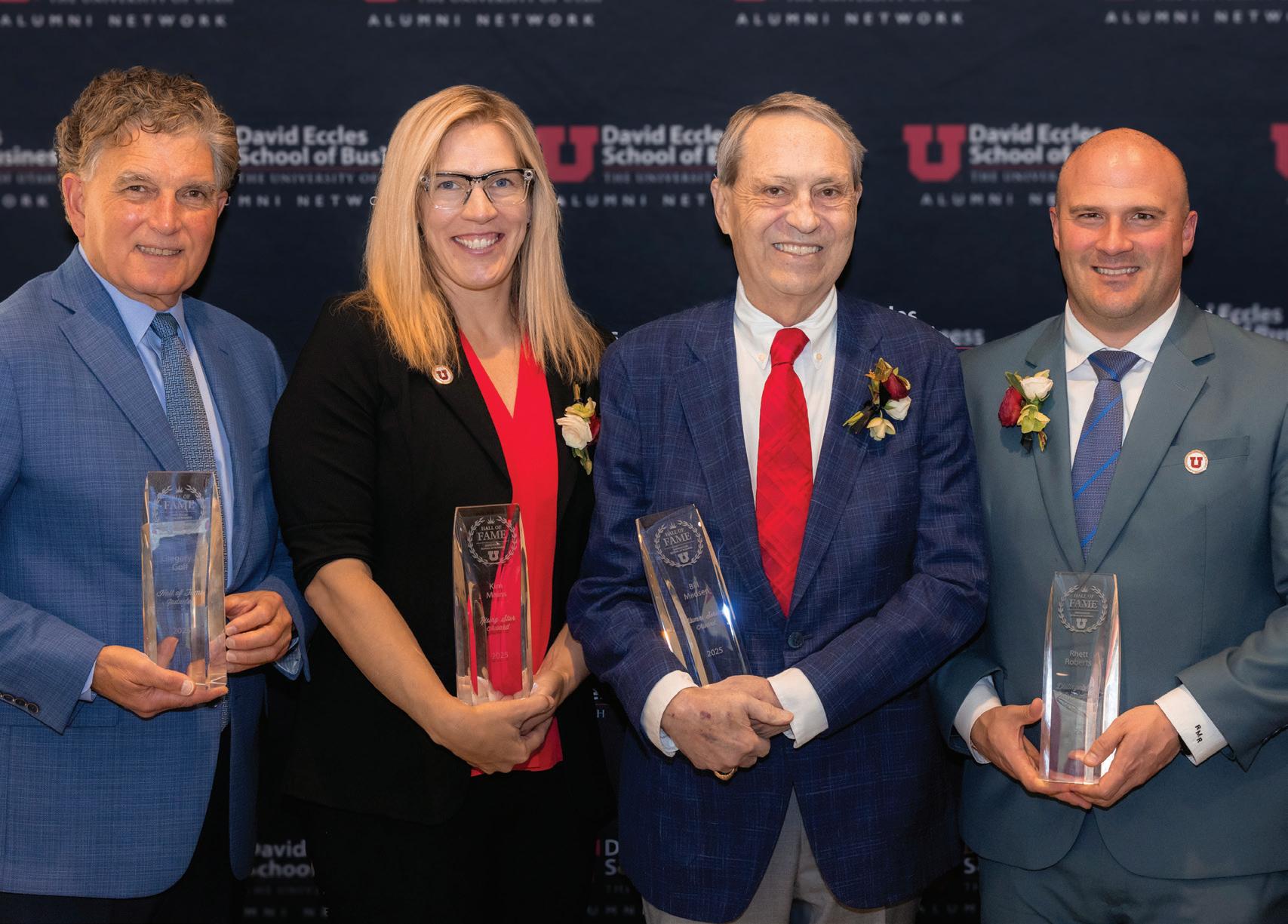
In May, Greg Goff was celebrated as the 39th inductee to the David Eccles School of Business Hall of Fame. A two-time graduate of the Eccles School, Goff enjoyed a successful career in the energy industry. He is founder and president of GJG Energy, a company focused on developing businesses in the energy sector, and is involved in the leadership of many other companies in the energy and transportation sectors. Goff retired as executive vice chairman of Marathon Petroleum Corporation and executive vice president of Marathon Logistics LP in December 2019. He is also executive director of the Goff Foundation.
Goff is a passionate supporter of higher education and has helped the Eccles School reimagine how students are developed as professionals, people, and leaders. In 2016, Goff founded the Goff Strategic Leadership Center and this year he made an additional, transformational $10 million gift to elevate the center to the Goff Strategic Leadership Institute.
“I met Greg on my initial visit to campus after accepting the role of dean,” said Kurt Dirks, dean of the David Eccles School of Business. “From that first conversation, I could tell we shared a common purpose: to help students grow into capable, confident leaders. Since then, Greg has become someone I turn to when I want to think bigger or push our school to reach new heights.”
We shared a common purpose: to help students grow into capable, confident leaders.
Also honored at the Hall of Fame event were: Kim Mains, leader of Content Strategy for Meta’s Reality Labs Metaverse and AR/MR division and Chief of Staff to the CTO, with the Rising Star Award; Bill Madsen, retired president of Madsen Furniture and longtime David Eccles Alumni Network Board member, with the Alumni Service Award; and, Rhett Roberts, co-founder and CEO of LoanPro, with the Distinguished Entrepreneur Award.
CAMPUS NEWS
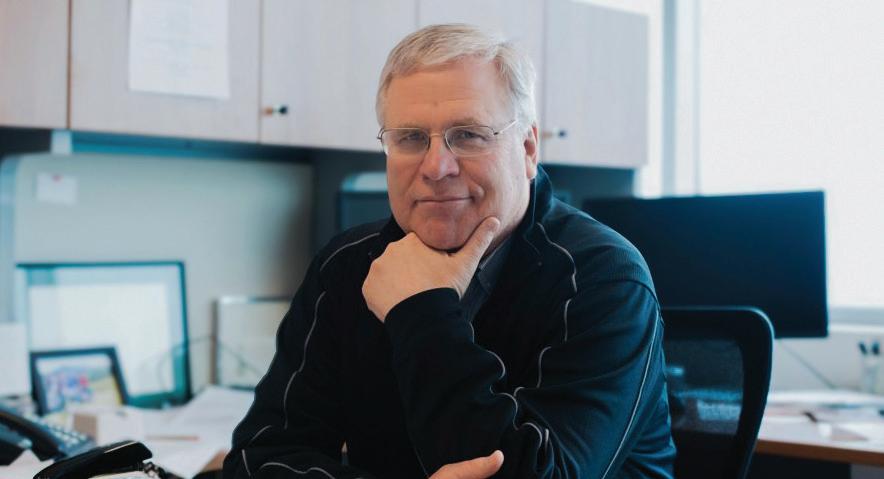
Jay Barney has Two Papers Published on AI’s future Business Impact
Jay Barney, presidential professor of strategic management and the Pierre Lassonde Chair of Social Entrepreneurship at the David Eccles School of Business, co-authored a study on the future impact of Artificial Intelligence (AI) on business that was published in the MIT Sloan Management Review, as well as a companion paper that appeared in Harvard Business Review.
In “Why AI Will Not Provide Sustainable Competitive Advantage,” Barney notes that AI technologies will be equally available to all players in a particular field. On an episode of the Eccles Business Buzz podcast he further explained: “Because it is likely that AI will radically transform the way we do business, all firms will have to respond to AI…Because AI is literally going to change everything, everyone will have to change.”
In the Harvard Business Review piece, Barney invoked examples of prior game-changing technologies (everything from steam engines to electric motors to personal computers and beyond) then pointed out that while they enabled significant leaps in productivity, “relatively few … went on to become direct sources of sustained competitive advantage for the companies that deployed them, precisely because their effects were so profound and so widespread that virtually every enterprise was compelled to adopt them.”
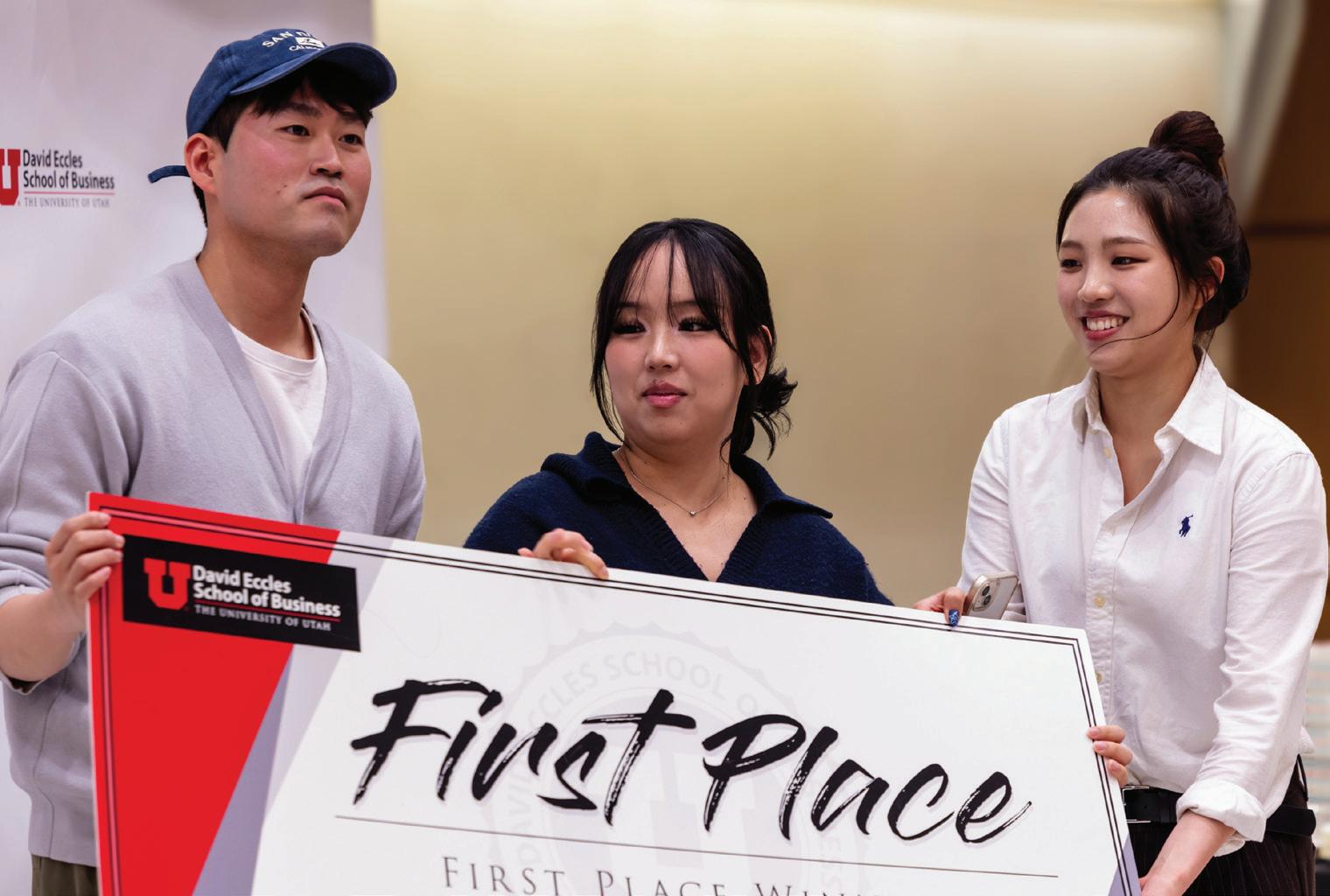
Pixels to Prototypes: Eccles Students Tackle Real-World Challenges at 2025 Generative AI Hackathon
Innovation was in full force at the David Eccles School of Business as 90 students across 27 teams gathered this spring for the second annual Generative AI Hackathon, hosted by the Information Systems program and sponsored by Doman Innovation Studio, Pepsi, Shoreline Health, and the SLCC U of U Herriman Campus.
Each team took on the role of a digital agency pitching a new website for a fictional client: Children’s Steps Pediatric Hospital. The twist? The client expected generative AI to be integrated throughout the process, from development to storytelling to branding. With just six hours to ideate, build, and present, students had to move fast and think smart.
After evaluation by a panel of judges, Sam Im, Hyujen Park and Gloria Shin of Team CSIS were named first place winners.
STUDENT SPOTLIGHT
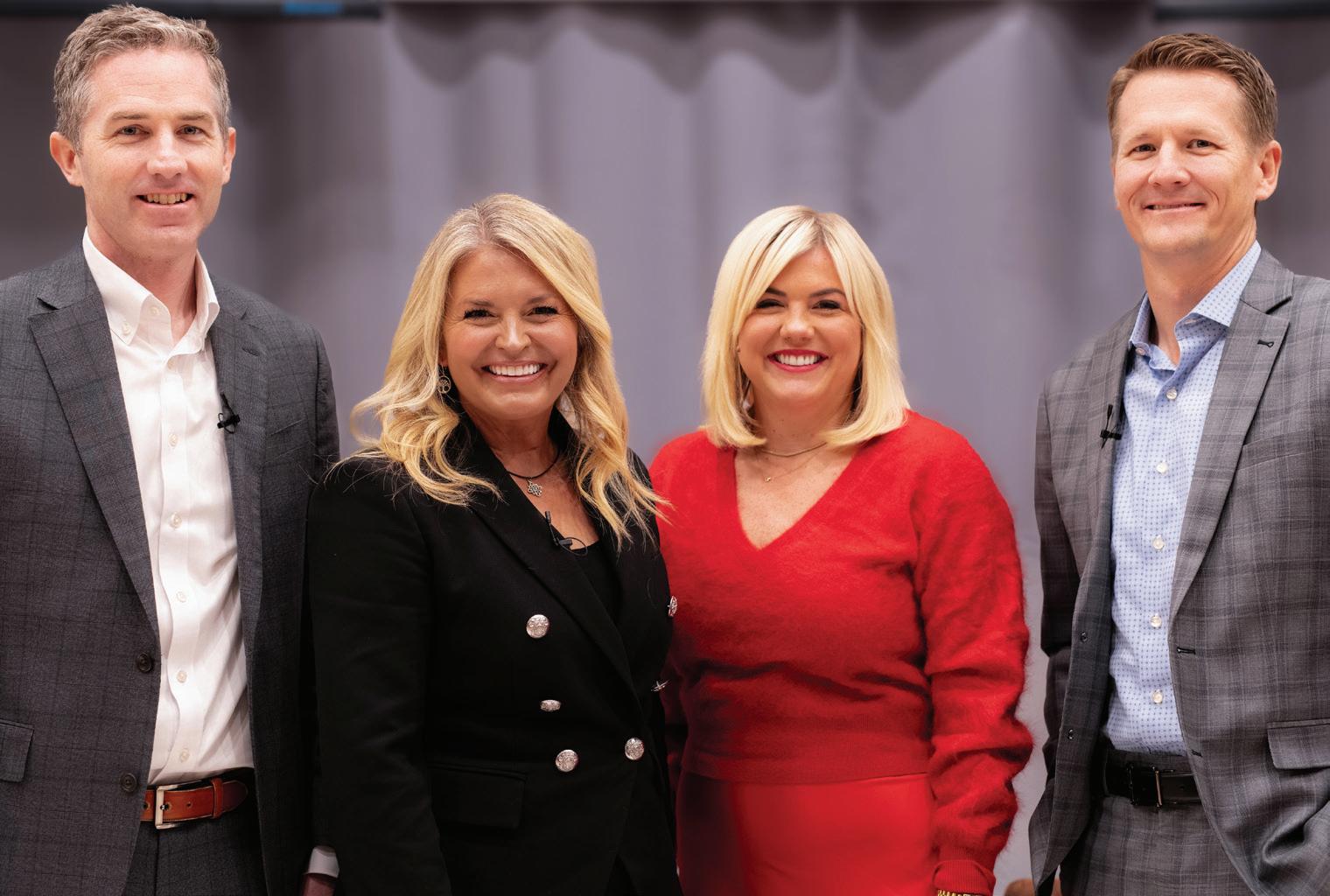
The David Eccles Alumni Network convened real estate experts to explore key drivers in commercial and multi-family real estate in Utah. Jeanette Bennett from Colliers International Intermountain; Darlene Carter, CEO of Cole West; and, Marc Stanworth, CEO of Dakota Pacific shared insights including:
■ What the return to in-person work means for office space occupancy rates
■ How real estate fundamentals can help companies weather economic uncertainty, and
■ Why affordable housing is critical to sustainable growth and economic success across the state
Attendees were also able to ask their own questions about the real estate industry, and then network and make new connections over lunch after the event, as well as engage one-on-one with the panelists. Couldn’t make it? You can watch the full recording on our YouTube channel: youtube.com/DavidEcclesBusiness.
ALUMNI EVENTS
Elena Patel provides Congressional Testimony on Postal Service Economics
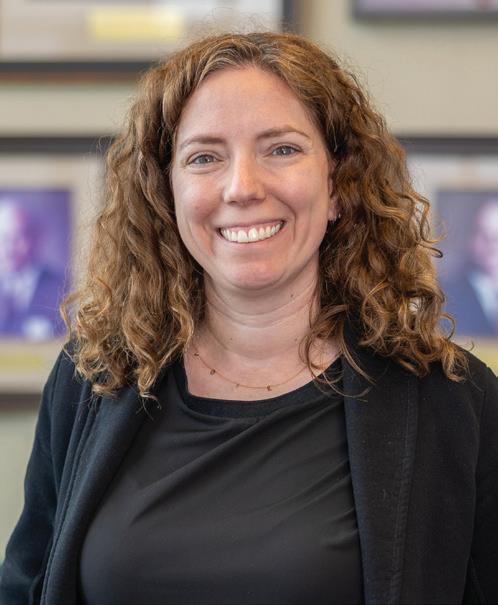
Elena Patel, assistant professor for the Marriner S. Eccles Institute, provided expert testimony on June 24 to the House Subcommittee on Government Operations regarding economic problems faced by the United States Postal Service.
Patel once worked as an economist in the Office of Accountability and Compliance at the Postal Regulatory Commission (PRC), where her duties included analyzing the potential effects of a consolidation plan proposed by the USPS. She has consulted for the PRC and has published academic research on the price sensitivity of postal customers and the feasibility of postal privatization.
In her testimony, Patel conveyed four conclusions:
1. The Postal Service provides a vital public service;
2. Its funding model is “broken” and cannot support universal service long-term;
3. The USPS is a poor candidate for privatization;
4. Mail delivery should remain a government function
How did the postal service come to have billions in net losses? Marketdominant mail continues to generate most of USPS’s revenue today, but First-Class Mail volume declined by 60% between 2009 and 2024.
“As we have grown to rely more heavily on email, electronic billing, and online communications, the core revenue base that once sustained the Postal Service’s universal service obligations has eroded significantly,” said Patel.
So, what’s the solution? Patel said USPS must improve efficiency, adopt new technologies, and strengthen service delivery, but also suggested “Congress should consider providing a direct appropriation equal to the estimated cost of universal service.”
FACULTY IN THE NEWS
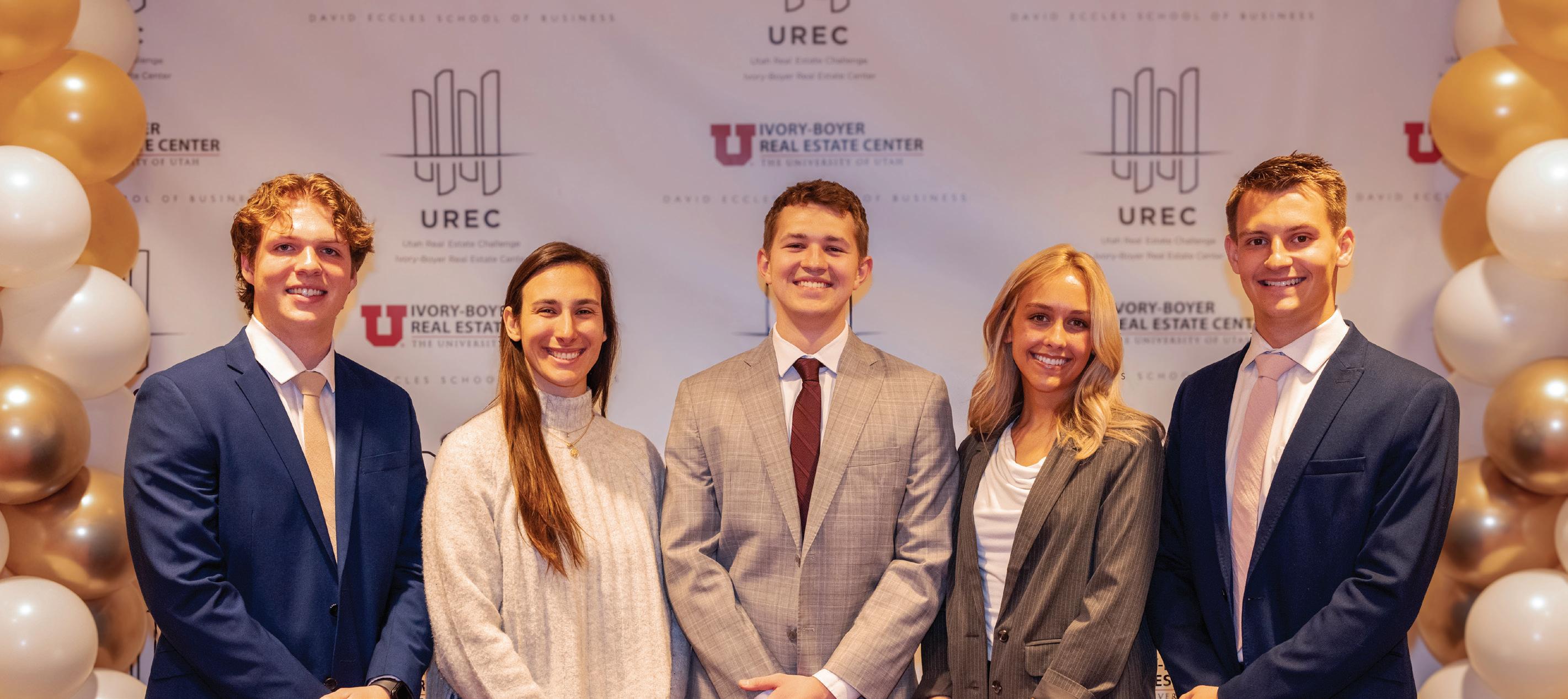
Three finalist teams – whittled down from a field of 15 teams – competed for the first place prize of $20,000 during this year’s Utah Real Estate Challenge (UREC), an intercollegiate competition supported by the IvoryBoyer Real Estate Center (IBREC) and the David Eccles School of Business’s Master of Real Estate Development program.
Teams were challenged to select and evaluate a property of their choice within Salt Lake City’s central business district – located between 200 East to I-15 and 200 North to 800 South – and to prepare development business proposals and present to a panel of real estate expert judges.
“I can’t overstate how much effort it takes to put these presentations together,” said David Bauman, executive director of IBREC. “This competition is demanding, and these students put in hours and hours and hours of their lives.”
The $20,000 first prize went to the Atlas Development Group and its “WestEnd” project — a public-private mixed-use development that would include 337 residential units, plus ground-level retail space, as well
as a parking garage. Team members were Calli Glazier, Dawson Kearns, Brandon Reese, Raef Thomas, and Jessica Zuban.
Second place and a $10,000 prize went to UPLIFT Real Estate Group and team members Taylor Alvarez, Sean Donner, Sam Hosac, and Will McCoy.
Taking third place and earning a $5,000 prize was The ACOTA Group including Avery Albright, Olivia Gillette, Tyler Hopkin, Austin Keller, and Christopher Wilson.
The event also featured a keynote address from Salt Lake City Mayor Erin Mendenhall, who spoke to the complexity of the challenge the competitors were given.
“This is not your average development site — this is where the civic identity, infrastructure complexity, cultural legacy, and economic momentum all converge,” Mendenhall said.
STUDENT SPOTLIGHT
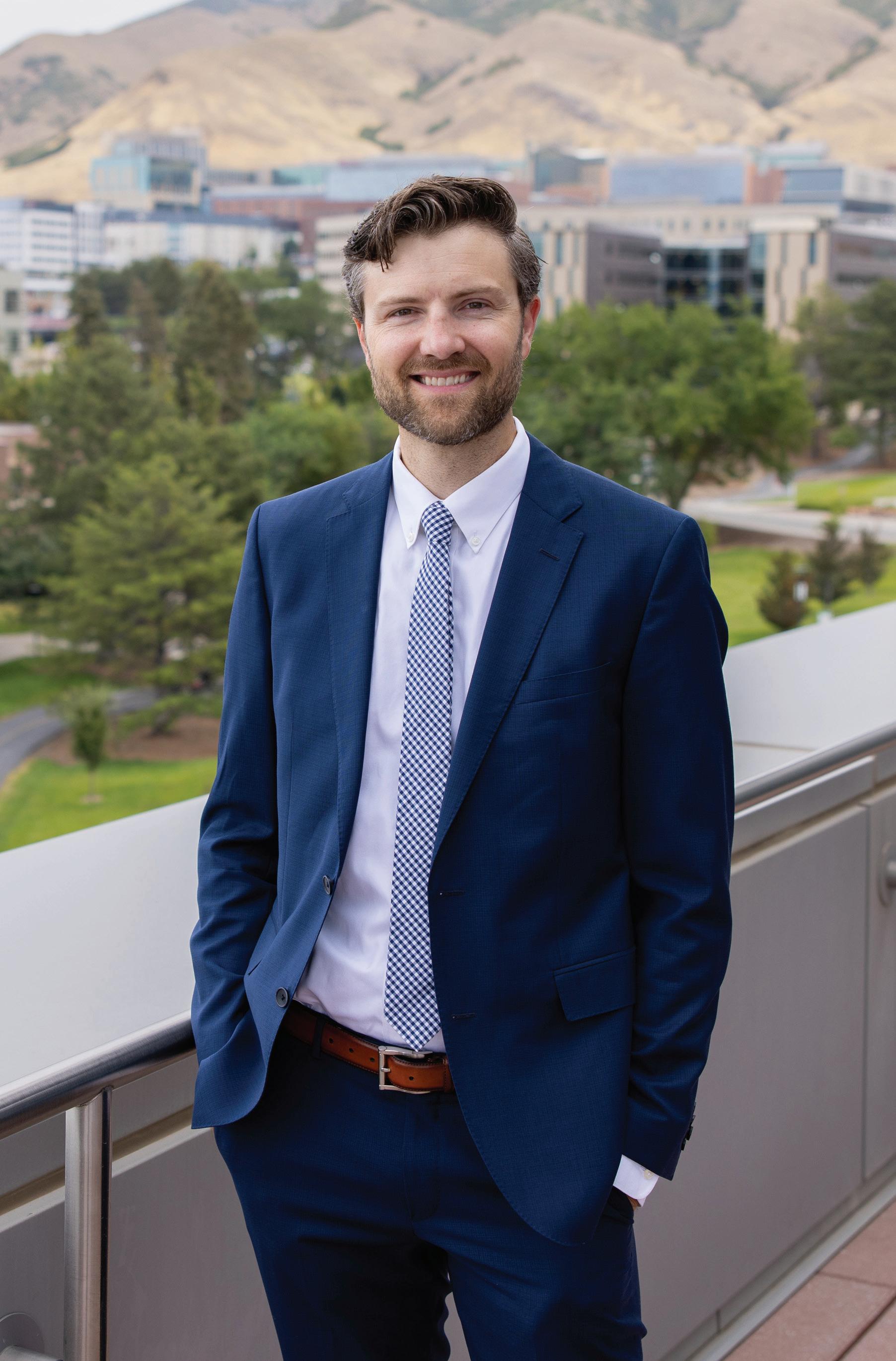
Research co-authored by Jason Cook, an Assistant Professor in the Eccles School’s Division of Quantitative Analysis of Markets and Organizations as well as the Marriner S. Eccles Institute, was featured on an episode of the HBO Max news, politics, and current events show “Last Week Tonight with John Oliver.”
In a segment analyzing President Donald Trump’s “One Big Beautiful Bill,” Oliver focused on potential reductions to healthcare and food assistance that were projected to occur as a result of the bill’s passage. The host noted that the bill would make targeted cuts to both Medicaid and the Supplemental Nutrition Assistance Program (SNAP) by introducing a significant expansion of work requirements.
“Study after study has shown that ‘work requirements do not increase work.’ What they do cause is ‘large drops in program participation,’ including, crucially, a lot of people who are actually still eligible to receive help,” Oliver said, quoting from and displaying excerpts of a Substack post by Chloe N. East (an Associate Professor in the University of Colorado Denver’s Department of Economics), headlined, “What AEI Gets Wrong about SNAP Work Requirements.”
In that post, East references her collaboration with Cook and their findings: “In new work of mine with my coauthor, Jason Cook, we use recent, high-quality data to study whether receipt of SNAP (in this century!) changes whether and how much people work among a large, representative group of working-aged people. We find very clear evidence that SNAP does not lead to large decreases in employment or earnings overall.”
The working paper referenced, “The Effect of Means-Tested Transfers on Work: Evidence from Quasi-Randomly Assigned SNAP Caseworkers,” was revised in May 2025, and concludes: “We find no evidence that receiving SNAP leads to long-term reductions in labor supply or dependency on government benefits. If anything, our results suggest the opposite — SNAP provides support for those who are unable to work and provides important insurance for workers experiencing a negative shock.”
FACULTY
IN THE NEWS
Guest speaker LaMarqué Ward Sr. Urges Opportunity Scholars to ‘Leave a Ripple in the Universe’
Don’t be limited by what you see around you; the world is waiting on you to deliver your gift…Embrace your starting place — use it as fuel. Don’t be a victim of your start.”
LaMarqué Ward
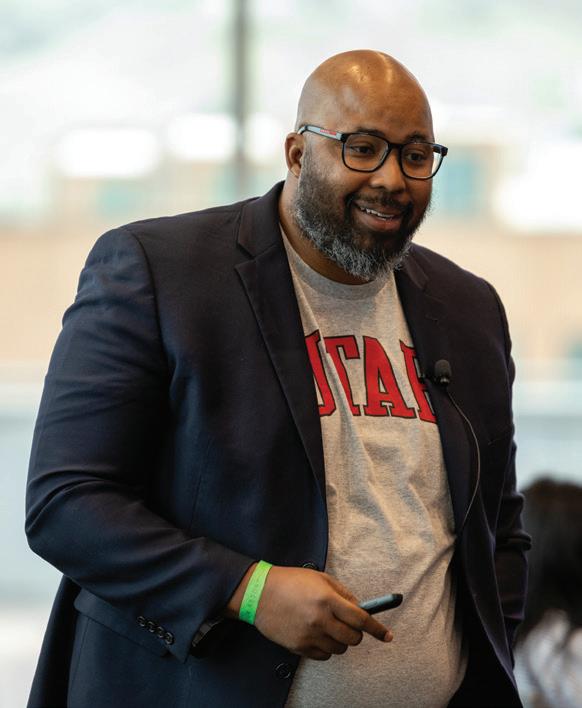
Students in the Opportunity Scholars program got a dose of energy and encouragement from guest LaMarqué Ward Sr., an entrepreneur, author, educator, motivational speaker, and president of Dream Builders University, a Cincinnati-based program that helps young people discover and achieve their potential through unique curriculum and workshops. Ward urged the crowd of first-generation college students to not let the backgrounds or circumstances they come from stunt their ambition or potential.
“Don’t be limited by what you see around you; the world is waiting on you to deliver your gift,” said Ward. “…Embrace your starting place — use it as fuel. Don’t be a victim of your start.”
STUDENT SPOTLIGHT
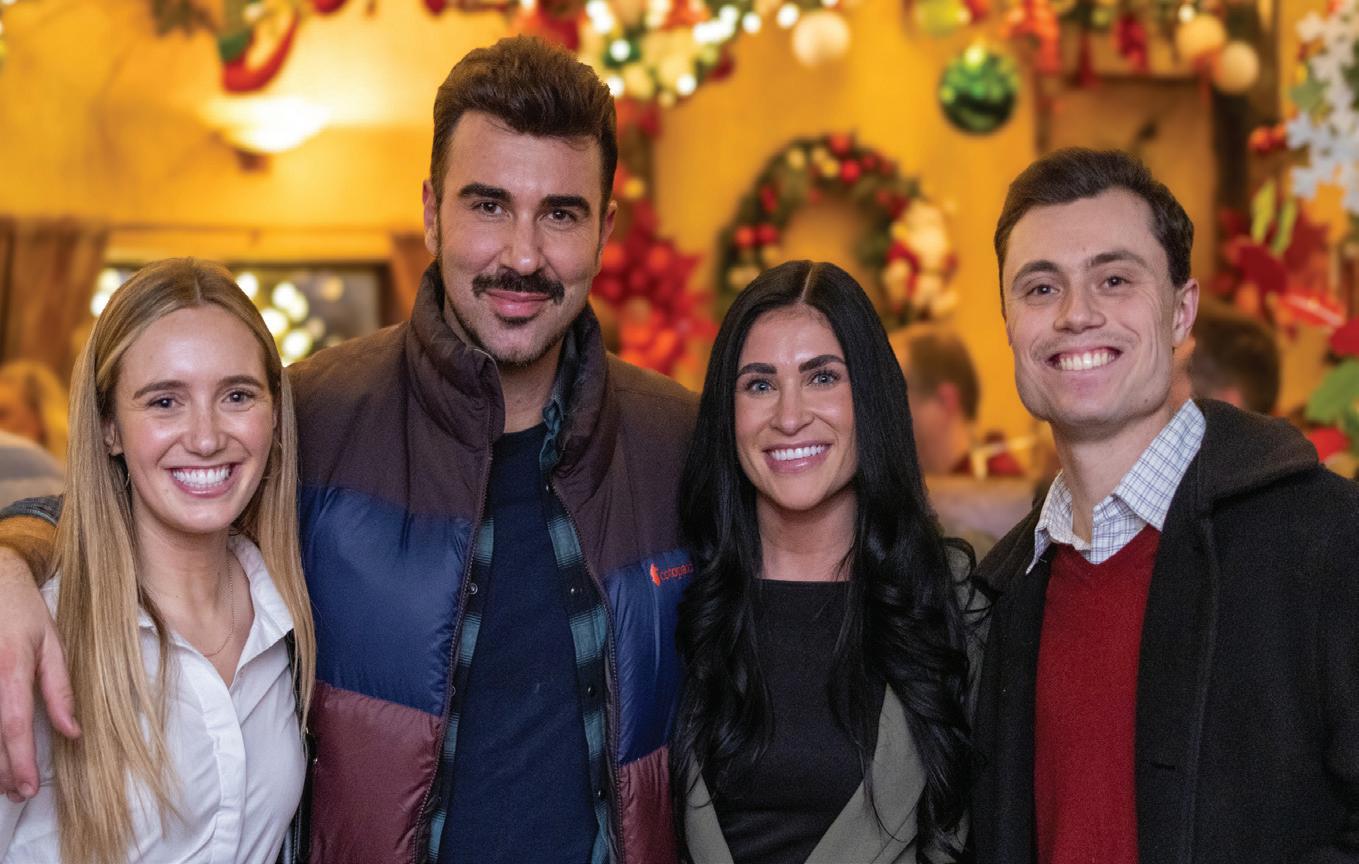
The David Eccles Alumni Network Board and Young Alumni Council offered several opportunities for alums to meet, from swanky cocktail hours at Eccles Alumni Mixers to competitive YAC Trivia Nights.
Want to stay in the know about upcoming events? Make sure to follow us on Instagram, @ecclesalumni, for all the latest news from your Eccles Alumni Network.
ALUMNI CONNECTIONS
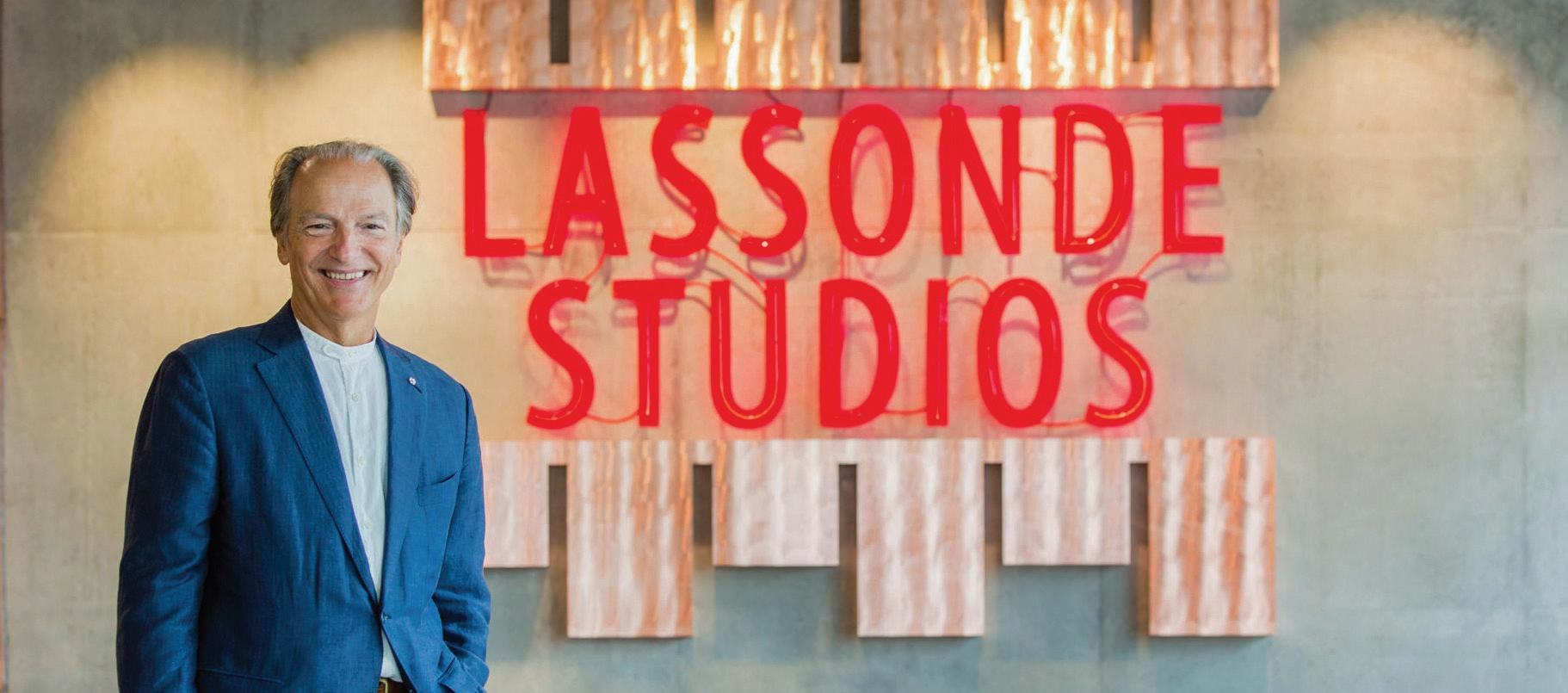
Lassonde Family Commits Additional $25 million to Advance Entrepreneurship at the University of Utah
The Lassonde Family Foundation – led by Pierre Lassonde, a renowned mining entrepreneur, University of Utah alumnus, Canadian native, and philanthropist for education and the arts – has made another landmark $25 million gift to support the continued growth of the top 10-ranked Lassonde Entrepreneur Institute, doubling their total commitment to the Lassonde Entrepreneur Institute and entrepreneurship education at the U.
The generous new gift is another major investment in the Lassonde Entrepreneur Institute, an interdisciplinary division of the David Eccles School of Business that has rapidly grown from one small program in 2001 to a globally recognized center for student entrepreneurship and innovation, and a leading driver of Utah’s reputation for business and entrepreneurship.
The gift also comes as the institute anticipates its 25th anniversary in 2026.
“The institute has become the destination for student entrepreneurs over the past 25 years, and we are very proud of what it has done to inspire students to launch companies, gain real-world experience, and build their careers and futures,”
Pierre Lassonde said. “The new gift is a way to deepen our investment in these efforts. It will allow the institute to continue to dream big and do incredible things for young entrepreneurs over the next 25 years and beyond. We know more great things are coming.”
CAMPUS NEWS
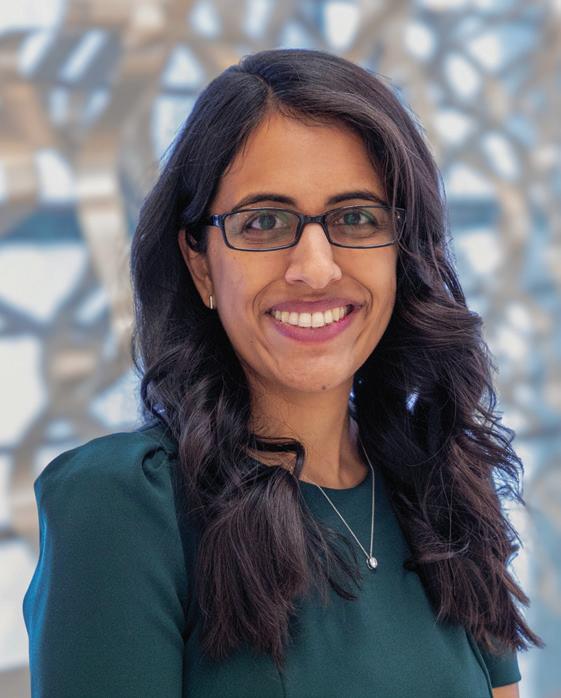
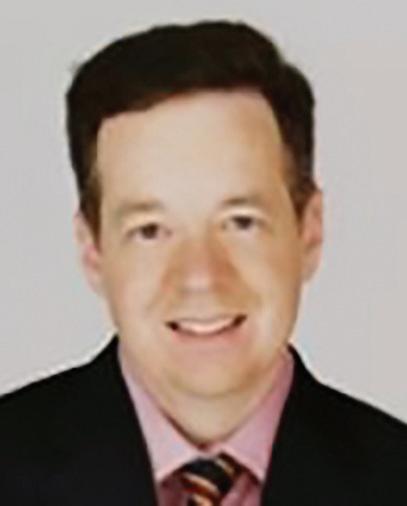
Two Eccles School Professors Honored with Prestigious Awards
A pair of professors from the David Eccles School of Business were honored for their work, with Sara Malik being recognized for her teaching and Stephen Carson bringing home a notable prize for research.
Each year, the University of Utah recognizes the achievements of exceptional faculty members in teaching, research, mentorship and service. Malik, an Assistant Professor in Accounting, was one of six professors across campus to be honored with the Early Career Teaching Award.
She is the first business school professor to win this award in 25 years.
Meanwhile, Carson – Chair and Professor in the Department of Marketing – won the Management Science Best Paper Award (Marketing), which was presented at the 19th Annual Frank M. Bass UTD Frontiers of Research in Marketing Science conference.
Carson’s paper, co-written with Linyi Li, and Shyam Gopinath, was titled: “History matters: The impact of online customer reviews across product generation.” It examines how online customer reviews for one generation of a product affect sales of another generation in the same product series.

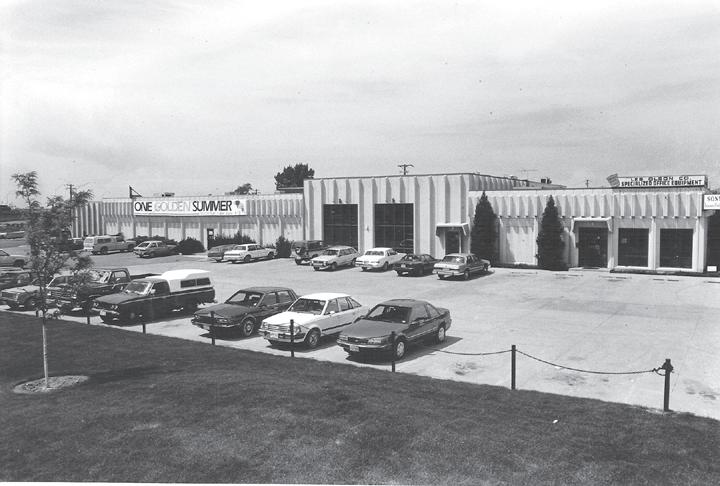




“WE STAND ON THE SHOULDERS OF GIANTS”
The Legacy of Les Olson Company




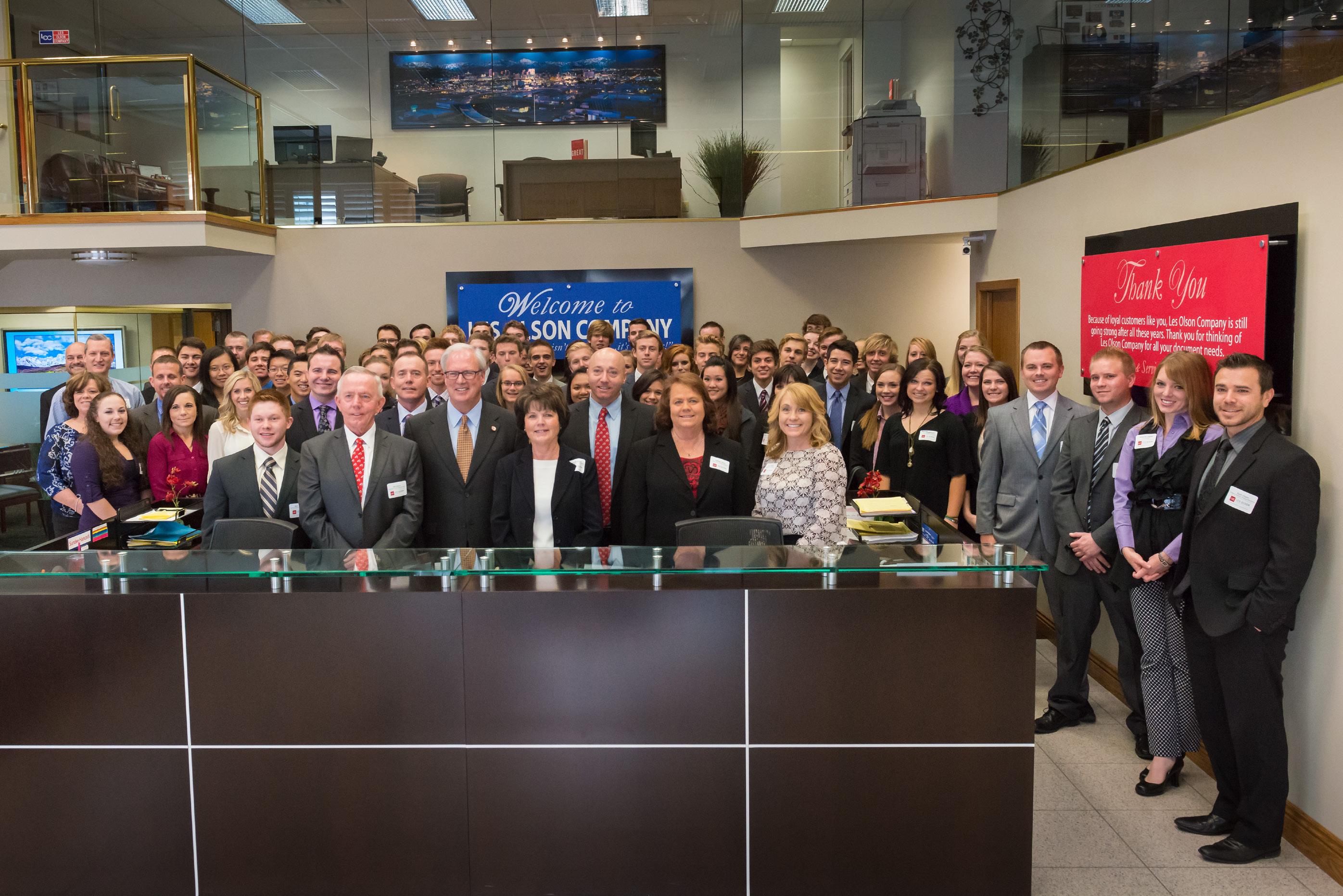
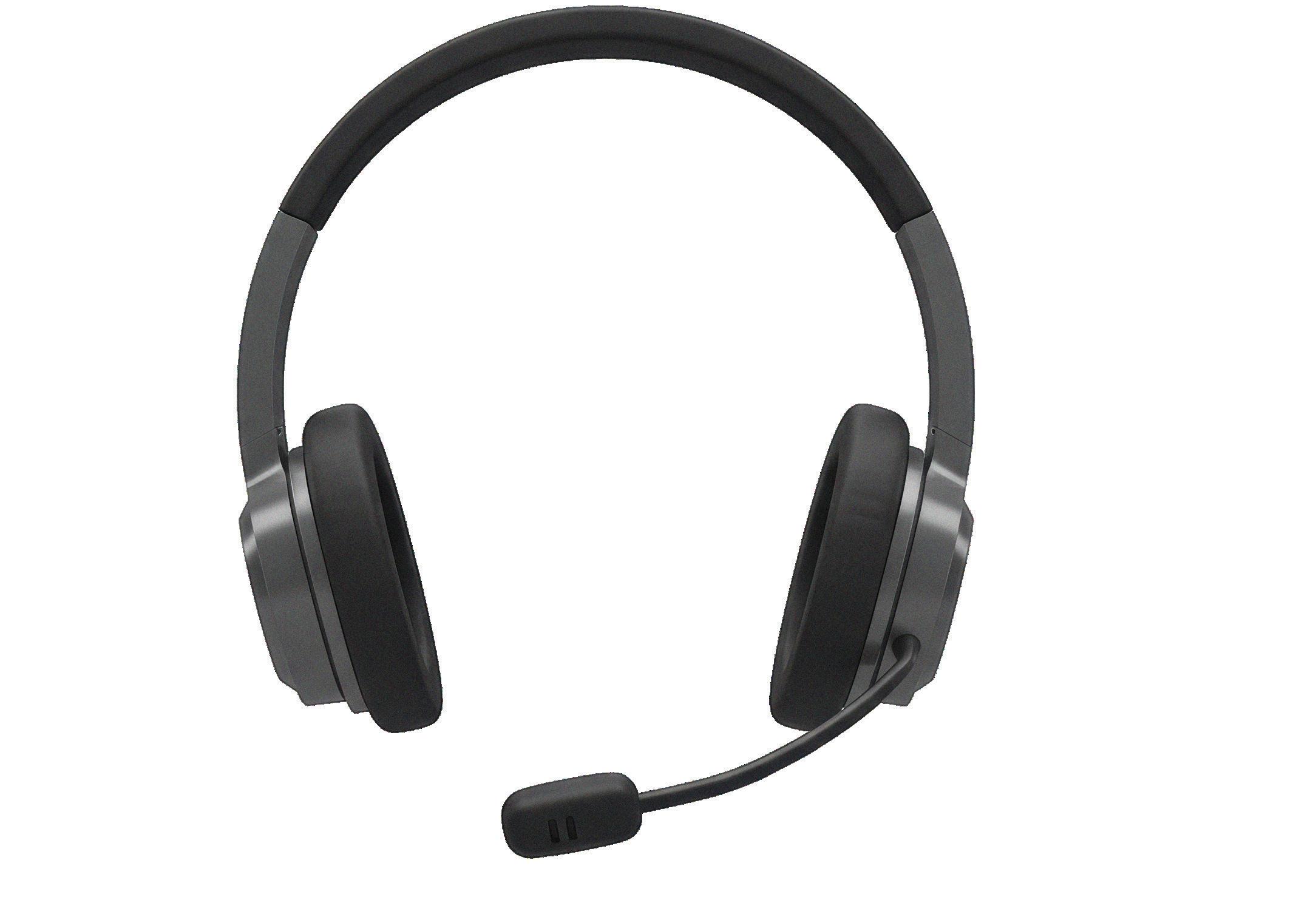
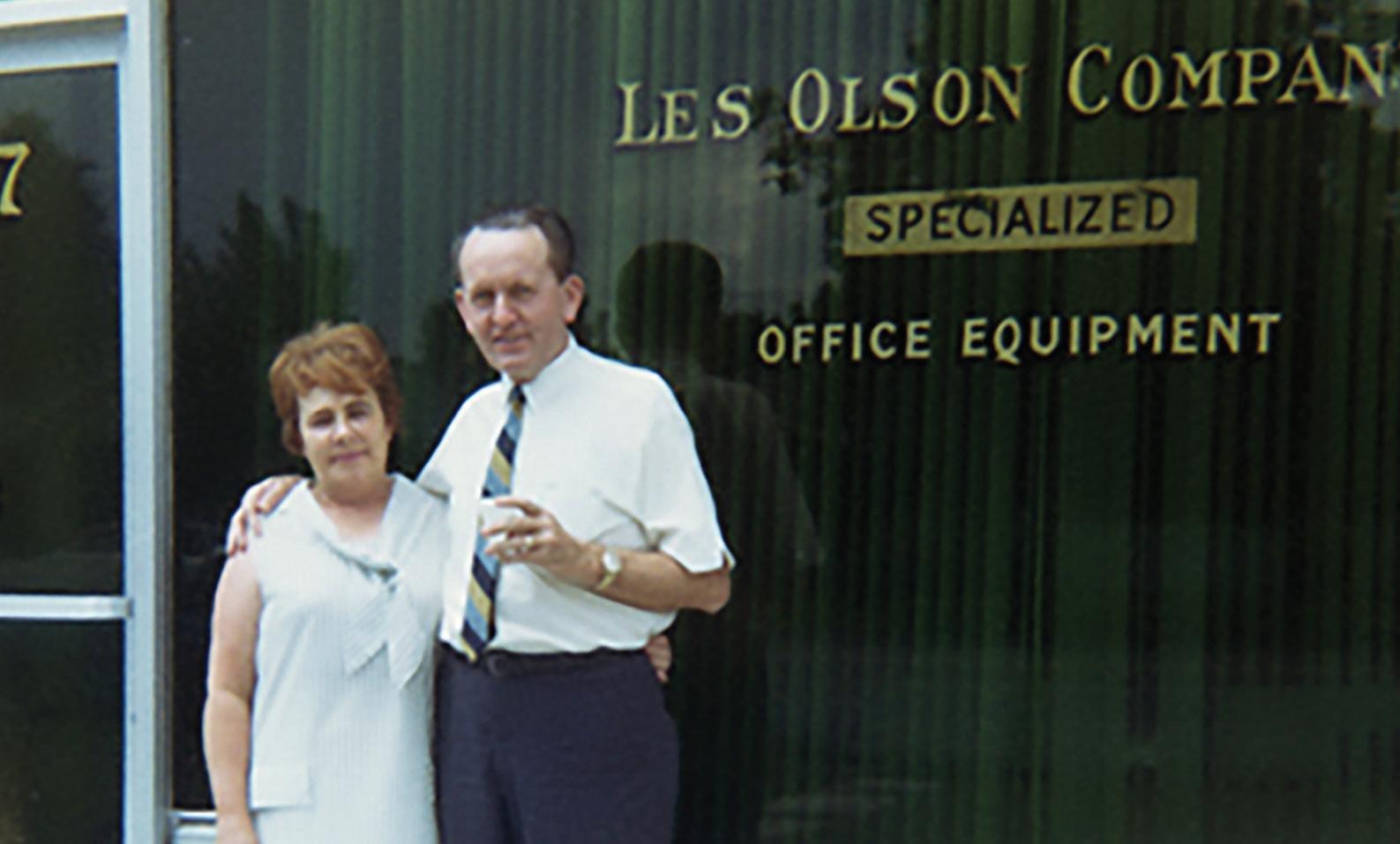

Olson Company.
Thaller, Chief Business Officer and Chairman of the Board, and Olson, the company’s CEO, have built their careers within a business that is deeply rooted in family values, community service, and a relentless drive for innovation. Their grandparents, Les and Reva Olson, established the company – not just as a business, but as a way of life.
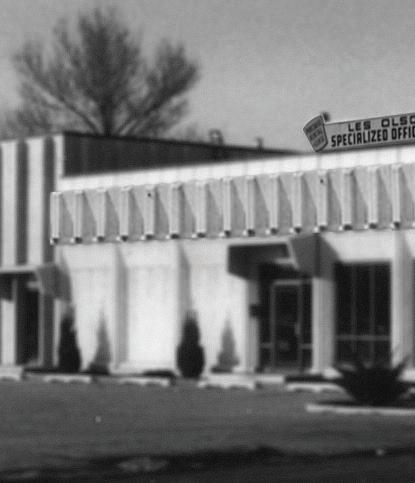
Without hesitation, she responded, “So what are we going to do now?”
Reva, always his greatest cheerleader, stood behind him as they stepped into the unknown. Their children rallied together, pooling money to help their father travel to the East Coast to pursue a new opportunity in dictation equipment – a technology then in high demand in offices across the country. Les earned his authorization in Commander Comptometer and returned to Utah ready to start fresh.
From the family’s kitchen table, Les launched the Les Olson Company.
“His warehouse was the trunk of his car,” Olson said.
Les and Reva were extremely family-oriented. Every weekend, their home was filled with relatives. Thaller and Olson grew up in that environment, becoming not only cousins but close friends – an unshakable bond that continues to shape how they lead the company today.
“Our family’s closeness is one of the biggest reasons we’ve been successful in keeping this business generational,” Thaller said. This familial approach has become part of the company’s DNA.
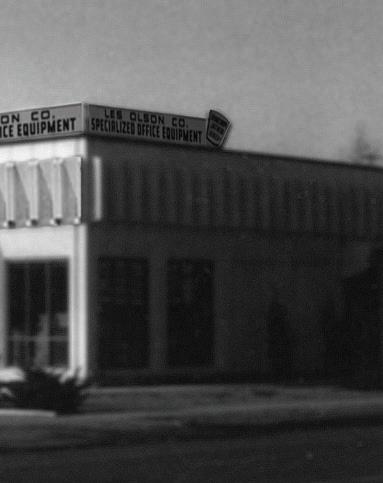


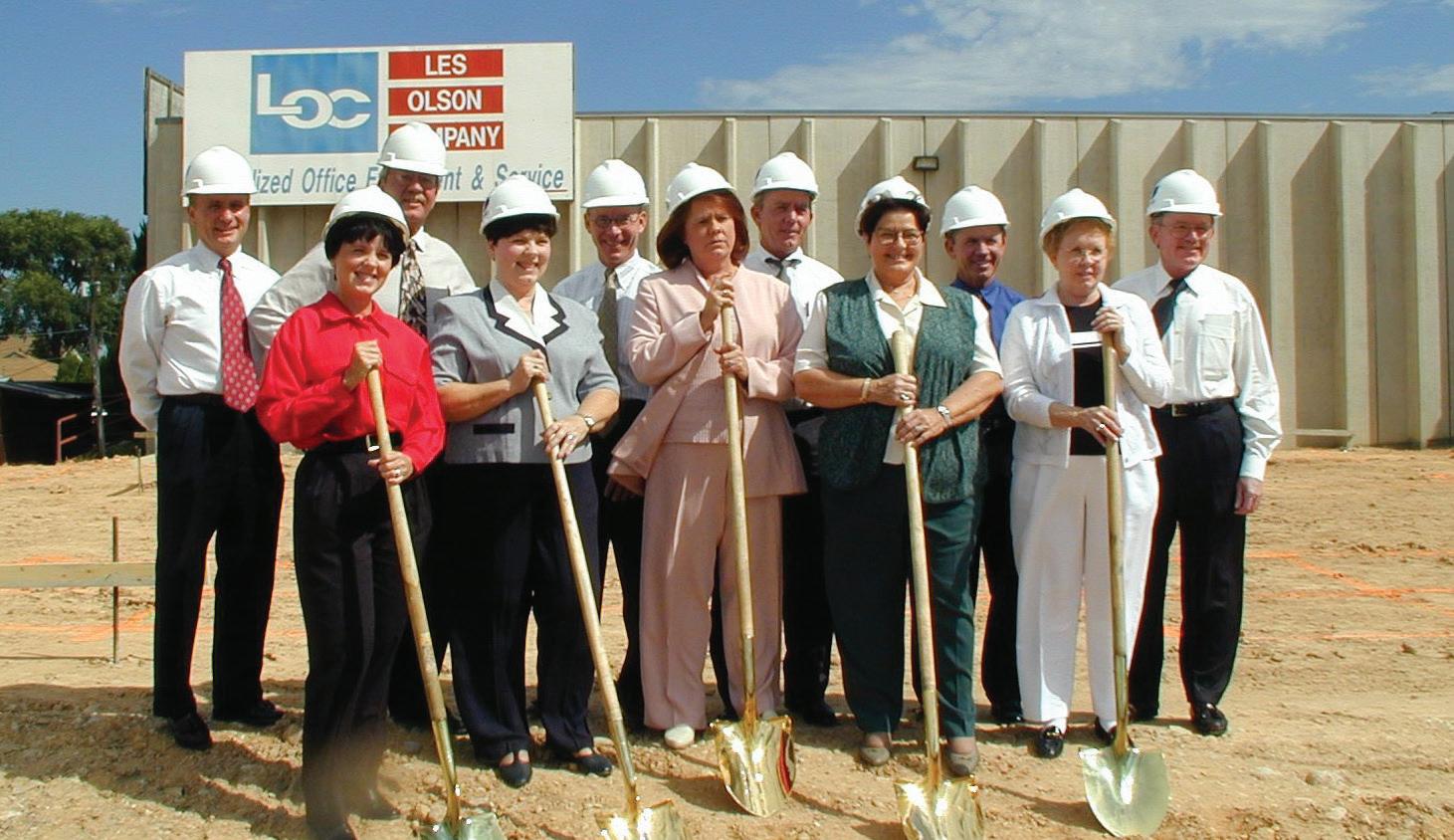
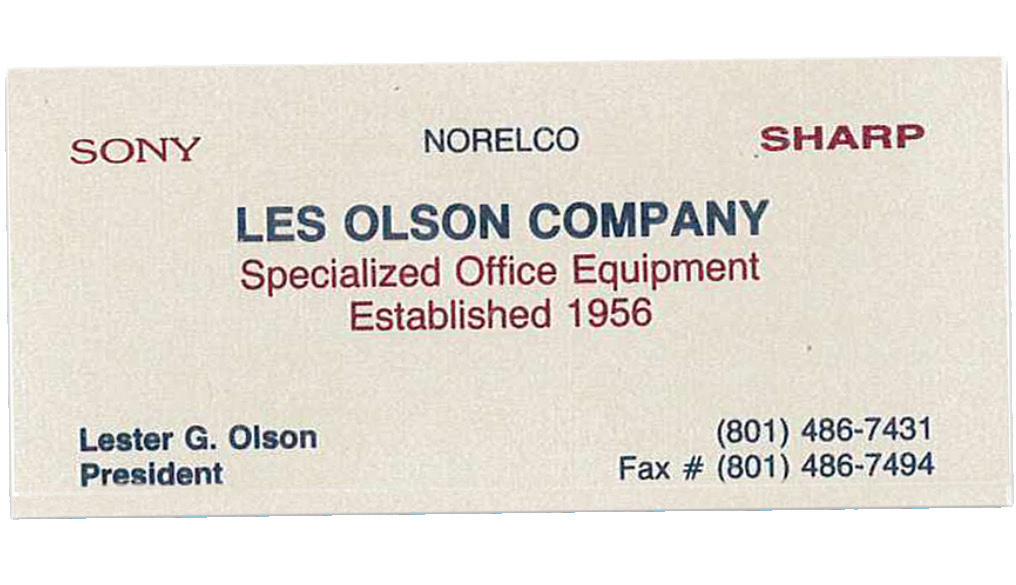
While the company began with dictation equipment, Les’s love for technology laid the groundwork for decades of adaptation.
“The transition and the pivoting came from my grandfather,” Olson said. “He loved technology, and all the generations to follow him bought into that love and direction. For so many years we were just an image and print company, but at the same time, we were the ones connecting customers’ print devices to their network. It got to a point where we thought, why aren’t we in the IT space?”
That question sparked a transformation. James Olson’s brother, Matt Olson, who served as Chief Technology Officer, and Keith Adams, who is the current VP of Internal IT, launched the company’s IT division, which has continued to grow and evolve alongside the changing needs of its customers. When personal computers became mainstream, Ray Olson, Thaller’s father and former CEO of Les Olson Company, championed the shift, ensuring the company stayed ahead of the curve. Today, Les Olson
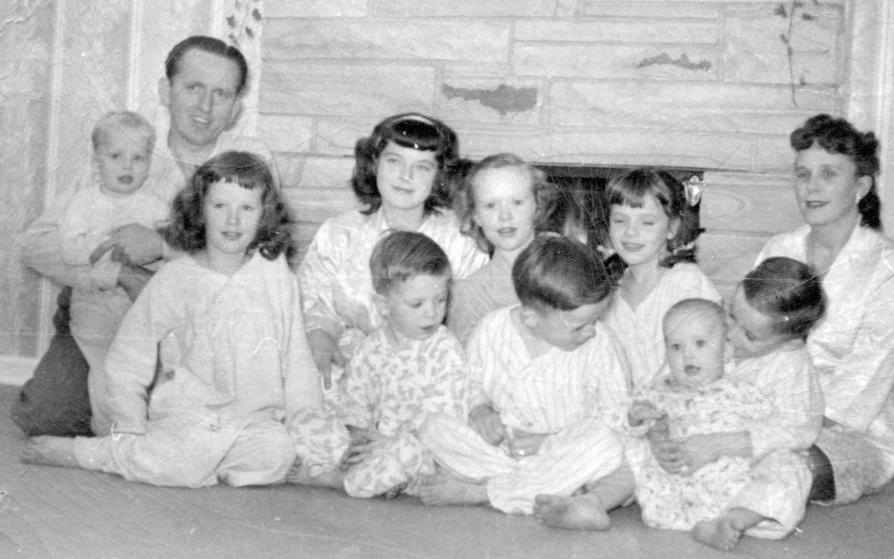

Thaller said. “It was interesting to watch over the years when big conglomerates came in and bought up all of the little guys, but through it all, we’ve chosen to grow organically – not buying out other businesses – which has allowed us to stay independent.”
This independence, they believe, gives them the freedom to prioritize what truly matters: people.

“It allows us to continue profit-sharing contributions, giving out a Christmas bonus every year, and hosting summer celebrations for every branch – bringing together what is important to us: employees and their families,” Thaller said.
prioritize what truly matters: people.
The Les Olson Company’s relationship with the David Eccles School of Business has also spanned generations, strengthening both the company and the school’s community.
The family has been involved in the Eccles School’s Family Business Roundtable, an event that brings together Utah-based multi-generational family businesses to connect, network, and share insights.
“We learned so much as a business,” Thaller said. “Our second and third generations would attend together, and then our fourth generation started to attend. We could hear how other Utah family businesses managed their succession planning or navigated business evolution challenges.”
Inspired by those lessons, the company began engaging with the school’s Executive Education offerings, ensuring that their leadership teams were equipped with the tools and knowledge necessary for long-term success.
The partnership with the Eccles School also became more personal. When Thaller’s son, Sam Thaller, was accepted into the Business Scholars program, the company began hosting students on-site, offering them firsthand exposure to what a career in business could look like.
The Olson family is deeply invested in cultivating the next generation of Utah leaders. They’ve helped establish and contributed to a variety of scholarships; all tied to the David Eccles School of Business. The Eccles School is also the first place Les Olson company looks for new talent and leaders.
“This creates legacy,” Olson said. “I think we are passionate about this business, and students who enter sales will learn that it is such an amazing career. We want to see these great students mature from their time in college to great salespeople who can come work for us.”
Looking forward, the Les Olson Company is embracing the rise of artificial intelligence, recognizing its potential to transform business operations.
“As of now, AI is significantly streamlining internal processes and procedures for the company, serving customers more efficiently,” Thaller said. “We are asking ourselves how AI can bring in automation that will allow us to expand without the costs that expansion has historically put on a business in the past.”
With a proven track record of staying up with, and ahead of, an everevolving business landscape, Les Olson Company continues to thrive–adapting to change, investing in people, and honoring the family values that started it all.
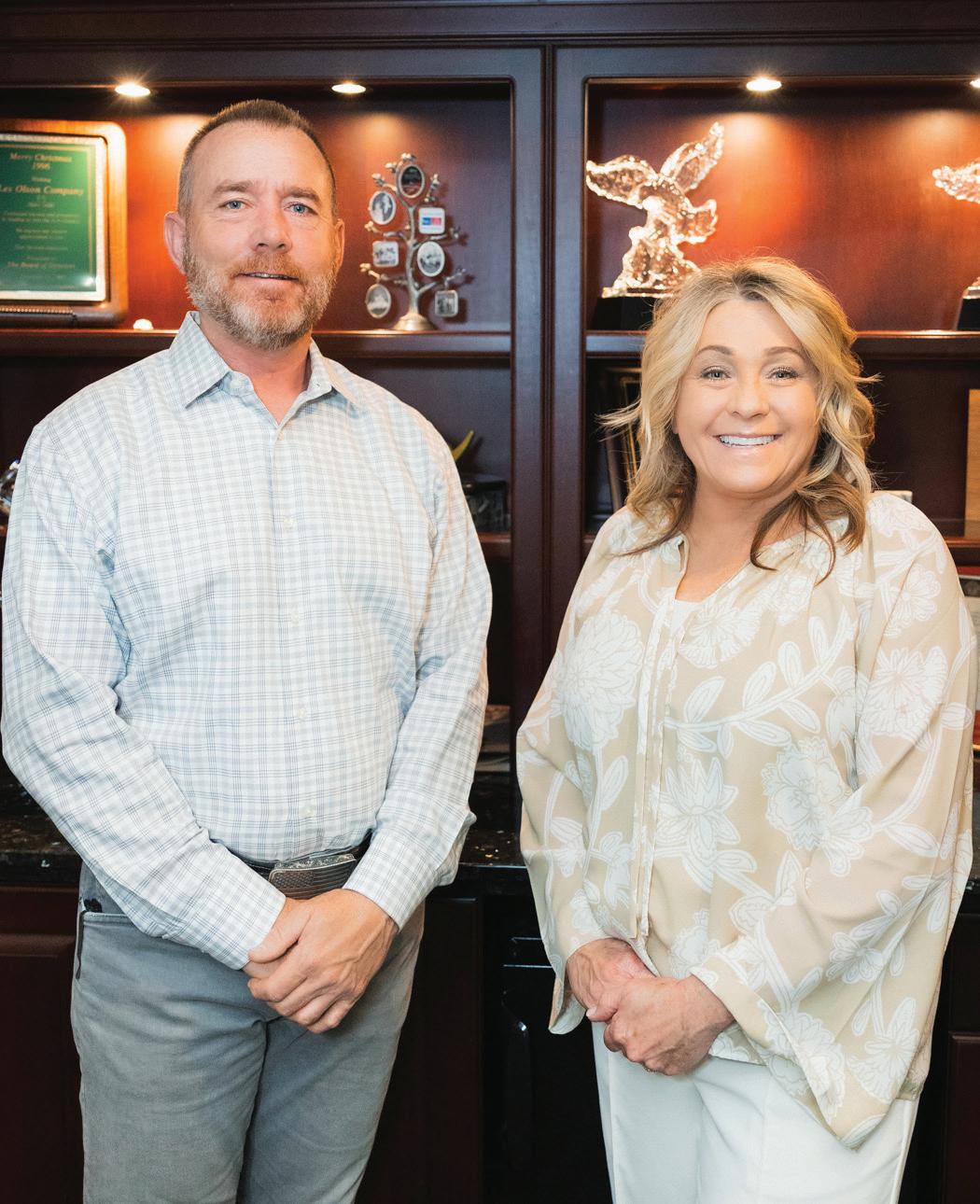
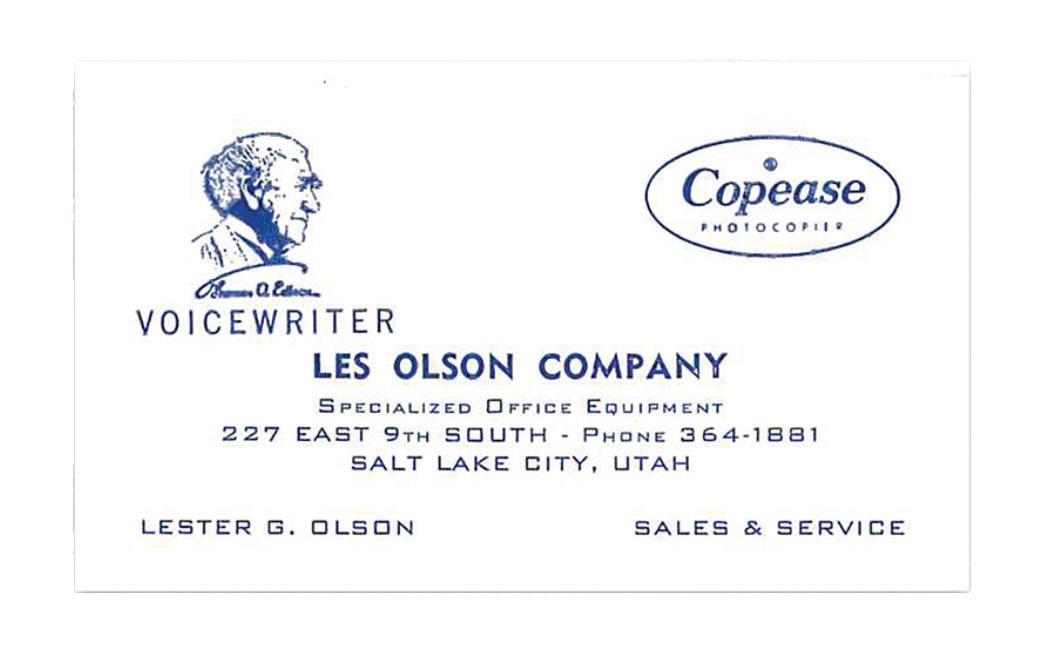

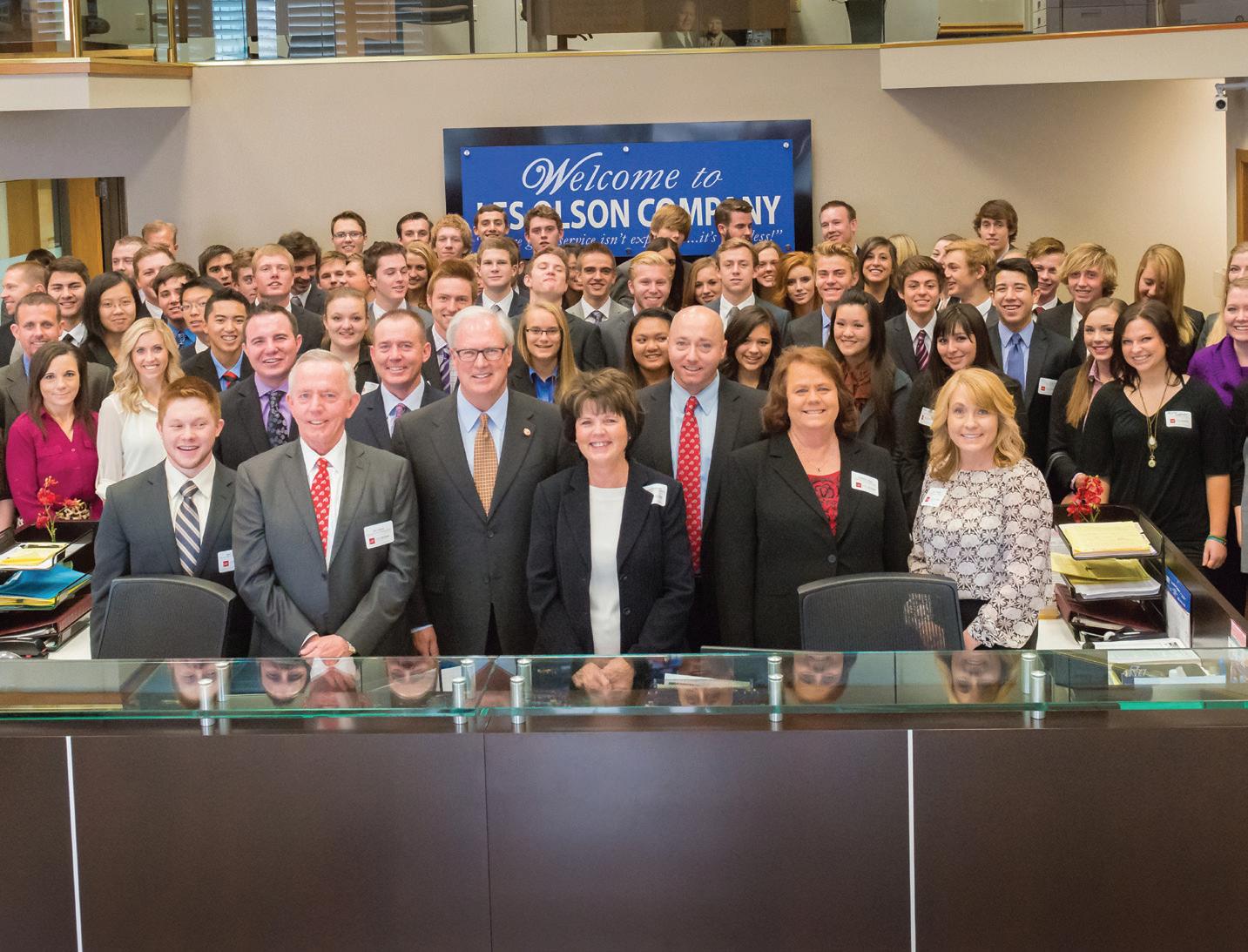



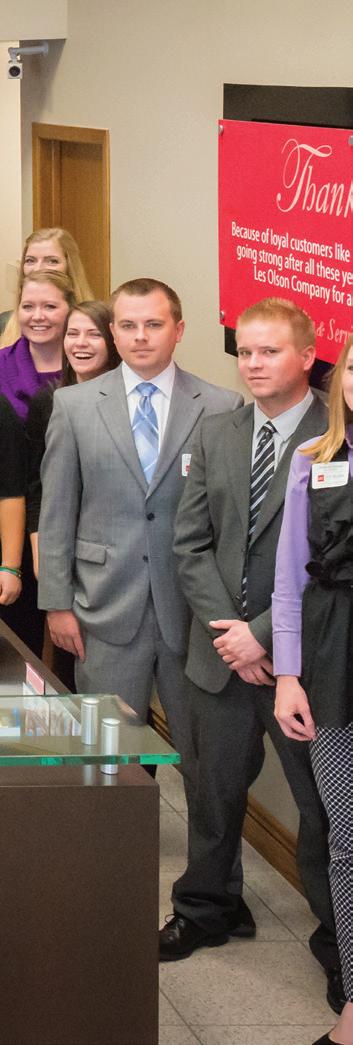


BY FRANCES JOHNSON
When The 7 Habits of Highly Effective People was published in 1989, it made Stephen R. Covey (Management BS ’53) a household name. Billed as “powerful lessons in personal change,” the seven habits are designed to help people achieve independence, interdependence, and a practice of consistent self-improvement.
For it’s time, the book and the ideas it laid out were quite revolutionary, said Steve Caine (Political Science BS ’95), longtime Eccles Advisory Board member (2015-2024) and Senior Partner in the Chicago office of Bain & Company.
“He obviously was at the forefront of that curve,” Caine said.
But, with today’s proliferation of self-help and business strategy content, are the seven habits still highly effective? Here’s what Caine had to say.
Begin With the End in Mind
“This is one that resonates with me,” Caine said.
At Bain, this principle is called being “at cause” – to always be looking for a chance to make things better and make a difference, rather than complain.
“We all bear responsibility for improving the environment that we’re in, the task we’ve been given, and the solutions we are presenting,” Caine said.
And when it comes to hiring, Bain is always looking for people who are proactive instead of waiting to be told how to do everything, Caine added.
In today’s terms, this habit means having a clear vision for what success looks like for you – and knowing how you’ll recognize whether you’ve been successful, either as an individual or a team.
“If you simply jump to the next thing that’s in front of you, you can easily lose sight of where you want to go,” Caine said. “Be careful not to fall into what’s more convenient, or you could end up down a road you didn’t intend to travel.”
Careers are full of inflection points, some of which you can control and some you can’t, Caine said, so it’s also important to stay flexible and open to new opportunities that may force you to reevaluate your end goals – but with a clear intention.
“This one is still absolutely relevant,” Caine said.
In his book, Covey uses a matrix to help people determine things that need to be done (urgent and important), things that need to be planned for (not urgent and important), things that can be delegated (urgent and not important) and things that can be eliminated (not urgent and not important).
“It can feel productive to do things that are easy yet unimportant, or not particularly urgent or important,” Caine said. “Especially if you’re a list maker, this approach can help you put a lot of points on the board.”
But that kind of work is not productive or, in Covey’s words, not highly effective. Instead, Caine said, people should think about the things that only they can do or focus on the unique value only they can deliver, and then get more comfortable letting the rest go. If you don’t, Caine said, “you can burn through all your time and resources and capacity without really accomplishing anything.”
HABIT 4 We all bear responsibility for improving the environment that we’re in, the task we’ve been given, and the solutions we are presenting.”
STEVE CAINE
Think Win-Win
Living life as a zero-sum game is not healthy professionally or personally, Caine said. But, he added, the reality is that capitalism doesn’t always allow for win-wins in every situation. The best ideas and models are rewarded, he said, and businesses are pushed to make decisions based on their bottom line.
However, if businesses find themselves on the “losing” end, but have the courage to re-evaluate and adjust, that’s good for the economic system overall.
“There’s a lot of kinetic energy that comes from that,” Caine said. “It’s important for individuals and business to avoid seeing this as ‘losing.’ If they seize the chance to transform and innovate, they can ‘win’ in the long run.”
These days, this idea is more commonly expressed as effective teamwork, Caine said.
“To be successful today, you really have to be able to assemble and guide the work of highly effective teams,” Caine said. “We use a much more cross-disciplinary approach today than we would have had even five years ago.”
While some of the seven habits have evolved or faded a bit into the background, this one is more important – and commonly applied –than ever, Caine said.
“If you’re trying to get an organization to align behind a mission, there’s a lot more effort today put into the planning and process of getting the organization on board,” he said. “As a leader, you can’t just tell junior people what to do and expect them to change. You can’t just tell people how to behave without really understanding how the change will impact them, or eventually they will leave.”
This habit can be applied quite literally, Caine said, to things like upskilling or staying relevant with the right industry experience. But he sees it more broadly – as inviting people and companies to think strategically about work-life balance.
One major downside of the COVID-19 pandemic was the blurring of work life and home life, Caine said. It was easy to just be working and accessible all the time – and many people were. As a result, Caine said, he sees people burning out much earlier in their careers. But, there are ways to course correct.
“As individuals, we need to be mindful of the things that matter to us most, and learn to create appropriate boundaries around them,” Caine said. “And organizations need to develop better ways to invest in people and meet them halfway – or they run the risk of burning out really talented people.”
Today, the seven habits are standard practice for most successful companies and people. But, Caine said, there are some things he’d like to see added to the list, including a habit about innovation, and one about giving back, personally and professionally.
“One of the things that is most rewarding is creating opportunities for others and mentoring the next generation of leaders,” Caine said. “There’s something about giving back that’s intrinsic to being highly effective.”
Wherever he is in the world—from his hometown of Provo, Utah, to the streets of Chile as a religious missionary, to the locker rooms and fields of the NFL— Britain Covey (Business Management ’21) never fails to meet someone who says his grandfather changed their life.
To them, Stephen Covey was an example and catalyst for living a happy and productive life. To Britain, he was papa.
“He was such a great person, and an even better grandpa,” Britain said.
Despite his highly successful formula for being an effective person, Covey was a goofy person who didn’t take life too seriously, Britain said. He was also a person who never claimed to have perfected his ubiquitous seven habits—he was working on them just like everyone else.
When Britain joined the NFL's Philadelphia Eagles as a rookie player, quarterback Jalen Hurts would often tell the team that “the main thing is to keep the main thing the main thing.” One day Britain approached Hurts and asked if he knew where that phrase came from.
“I told him, ‘That came from my grandpa,’” Britain said. “It’s just really cool to see how much that resonated with people 30 years ago to today.”
In his own life and career, different habits have stuck out at different times.
Britain said he often thinks of Habit #3—Put first things first—and weighs what is important versus what is urgent when setting goals and making decisions.
“That leads to a lot of goals that are attained,” Britain said. “It’s about liking the person you are and what you’re doing.”
His grandfather’s life and philosophy also taught him that life is about your contribution, not accumulation—something Britain has incorporated into his own personal mission statement. That formula made him successful in his career–and as an Eccles student, Britain said.
“When I realized with college that you get out what you put into it is when I really took off,” he said. “There is so much you can get out of the Eccles School.”
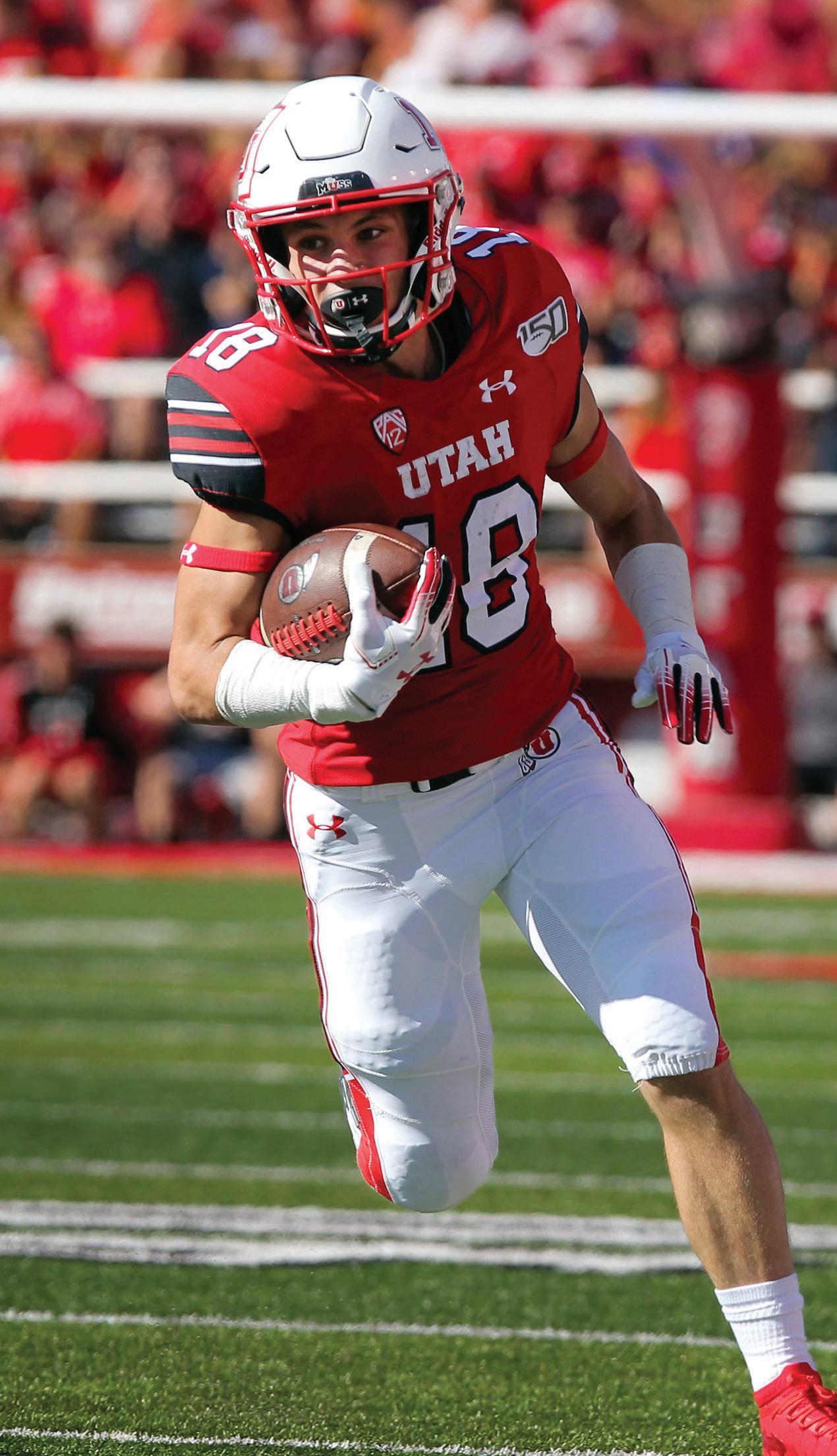
There is so much you can get out of the Eccles School.”
BRITAIN COVEY
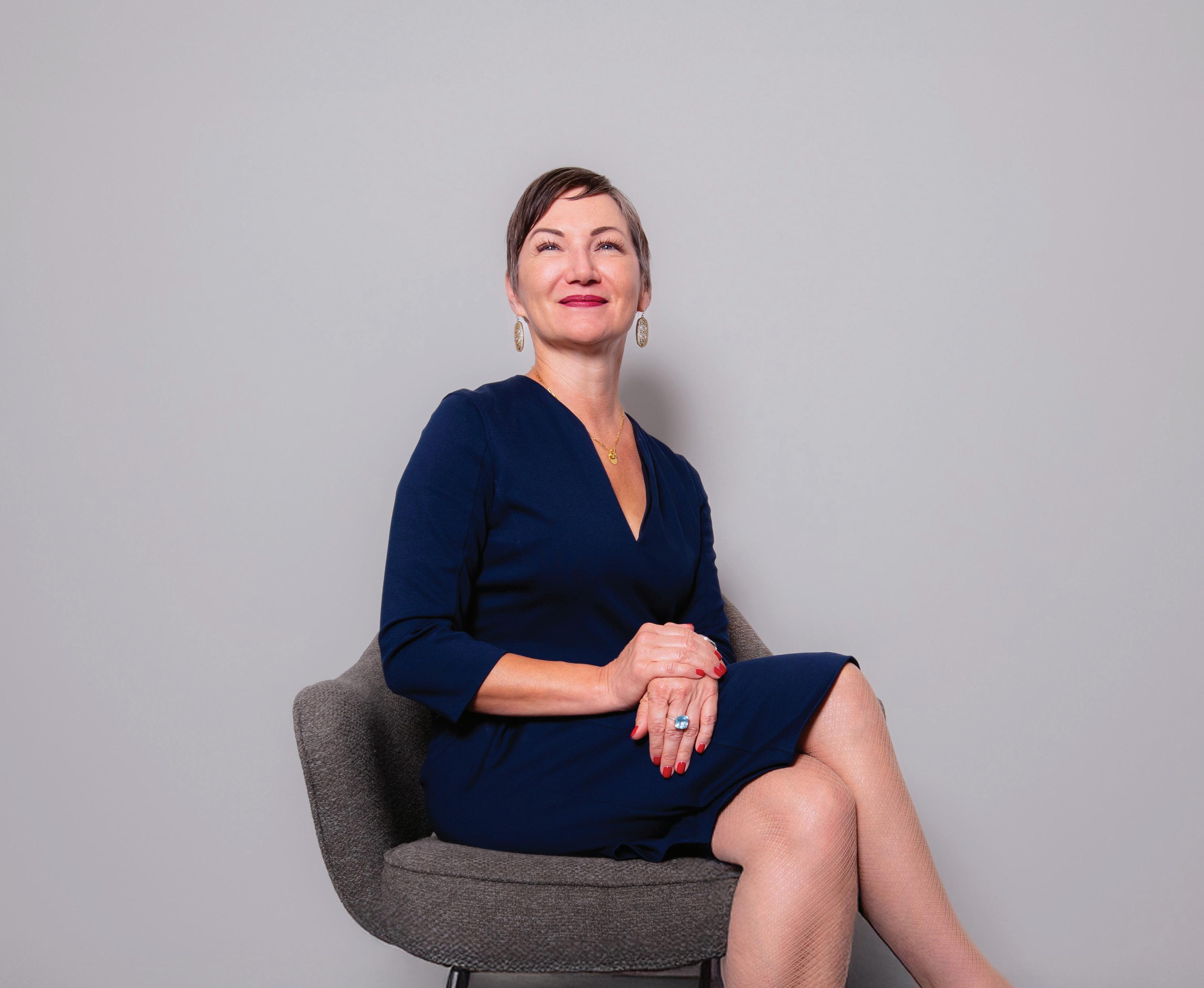
by Frances Johnson
BEYOND THE DIPLOMA
If Kate Moss has learned one lesson from her career so far, it’s this: be patient.
“It’s so easy to think, ‘I could do that right now,’” she said. But right now isn’t always the right time.
For Moss, who now serves as Utah Market Executive for Bank of America, timing was everything as she forged a path to a successful and fulfilling career that took her from financial services to social services and back again.
After graduating from the University of Utah in 2003 with a degree in sociology, Moss followed her mother’s admonition to get a “real job” and went to work for Fidelity Investments in a marketing and communications role. After nearly a decade with Fidelity, she joined St. Mark’s Hospital as the Marketing Communications Director.
“I just stayed open to the opportunities,” Moss said. “I wasn’t actually sure where my career was going to turn up. I just kept looking for the opportunities where I could learn and grow by asking, ‘Where could I use my skills to benefit the company?’ and ‘Where would be fulfilling for me?’”
The role at St. Mark’s opened an avenue for Moss to reconnect with community-based work. As the youngest member of the executive team, it also sparked a desire to build a new set of analytical and leadership skills, and Moss decided the Executive MBA program at the David Eccles School of Business was the right place to do it.
Those options included two years as Marketing Communications Manager at YWCA Utah, and two years as Executive Director of breast cancer non-profit, Susan G. Komen Utah. Her tenure there ended when the Utah Chapter closed its doors.
Finding herself at another career inflection point, Moss dusted off all her old lessons of trusting the timing and staying open to unexpected opportunities. Bank of America was just entering the Utah market and needed someone to manage the opening of their first branch in the state. So, Moss took a step back into financial services.
Soon afterwards, Moss was approached about applying for a role managing all of Bank of America’s grants and community reinvestment efforts in Utah. With her background in both corporate and community work, it was the perfect fit.
“I just kept looking for the opportunities where I could learn and grow.”
KATE MOSS
By her own description, Moss was a non-traditional EMBA student. She was a lower-level manager than most of her peers, which meant she didn’t have as many chances for real-time application of the skills she was learning in the program. Once she was out of the program, however, Moss could see that it had given her exactly what she hoped for.
“That’s where I would say it was super helpful to look back not just at my career path, but I did have the skills from my EMBA that I could look at a lot of different options,” Moss said.
Now, after years of patience and an openness to try new things, Moss has created a unique opportunity to use her passion for social change, her career lessons, and her EMBA skills all in one place.
In addition to helping manage all the bank’s lines of business in the Utah market, Moss also creates volunteer opportunities for employees and works with local nonprofits to understand the areas of need in Utah and direct assistance where it can have the biggest impact.
As for how she is learning patience at this stage in her career, Moss said it’s all about understanding there is more than one good way to get things done. She is also learning to be patient with herself, and to put some extra time and attention into her networks – both personal and professional.
“It is weird when people tell me, ‘Oh, I want to do what you do when I grow up,’” Moss said. “I think, ‘Wow, I’m a proper grown-up with a job people want.’ That’s pretty cool.”
PAYING IT BACK by
Annesley Womble
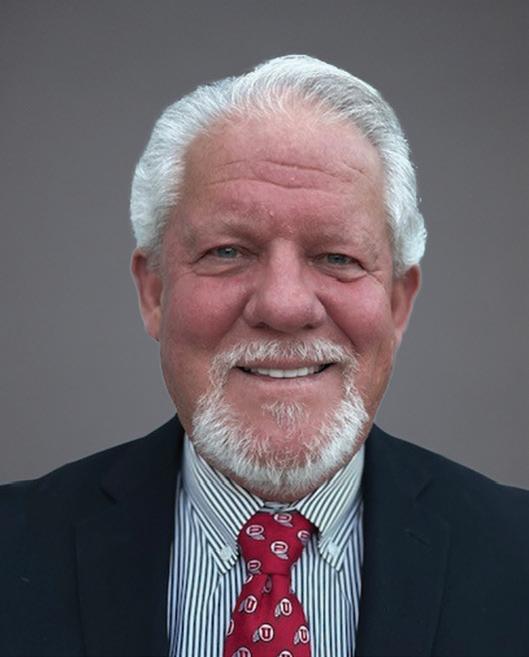
There are two things that have always held Doug Ohlson’s interest: business and golf. It was those two things that brought him to the University of Utah and started him on a career that would see him co-owning one of the top 150 promotional products businesses nationwide. And it is those two things that have kept him connected to the David Eccles School of Business for all these years.
Reflecting on his path, Ohlson credits his success to three major phases of mentorship: his parents, who instilled in him a strong work ethic; a mentor throughout his last two years of college, who inspired his dedication to accounting; and the partners of the second accounting firm where he worked, who equipped him with the tools he needed to eventually lead his family’s company.
Ohlson came to the U on a golf scholarship and immediately found his way to the Eccles School, where he immersed himself in courses across accounting, finance, economics, and business law before ultimately deciding to major in accounting.
Throughout these experiences, Ohlson received the guidance and experience he needed to realize his longtime professional dream: partnering with his two brothers to purchase Adcentives West, the company his parents had founded in 1979.
Today, Ohlson is Vice President and co-owner at Adcentives West, overseeing the company’s finance and accounting sectors. Together the Ohlson brothers have taken Adcentives West to new heights.
“My brothers and I have been able to grow Adcentives West from $5 million per year annual sales, when we purchased it form our parents in 2000, to $19 million per year annual sales today,” Ohlson said.
“You’ve heard the saying, ‘Pay it forward.’ I say, ‘Pay it back.’”
DOUG OHLSON
While finishing up his last two years of college, Ohlson joined CPA firm Hansen, Barnett & Maxwell through an internship program. Under the mentorship of Keith Barnett, one of the firm’s partners, Ohlson deepened his understanding of accounting and developed foundational skills that would prove critical later in his career. After graduation, Ohlson moved to another accounting firm, led by Lynn Hansen, Robert Steed, Clarke Bradshaw, and Gary Malmrose. After working for them for seven years, Ohlson left the CPA firm and took a position as controller with a client of the firm, National Wood Products, Inc, and spent the next seven years sharpening his accounting and management skills.
DOUG OHLSON
Ohlson’s ongoing relationship with the Eccles School has also grown stronger as he has strengthened his own career. Back to his passions of golf and business education, Ohlson has been involved for more than three decades with the Advance Displays Eccles Business Open, the school’s annual golf tournament and scholarship drive. Adcentives West supports the tournament as a corporate sponsor and also provides prizes for participants.
Ohlson also served on the Eccles Advisory Board for 20 years and established an annual scholarship to support accounting students, ensuring future generations have the same opportunities he once did. In 2017, he was honored with the inaugural David Eccles School of Business Hall of Fame Alumni Service Award in recognition of his long-standing service and generosity.
His advice to students and fellow alums of every age is to get involved, take advantage of mentorship opportunities, and leverage the alumni network. And, when the time is right, to invest in the future of the Eccles School and Eccles students.
“I feel I am a better person and a more successful business owner because of my continued connection to the David Eccles School of Business,” Ohlson said. “You’ve heard the saying, ‘Pay it forward.’ I say, ‘Pay it back.’”
by Annesley Womble
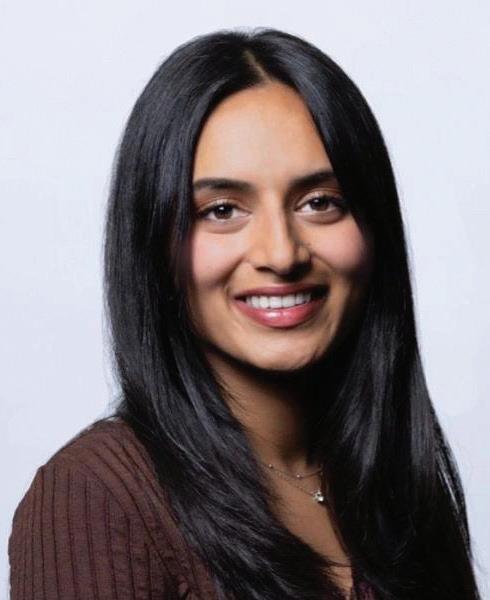
For Nikita Siddamsettiwar, the path to success has been anything but linear. And that, she says, has become her greatest asset.
When Siddamsettiwar first arrived at the David Eccles School of Business, she wasn’t entirely sure which direction she wanted to take. She joined Business Scholars, a program that exposed her to all the majors at the school and the various career paths they could lead to. Early on, she gravitated toward accounting and finance, eventually landing an equity research internship with Grandeur Peak Global Advisors. It was her first formal step into finance—but it also helped her realize equity research wasn’t the right fit.
Instead of sticking with a path that didn’t excite her, she leaned into exploration. Siddamsettiwar began branching out, joining the Sorenson Impact Institute as an Impact Investing Analyst, where she focused on venture capital. Around the same time, she got involved with the Student Investment Fund, where she built a strong relationship with Professor Elizabeth Tashjian, the fund's director and a mentor who helped shape her thinking about finance from a more applied, real-world lens.
The University of Utah gave her the tools and confidence to explore— and pivot, Siddamsettiwar said. The support of mentors, extracurricular activities, student clubs and leadership experiences, and programs such as Business Scholars and Eccles Global, all played a major role in her exploration and growth.
Eccles Global in particular marked a turning point. Siddamsettiwar went to England for four months, where she studied at Cambridge, as well as taking classes from University of Utah faculty in London.
“It sparked my love for international business and made me want to work for a truly global company,” she said.
“What you do in undergrad doesn’t define the rest of your life, you can change direction—and that’s okay.”
NIKITA SIDDAMSETTIWAR
Siddamsettiwar was on her way to a future in investment banking when a career coach at the Eccles School encouraged her to attend a three-day workshop at Microsoft. And then, everything changed.
“That experience opened my eyes,” Siddamsettiwar said. “It showed me what corporate finance could look like at a global scale.”
The workshop ultimately led to an internship, and later, a full-time role at Microsoft where Siddamsettiwar now serves as a Senior Business Strategy Manager in Microsoft’s New York City office.
Now that she is working in the kind of job she dreamed of, Siddamsettiwar said one of the most valuable lessons she has learned is that career paths don’t have to be permanent.
“What you do in undergrad doesn’t define the rest of your life,” she said. “You can change direction—and that’s okay. In fact, it’s often celebrated.”
She has now held seven different roles at Microsoft, each one building on the last.
“Every time I interview for a new position, they’re not just interested in what I’ve done—they want to know what I’ve learned from it ,” she said.
Now, Siddamsettiwar is trying to help other Eccles students have the same formative experiences and exposure she did. She is an active member of the New York City Alumni Chapter and regularly participates in the “Week on Wall Street” program, where she helps introduce current students to the finance world in New York City.
“I view the Eccles alumni network as one of my most valuable assets,” Siddamsettiwar said. “There were so many people who helped me when I was figuring it all out—and now I want to do the same for others.”
Frances Johnson
Ben Holley was three years into a music degree at the University of Utah when he decided that his aspiration to be the next conductor of the Utah Symphony might not be as realistic as he had once hoped. So, with strong family roots in banking and an aptitude for math, Holley came to the David Eccles School of Business and started working towards a second degree in finance.
Though he felt a real sense of loss leaving music as a career behind, Holley’s time at the Eccles School sparked a sense of curiosity about how businesses worked – and how he could be a part of helping them work better.
“That curiosity really carried me forward,” Holley said. He also quickly discovered that a degree in finance didn’t mean he had to work at a bank or an investment firm. In fact, it was finance that led Holley to the happiest place on earth.
While completing an MBA at Harvard Business School, Holley got an internship with Disney. When he finished his degree, he went back for a full-time position, supporting a call center in Orlando, Florida.
“I went in a little disenchanted. A call center doesn’t have much cache. But I was proven wrong,” Holley said.
he could to learn new things and meet new people in all areas of The Walt Disney Company. One of those connections led him to his current role, as VP of Finance for Disney Entertainment – Television, working in the Burbank, Calif., office.
Holley jumped right into the fire, starting with the television division the same week that Disney finalized their acquisition of 21st Century Fox. The proliferation of streaming, the impact of AI and ongoing changes to how content is produced are also continuing to evolve the TV space – and impact the finances of that space as well.
“When you run into a problem, you’re going to figure out a way to fix it, even if you can’t see the solution clearly right now.”
The call center was a data-rich environment where the sales team, product team, and the overall value proposition of the company all came together. It was a place, Holley said, where creativity could run wild.
“A lot of job experiences are what you make them. You can go in and make it awesome or you can go in and make it miserable,” Holley said. “Ultimately, you can learn and develop from anywhere.”
Just as curiosity guided Holley’s experience as a student, it has helped him build a fulfilling nearly 20-year career with Disney. He went from supporting the Orlando call center to leading the call center finance team, and then to working as Senior Finance Manager for Walt Disney World financial planning, all the while doing everything
BEN HOLLEY
“It’s a fascinating time to be in this spot, but it’s been a tumultuous ride as well,” Holley said.
But curiosity continues to carry the day, and it’s at the heart of any advice Holley would give to current students or other Eccles alums.
“One of the things I gained at the business school was that entrepreneurial spirit,” he said. “When you run into a problem, you’re going to figure out a way to fix it, even if you can’t see the solution clearly right now.”
It’s an ethos Holley has applied to his personal life as well. Prompted by his missionary service in Ukraine, Holley and his family have been working with a non-profit – founded by a Ukrainian woman Holley met during his time as a missionary – that raises money to build houses for families who have lost their homes as a result of the current war.
Over the last 18 months, Holley and his family have raised $380,000 and helped nine families rebuild.
They are in a position to help, Holley said, because of the successful career he has had. That success started during his time as an Eccles student, and has continued because of persistence, curiosity, and a willingness to do things differently.
“I never would have imagined I would be where I am today and I feel very privileged to have a successful and fulfilling career,” Holley said.
“It was just down a slightly different path.”
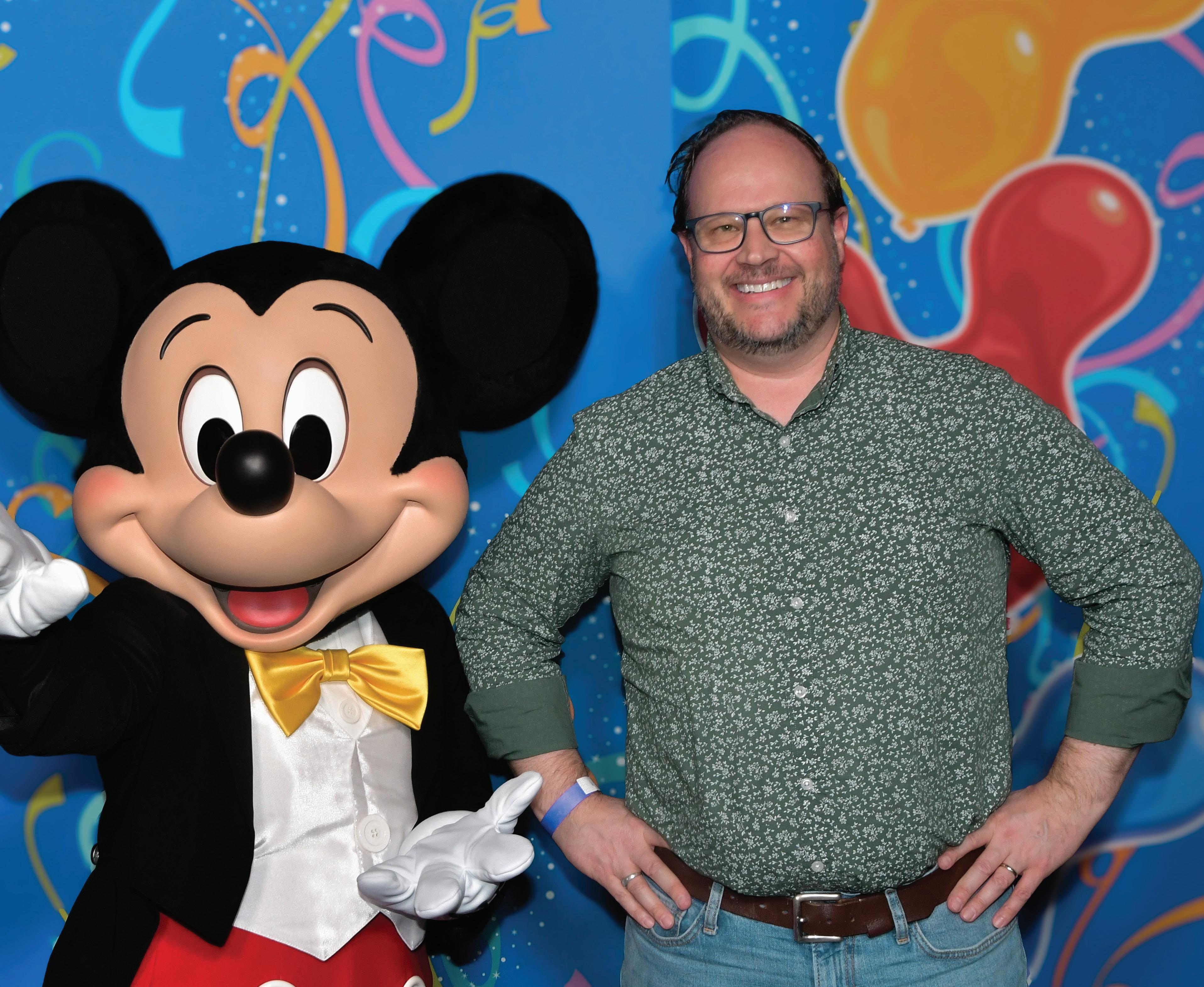
A decade ago, Jeff and Helen Cardon set out to solve a problem: low graduation rates among underprivileged students. Long-time supporters of higher education, the Cardons were shocked to learn that graduation rates for underprivileged students hovered around 25 to 35%.
The statistics revealed an uncomfortable truth. Scholarship support going to financially disadvantaged students wasn’t being maximized if those students didn’t graduate.
Their solution was a unique cohort-based, high-touch program called First Ascent Scholars, which celebrates its 10th anniversary this year. First Ascent doesn’t just offer financial support; students have access to oncampus housing, professional mentoring, academic and career coaching, and a network of peers experiencing the same struggles – and triumphs.
Many First Ascent students have also stayed in touch with the program and their cohorts, building a strong alumni base with a lot of examples of the life-changing power of a college education.
“We originally thought of it as ‘four years, then off you go,’” said Jeff Cardon. “Instead, we are in contact with most of our students and have an alumni group. The family atmosphere and ongoing mentoring of our scholars has been really rewarding.”
Jeff and Helen have shared their passion for students and the program far and wide, bringing many more donors and supporters into the First Ascent family, including Wasatch Global Investors where Jeff Cardon served for many years as Chief Executive Officer.
“We started from a place of gratitude for everything Jeff built here at Wasatch, and we want to support his passion for First Ascent,” said Mike Yeates, current CEO at Wasatch Global Investors. “Beyond that, I view it as a responsibility as business leaders that we all share to give back.”
In addition to financial support, Wasatch Global Investors has also brought on several First Ascent students as interns at the company. It’s given students exposure to projects and an industry that might have been difficult
to connect with otherwise, Yeates said. And it’s given Wasatch Global Investors access to a broader pool of experiences and perspectives in their office.
“We really believe in the power of having multiple eyes or a set of diverse outlooks,” Yeates said. “When you think long-term, that’s the only way to make a dent in the problem in the investing industry, which is that it draws from a small slice of the population.”
The support of Wasatch Global Investors and so many other partners does not go unnoticed, the Cardons said.
“We have incredible donors who are so important to our ongoing success,” Helen Cardon said. “Since we are an immersive program, we have so many partners who donate their valuable time mentoring and supporting our scholars. Camping on the ground, traveling abroad, sharing time together over lunches or dinners and having innumerable conversations with our students is very time-consuming and we can’t say thank you enough.”
When Jeff and Helen first launched First Ascent Scholars, they were hoping to achieve a 70% graduation rate among their cohorts. Over the life of the program, they’ve achieved an 85% graduation rate and a nearly 100% employment rate for First Ascent graduates. Now, they hope their success can be replicated across the University of Utah and even around the country.
“Aspirationally, it would be great if the state, other universities, or other philanthropies took note of our success and created similar programs that provide hands-on services and not scholarship money alone,” Jeff Cardon said.
As for First Ascent, Jeff and Helen are proud of to have met their goal – higher graduation rates and better employment opportunities for underprivileged students – and celebrating with those students has been the best part of the past 10 years.
“We always say that graduation day is the happiest day of our year,” the couple said. “To see our wideeyed freshmen mature and become amazing college graduates is incredible.”
We have so many partners who donate their valuable time mentoring and supporting our scholars… we can’t say thank you enough.”
HELEN CARDON
DAVID ECCLES
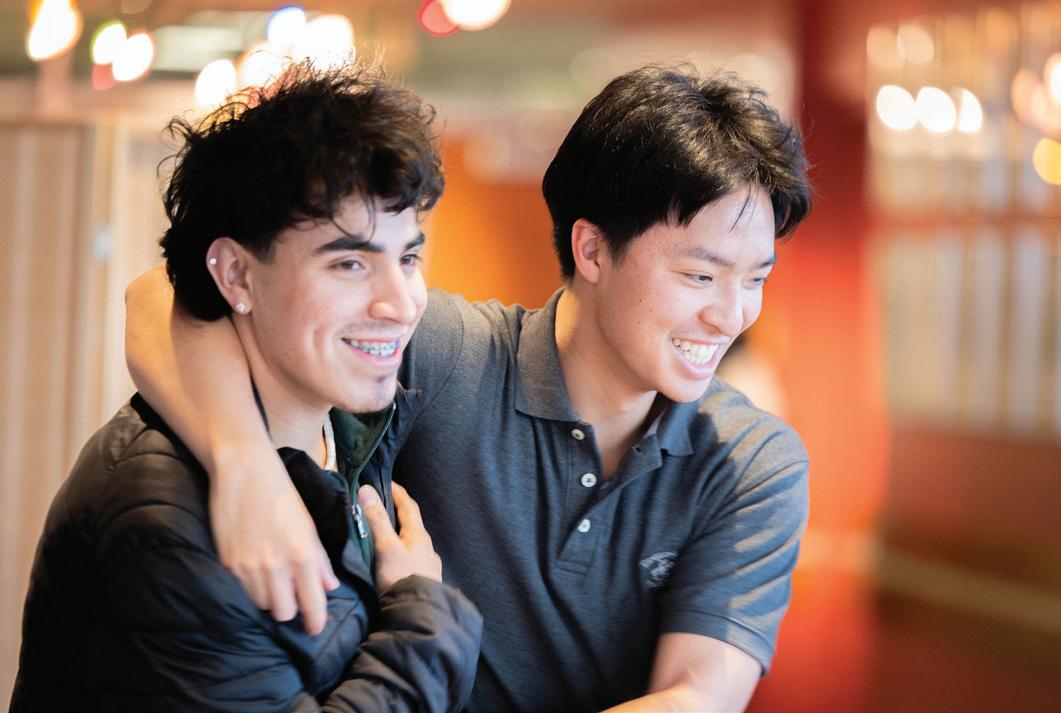
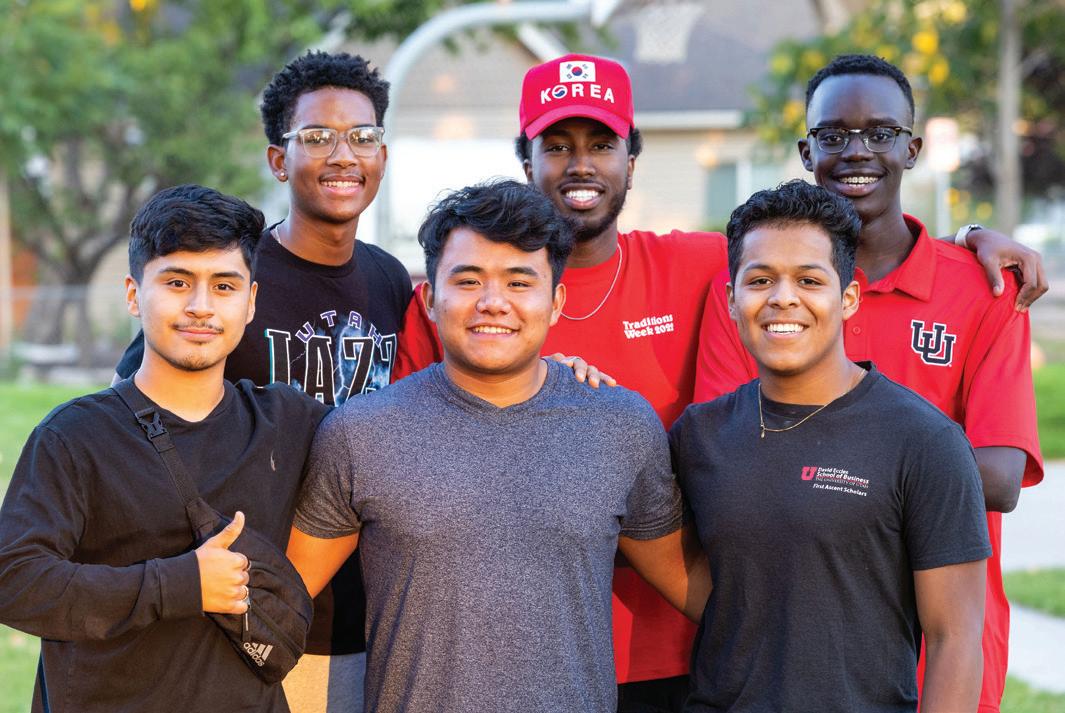
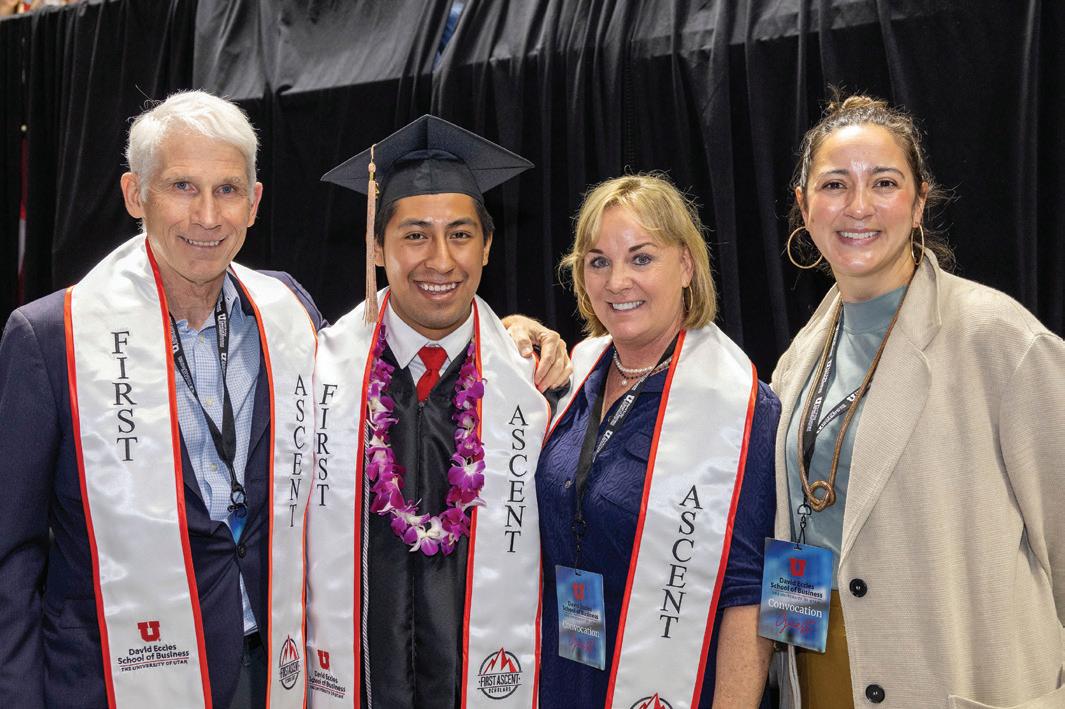
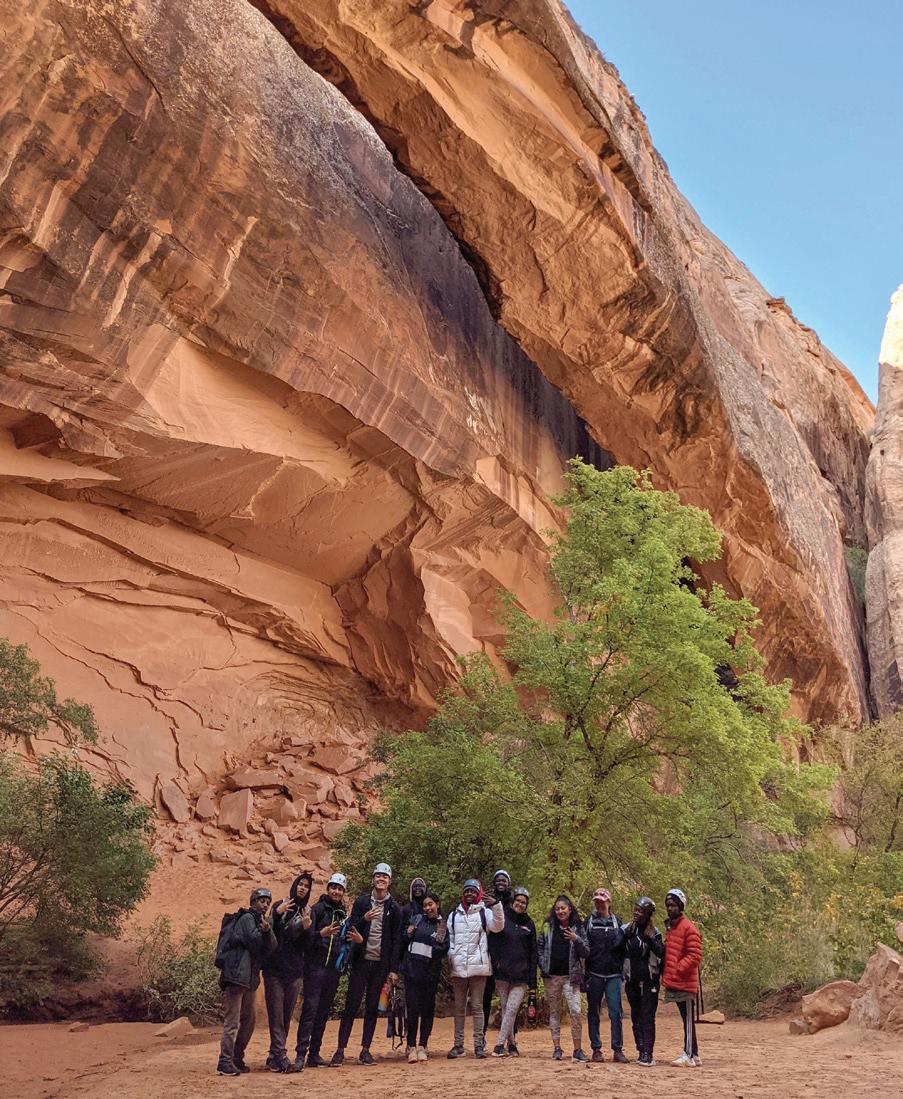
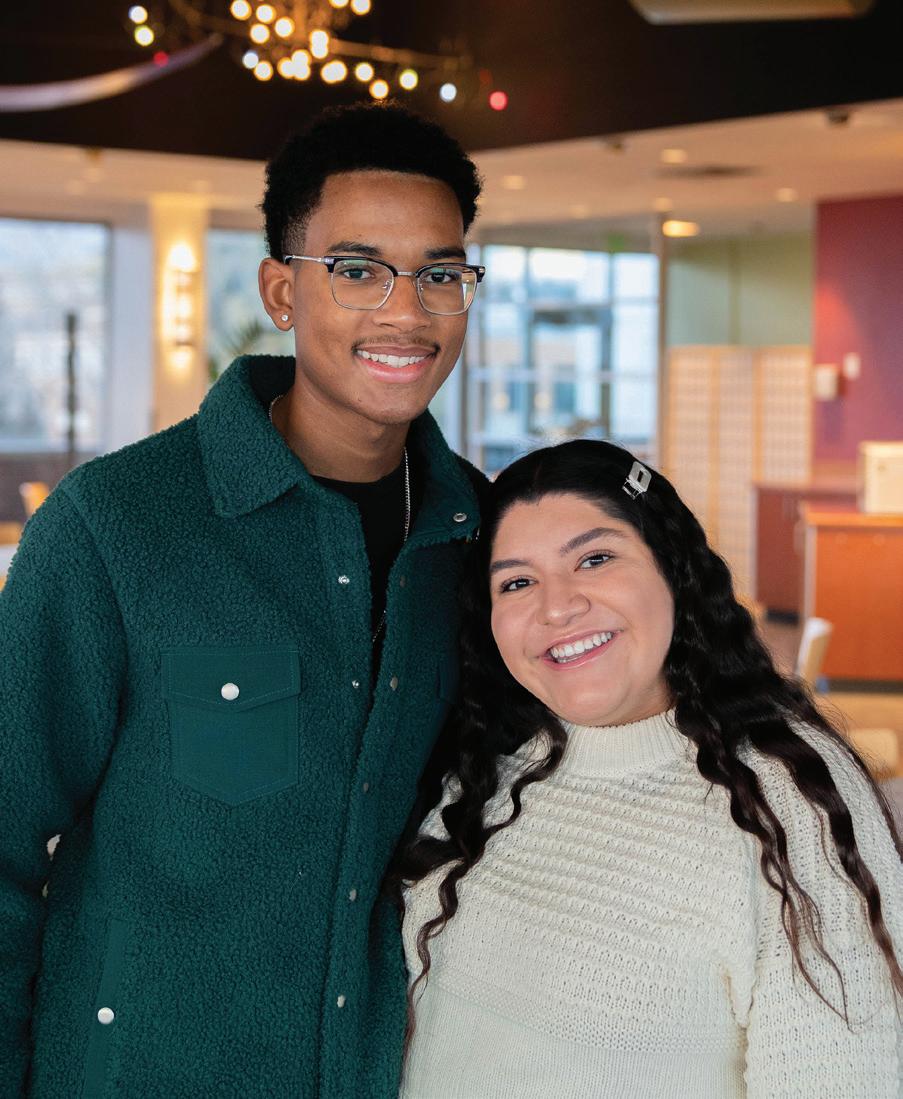
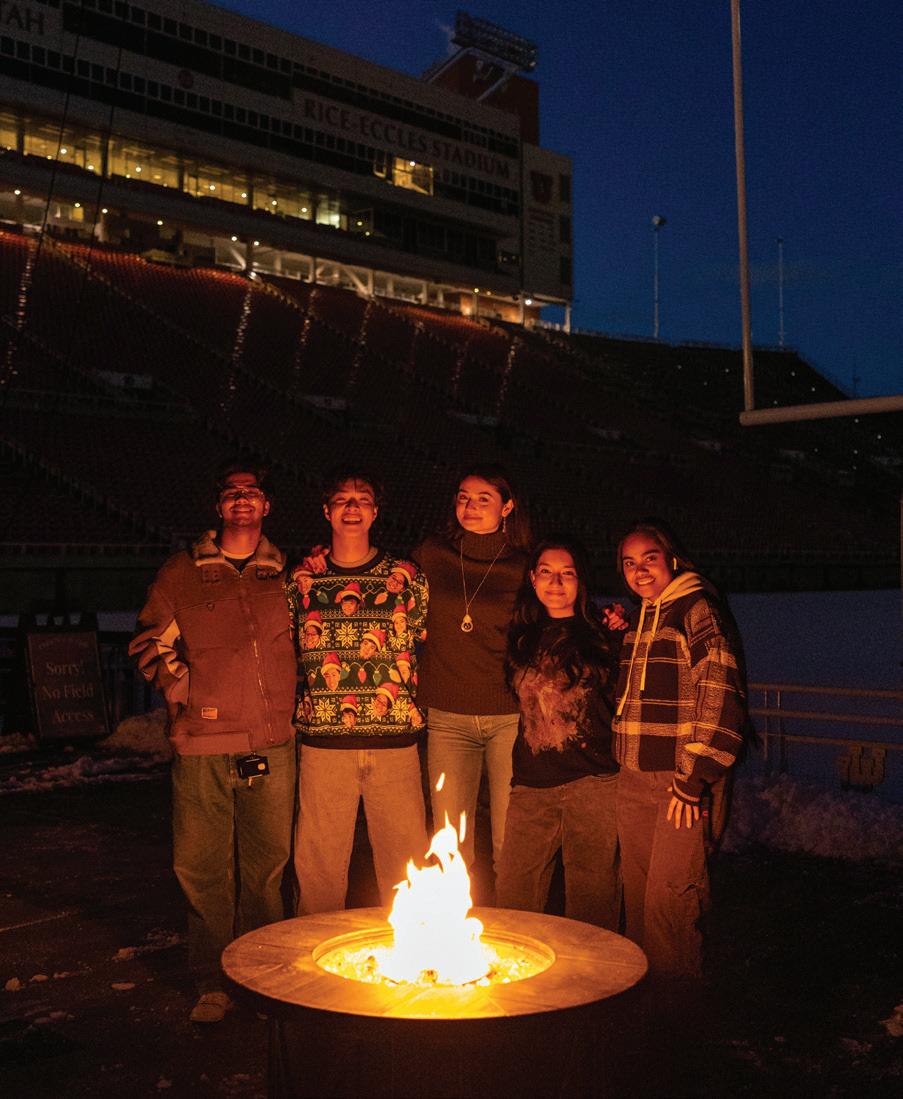
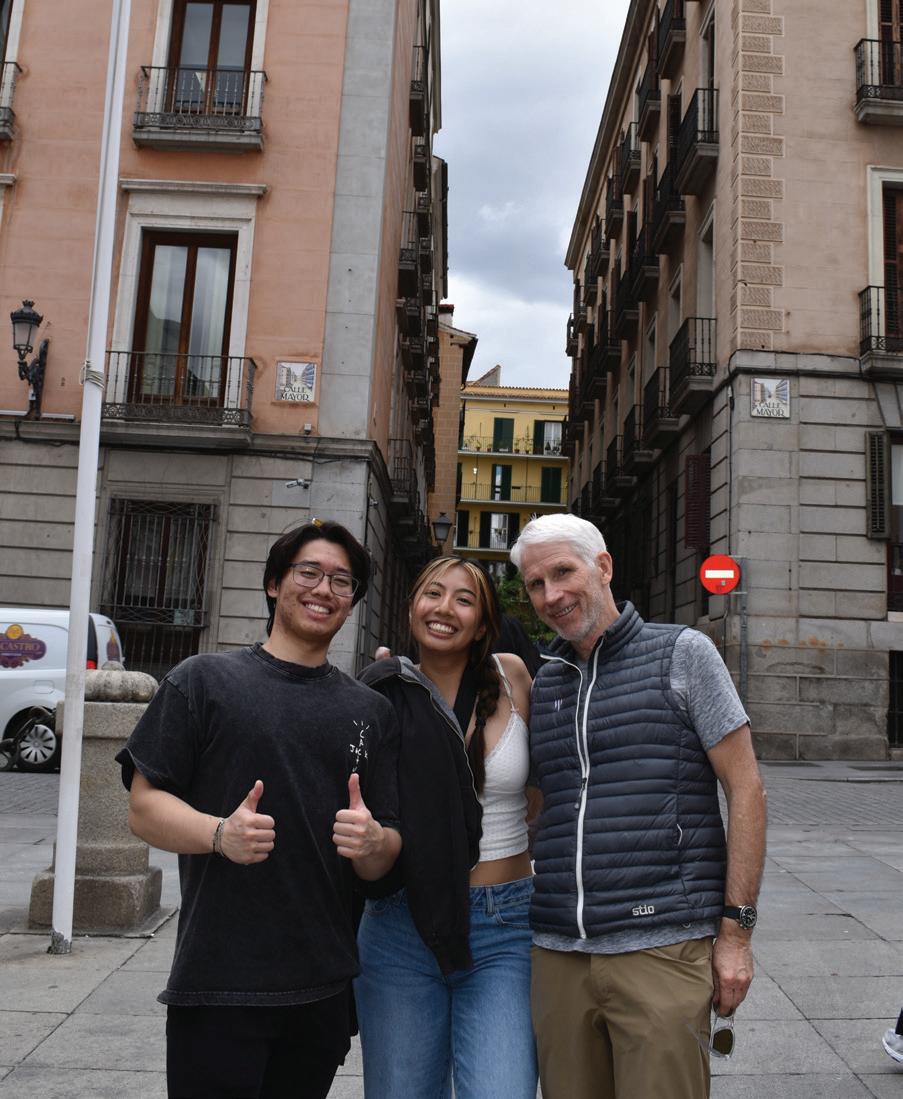
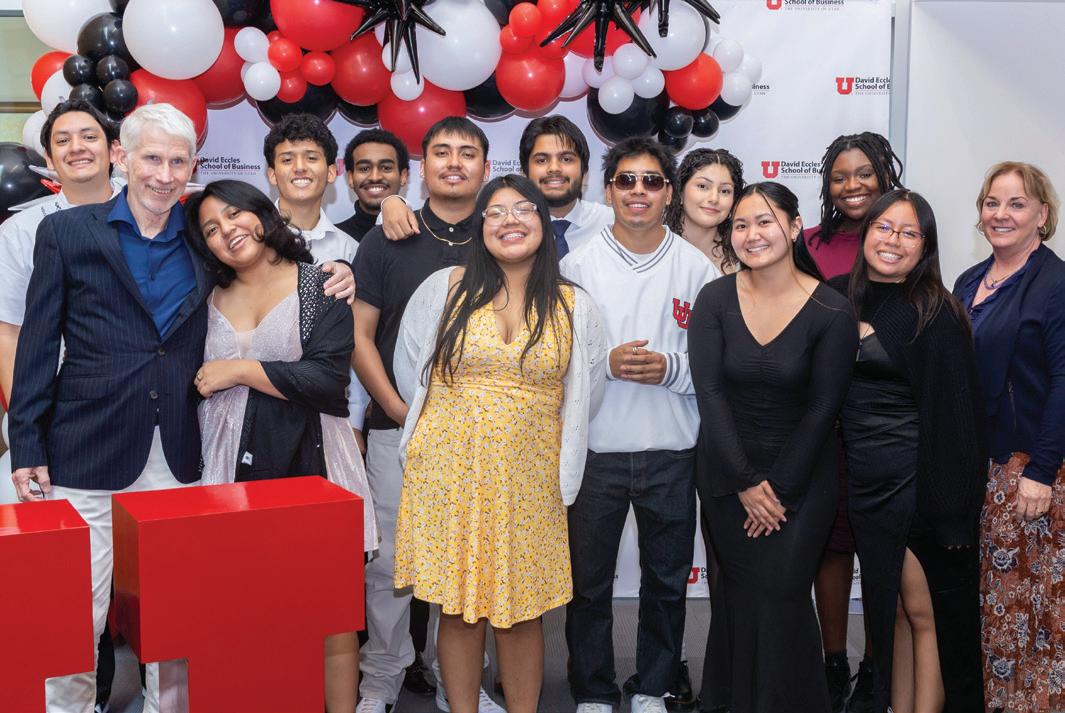
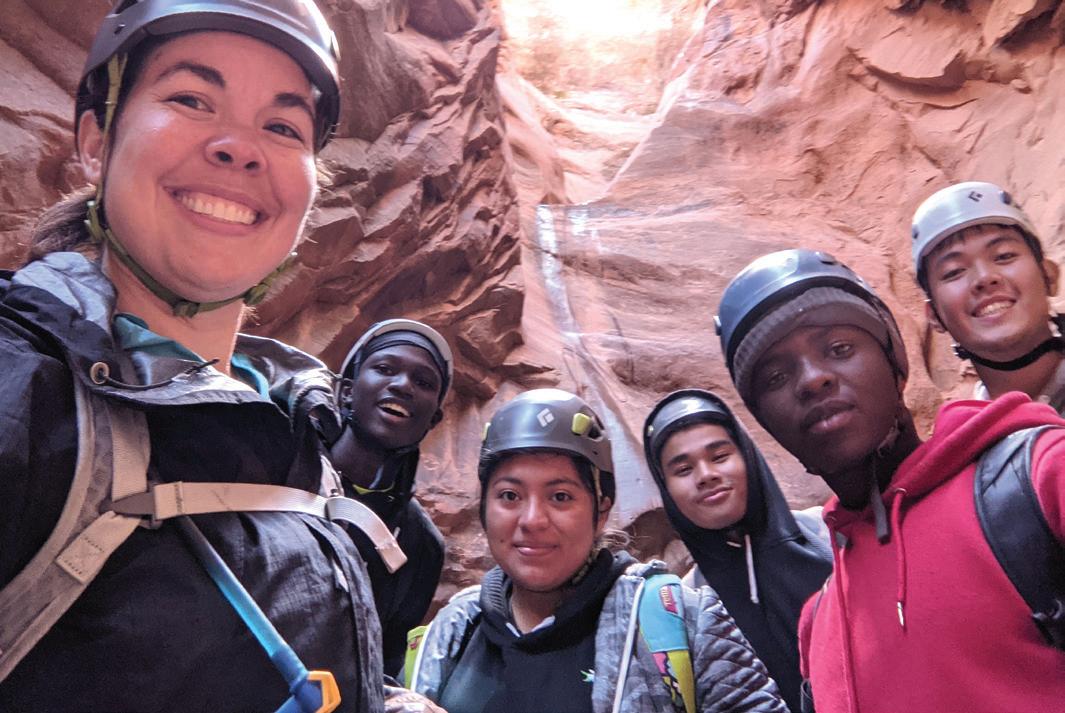
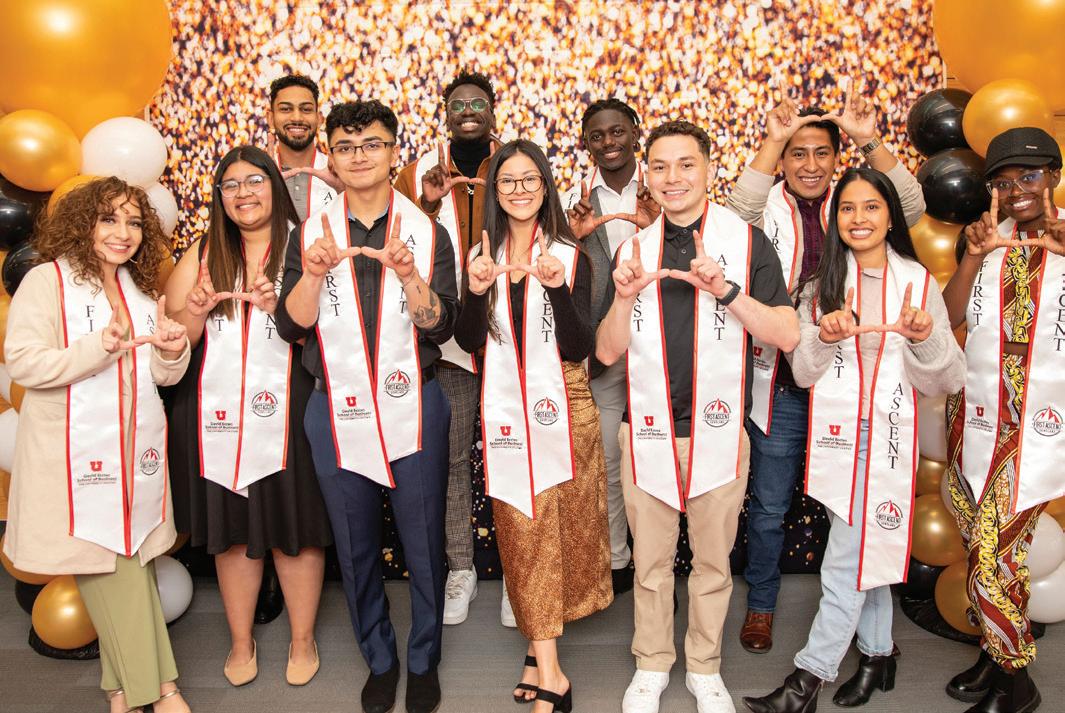
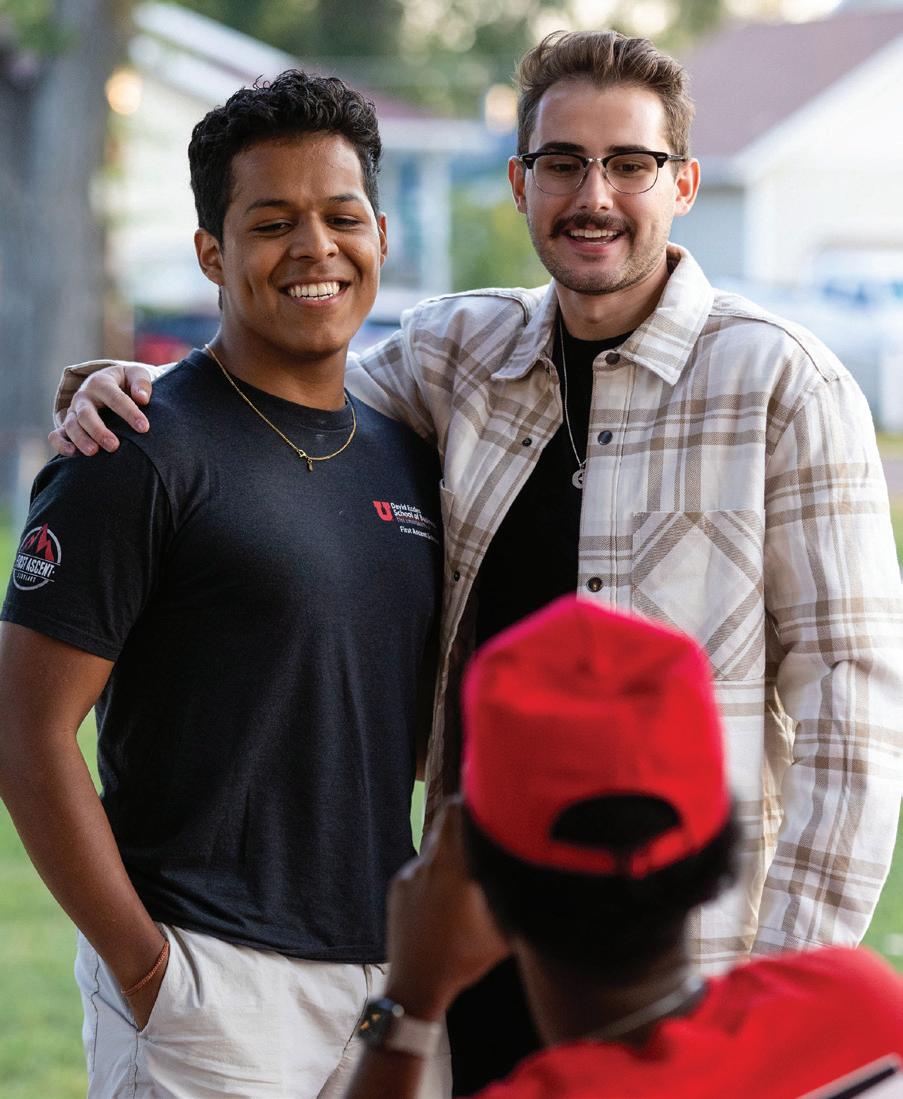
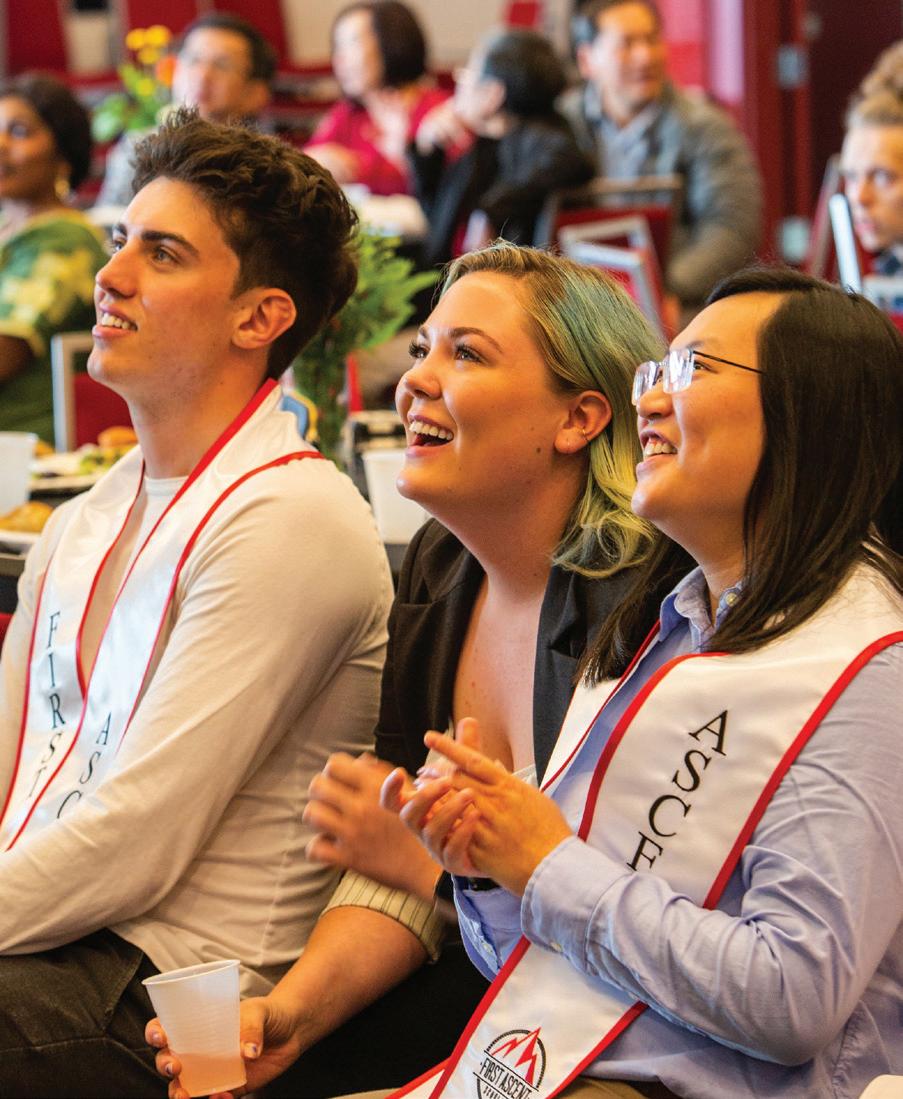
We’re proud to support the students at the David Eccles School of Business, where his legacy continues to inspire the next generation of leaders to drive innovation, pursue excellence, and shape the future of business.
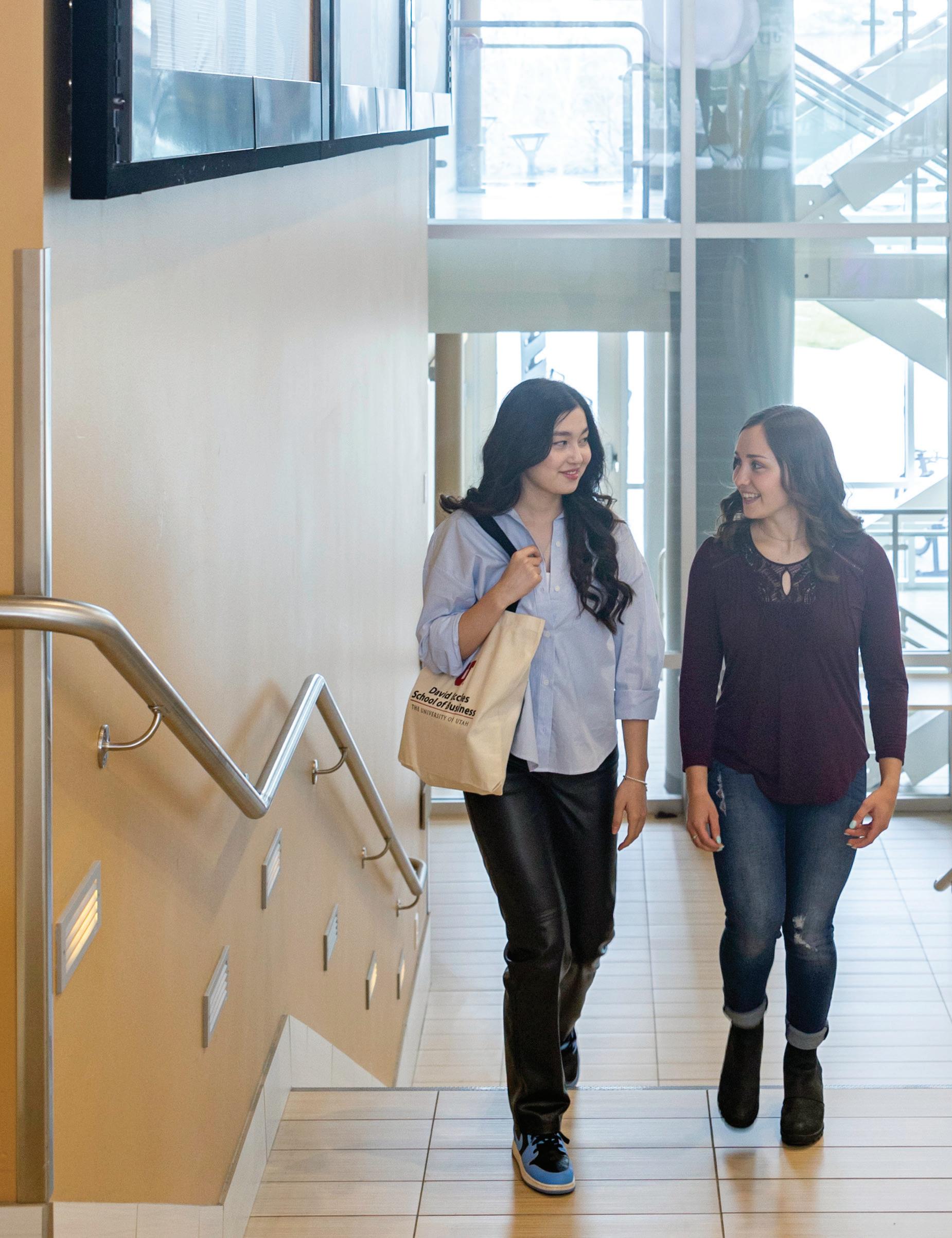
Congratulations, 2025 Hall of Fame Inductees! From the teams at
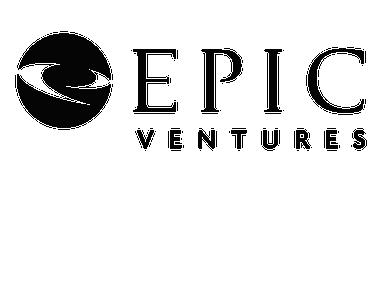
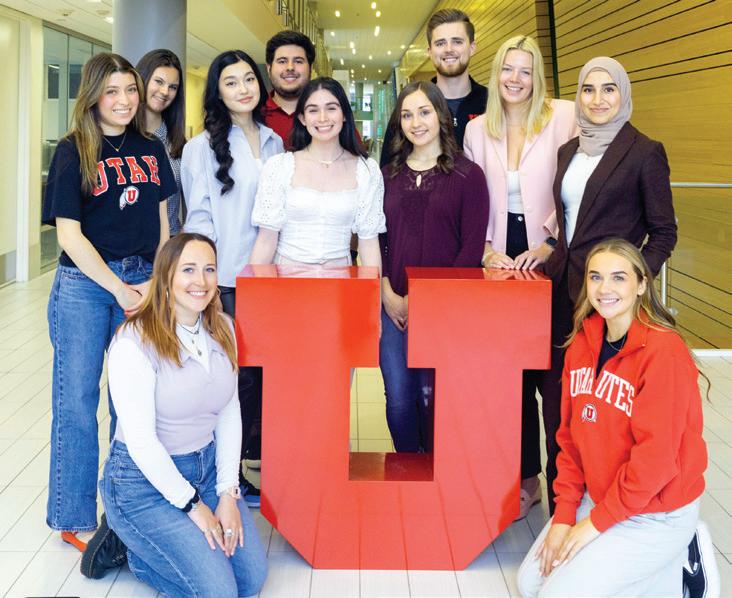

GEORGE S. AND DOLORES DORÉ ECCLES
FOUNDATION BOARD OF DIRECTORS
(L to R): Robert M. Graham, Secretary, Treasurer & General Counsel; Spencer F. Eccles, Board Chair and CEO; Lisa Eccles, President and COO
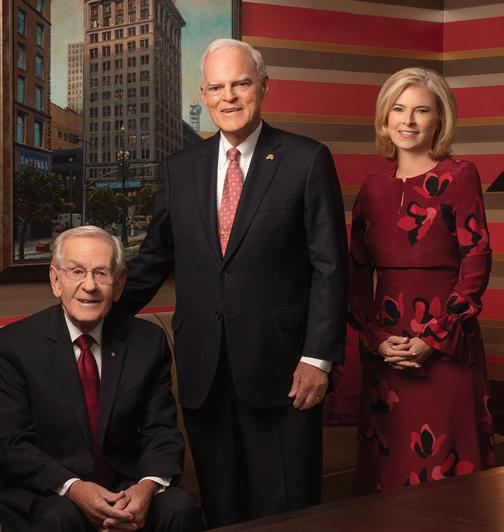

Join companies like Korn Ferry and Maverik in transforming your business challenges into hands-on learning experiences for the next generation of leaders.


While the term “toxic work environment” might be relatively new, the concept of harmful workplace cultures has been around for decades. But, according to research by Bailey Bigelow on “workplace deviance,” the way we assess negative workplace behavior hasn’t changed much in 25 years – and our assessment models are often overly broad and lacking meaningful nuance.
Workplace deviance includes a range of negative behaviors such as theft, incivility, slacking off, or personal aggression.
Management scholars have primarily investigated this through a variable-centered lens that categorizes deviance into two dimensions: actions directed at individuals and actions directed at the organization. Bigelow’s study takes a person-centered approach and finds evidence of six unique types of deviant employees: Minimal Deviants, Elevated Deviants, Thieving Antagonists, Slacking Jerks, Stagnant Workers, and Withdrawn Workers.
Employees falling into the Withdrawn Workers category were of particular interest to Bailey, as they comprised the most significant cross-section in her study, and their negative behaviors were considerably less egregious. She found that their “workplace deviance” generally entailed actions such
as coming in late, taking longer-than-allowed breaks, and daydreaming – all of which can be indicative of burnout or “quiet quitting.” Bigelow concluded that these Withdrawn Workers should not be lumped in with employees who steal, make racist comments to coworkers, or are intoxicated on the job.
“This study challenges the notion that employees engaging in deviance are simply ‘bad apples’ and calls for us to reconsider how we think about workplace deviance,” said Bigelow.
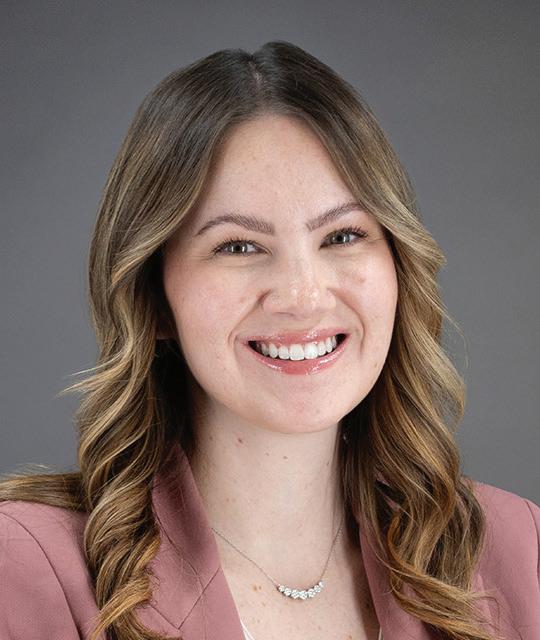
BAILEY BIGELOW
Bailey Bigelow is an Assistant Professor in the Department of Management at the David Eccles School of Business. Her research examines interpersonal mistreatment in organizations, workplace deviance, and marginalized individuals in the workplace.
The media landscape has changed significantly in recent years, and one result has been that the plethora of new media sources has made it easier for people to insulate themselves from perspectives contrary to their existing ideologies.
Ravi Sethi wanted to explore the reasoning behind that apparent contradiction.
“In prior papers on media demand, it is assumed that people consume news in order to inform themselves,” he said. “We think that, in the political context, it is worthwhile to consider the possibility that people consume news in order to best preserve their political faith, to best preserve preferred beliefs.”
Sethi’s research entailed theoretical modeling. Hypothetical agents could select whatever information sources or structures they liked (perfectly informative or biased). Agents were not siloed in information bubbles, so they could be exposed to “information shocks” – for example, the news you see on a TV at the dentist’s office or hear in conversations with colleagues.
Among the intriguing results of Sethi’s modeling simulations: If one side was more inclined to believe the mainstream media is biased against them, that side ended up choosing a more uneven, unfair, unbalanced media source for itself. Also, in a scenario where it was knowable and clear that one party offered better policies for the current state of the world, identity-based media consumption wound up creating a population wherein the majority ended up believing that the “wrong” party was superior and ended up voting for the “wrong” party.
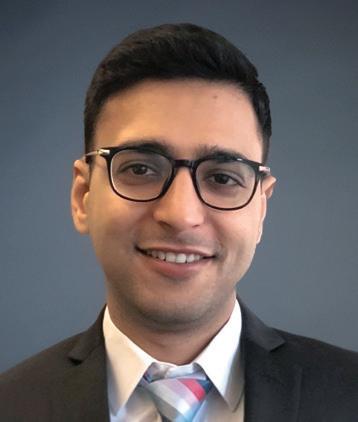
RAVI SETHI
Ravi Sethi is an Assistant Professor in the Division of Quantitative Analysis of Markets and Organizations at the David Eccles School of Business. He is an applied microeconomic theorist with research interests in Political Economy, Labor Economics, and Information Choice.
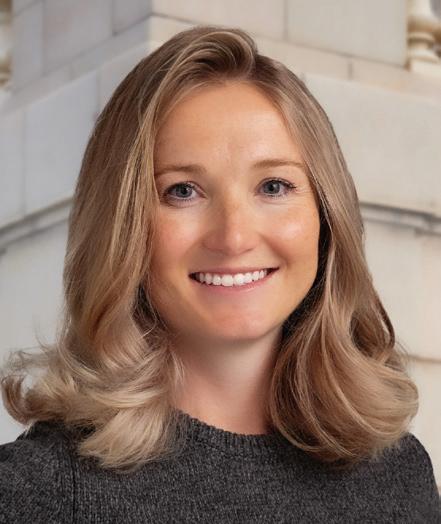
ECCLES DEGREE
Finance BS ’13, MRED ’19
JOB TITLE
Founder & Principal, Williamson Development and Co-Founder, Perpetual Housing Fund
TELL US MORE...
This one is close! “Utah Football is better than BYU Football” was the thesis of my 7th grade final paper. The love runs deep!
My answer to most of these is both – apart from having a very strong preference for fry sauce!
Both! I believe that gut instinct is heavily influenced by our prior experiences.
Kimberly A. Colton
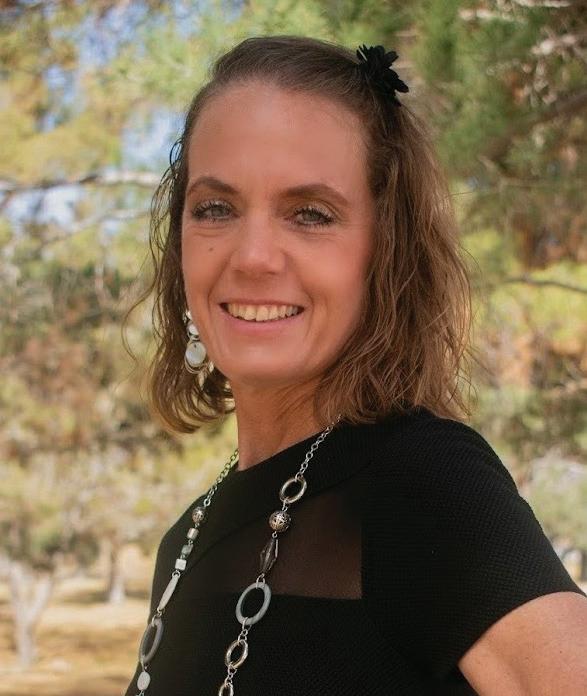
ECCLES DEGREE
Accounting BS ’96, MPrA, Tax Emphasis ’98
JOB TITLE
VP of Tax, Uplinq
We actually use Claude and Gemini more at our company, and find the paid versions to be much more helpful. ChatGPT will always be a staple though.
I always prefer to hold a meeting in person. So much of communication is body language, even a virtual Zoom or Google Meet is my preference. Email can lead to so much miscommunication.
I love hiking – it’s one of my favorite activities. I never did learn to ski and I HATE being cold.
I always know I am stronger with a team. Even when I ran a small CPA firm, I always had employees to delegate to and rely upon.
Sleeping in is about 7:30 or 8 am for me. Usually in bed by 10, though I will have some late nightsI live in Vegas after all!
If you’ve read “Who Moved my Cheese” I am 100% Scurry.
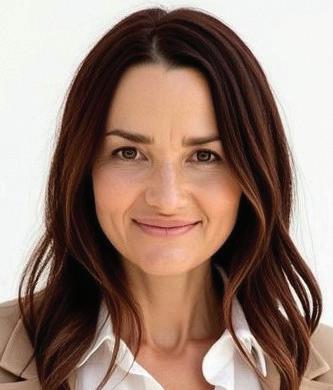
ECCLES DEGREE
Accounting
Listen,
Collaborate
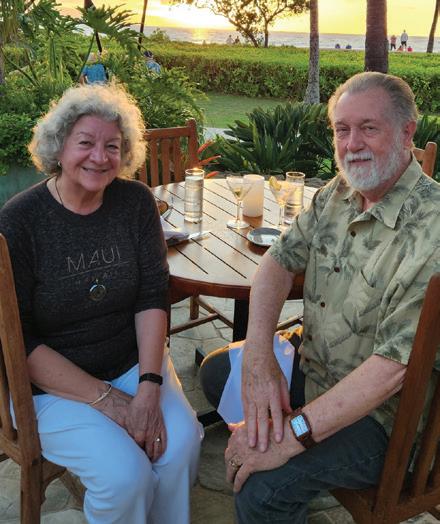
ECCLES DEGREE
Business Management BS ’79, Business Management MS ’80
Deputy Regional Director, Department of the Interior, Bureau of Reclamation (Retired)
We were Utes Football season ticket holders for approximately 20 years.
Both. I enjoyed my career and the people I worked with very much, but am also a home body
Also borderline between both. Many of my hobbies are solitary—reading, doing puzzles, walking the dog, continuing education classes, genealogy. But I also enjoy fitness classes, gathering with friends, and going to community dances and events.
Definitely a researcher. I want to be on solid ground with my decisions.
Collaborator all the way. I love working in teams and getting other viewpoints.
Not much of either anymore. I like mornings but don’t necessarily want to get up really early. One of the joys of retirement is not setting an alarm.
John Haglund
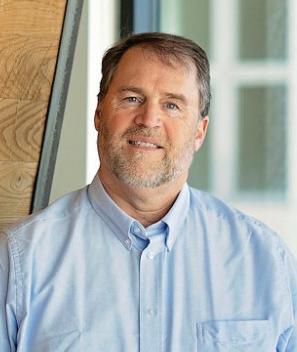
ECCLES DEGREE Finance
I get that Introvert, Email and Collaborate don’t necessarily go together. I have been a solo contributor for most of my career, but I love to get out and meet new people, which is one of the reasons the Dean Board opportunity appealed to me.
I used to prefer skiing over hiking, until I had to get hauled off the mountain by the ski patrol, and the patroller lost control of the toboggan! So now it’s hiking, preferably 9 holes at a time.
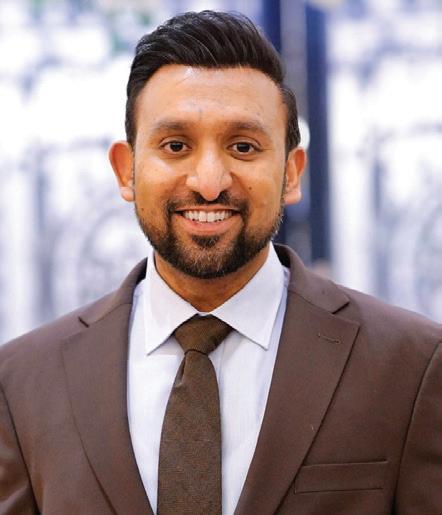
ECCLES DEGREE
Accounting BS ’11, MAcc ’13
TITLE
Senior Vice President, Director of Accounting at Ameris Bank
That feeling of going to my first game in the MUSS student section my freshman year is still unmatched.
One of my favorite quotes is “we have two ears and one mouth so that we can listen twice as much as we speak.” It’s always more effective to listen than to talk.
Accountant but somehow the one that puts together company social gatherings!
I was born and raised in Utah and spent about 20 years of my life being a couple blocks away from Arctic Circle!
I’d much rather be a student for life! There is a huge misconception that we must be mentored by those that are ahead of us or in a position where we want to be, but I have had some great opportunities to learn from peers, through Big Brother Big Sister with a high school student for four years, and many more nontraditional ways.
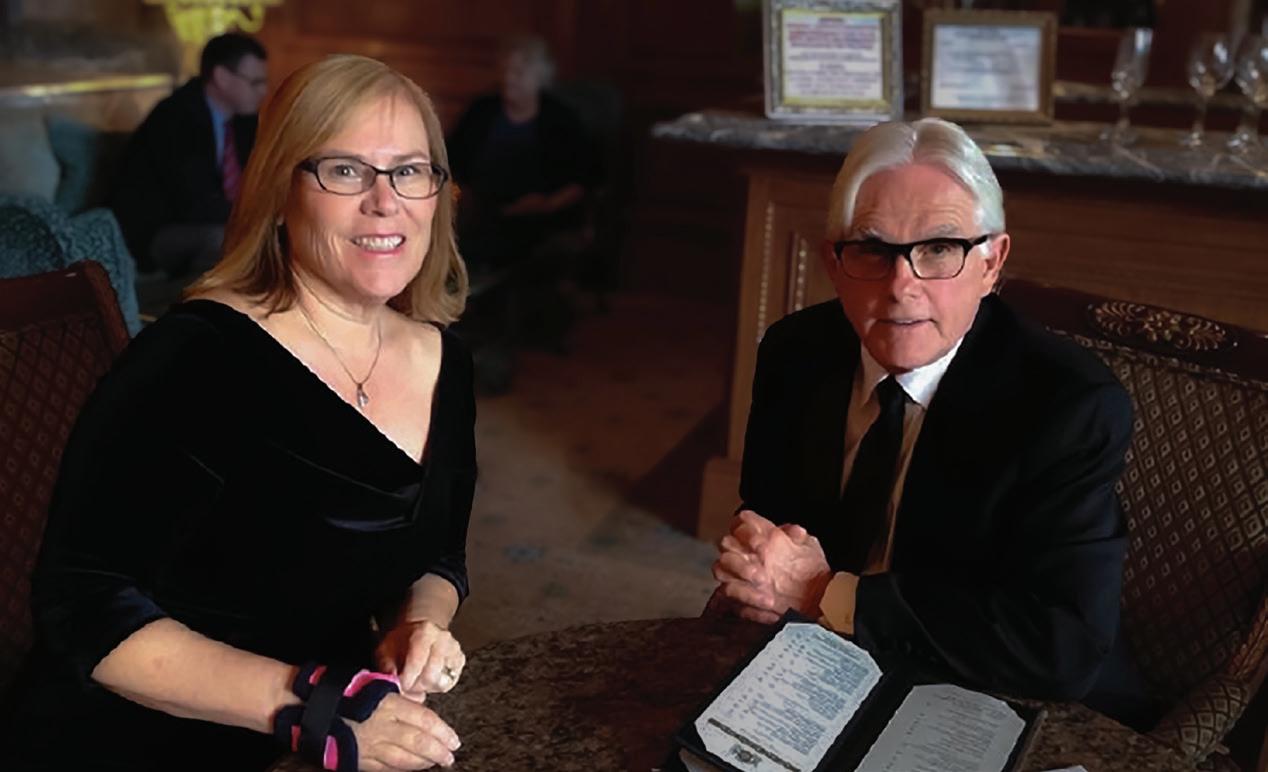
“The people who benefit from these scholarships need the money and need the help…I’ve been successful in my own life, and I wanted to give back to the university that has done so much for my family.”
Even though Lee Harline doesn’t have a degree from the David Eccles School of Business, the Eccles School and the University of Utah are a big part of his story. And, thanks to a generous legacy gift, Harline will be a big part of the Eccles School’s story for a long time to come.
Born in Salt Lake City and raised in Ogden, Harline came to the University of Utah as a pre-med student after serving with the Marine Corps in Vietnam. The pull was strong; his uncle, Osmond Harline, was head of business research at the U, and his cousin, LaVar Harline, taught accounting at the Eccles School. His father had also attended two years of medical school at the U.
But for Harline, it was too soon after his time in Vietnam to commit to college. He moved to Sun Valley and waited tables and worked other odd jobs before returning to college. He graduated from Weber State in 1985, earned an MBA at Pepperdine University in Los Angeles, and then went on to a successful 25-year career with AT&T in California. He also made a fortuitous investment in a little company called Apple in the mid-1990s.
Yet through all of it, Harline’s affinity stayed with the U and the Eccles School.
When Harline’s father turned 80 in 2000, the family established a scholarship in his name at the medical school. When his father died nine years later and Harline inherited some money, “I just didn’t feel like that money was for me,” he said. “I wanted to establish some scholarships.”
Harline and his wife, Michelle, established their first scholarship at the Eccles School around 2013. They have also committed half of their planned giving to the Eccles School and half to bolster the scholarship honoring Harline’s father at the medical school.
“The people who benefit from these scholarships need the money and need the help,” Harline said. “I’ve been successful in my own life, and I wanted to give back to the university that has done so much for my family.”
A planned gift in particular will help the Eccles School for many generations to come and, with no children of his own and no interest in his personal legacy, Harline is happy to contribute to the legacy of the school.
“In my opinion, there’s no better use of money than higher education for others,” he said. “An educated society is a better society.”
